Conflict Resolution and Peace Research
The Conflict Resolution and Peace Research Programme (CRPR) was a new programme created in March 2020 within the School of Conflict and Security Studies. Until February 2020, there was an exclusive Conflict Resolution Programme within the School and an International Peace Research Initiative (IPRI), as part of the International Strategic and Security Studies Programme (ISSSP).. Both were merged to form the new programme – CRPR. The programme has two primary pillars – Conflict Resolution and Peace Research.
On Conflict Resolution, the Programme attempts to pursue evidence-based research on individual conflicts and aims at a larger conceptualization of conflict. It studies the individual conflicts in-depth with the twin purpose of identifying elements that can be used to resolve them in achieving peace, as well as to further develop the overall understanding of conflicts and their resolutions. The process of engagement with conflicts takes a conceptual route to identify the issues and contenders of the conflict that otherwise remain inadequately addressed in most other platforms.
On Peace Research, the Programme aims at studying “peace” as a political process, with an objective to provide policy inputs to the State and the society. In particular, the Programme would research on “peace processes” across the world – their successes and failures. It tries to answer why these processes do not always end up in peace. In particular, it aims to study and find answers to the last mile problem in peace processes.
In terms of regions in studying conflicts and peace, the Programme has a special focus on the following: India’s Northeast; Left-wing affected areas, J&K, Sri Lanka, Myanmar, Pakistan and Afghanistan.
The Programme also believes in capacity building and disseminating of knowledge and practice about conflicts and peace processes with a larger objective to influence both popular perceptions and policies aimed at conflict resolution and achieving peace. It has a strong PhD programme as part of its capacity building programme, and a series of publications, where the Programme aims at disseminating its research findings. The programme publishes backgrounders, policy papers, issue briefs and short commentaries. In particular, a series of research backgrounders ranging from conflicts in the Northeast to the Maoist conflicts in India have been published offering substantial and critical knowledge on each of these.
Teaching on Conflict Resolution and Peace Research is an essential part of the Programme.
The Programme thus seeks to intervene in the knowledge about conflict and peace research in three major ways: research, teaching, and policy interventions.

Professor

Professor

DOCTORAL STUDENT

DOCTORAL STUDENT

DOCTORAL STUDENT

DOCTORAL STUDENT

DOCTORAL STUDENT

DOCTORAL STUDENT

DOCTORAL STUDENT
| Study on “Vulnerabilities and Political Aspects of Civil Society: Vulnerabilities and Volunteerism” During this academic year, the programme has completed and submitted the final report on a research project, ‘Natural Resources, Conflict and Consciousness: Dissecting People’s Movements in Odisha,’ funded by the Indian Council of Social Science Research (ICSSR) New Delhi. This study investigated people’s movements in Odisha around the issue of (un)fair distribution of natural resources. |
| Study on “Natural Resource Distribution, Conflict and Consciousness: Dissecting People’s Movement in Odisha” The Programme also worked on two book projects: Gandhi in Twenty-first Century: Ideas and Relevance and Varying Dimensions of India’s National Security: Emerging Perspectives. Both the books have been accepted by Springer Nature for publication.. The final report of the project is being written and it will be submitted by end of April 2020. |
| S&T in Conflict Studies The legacy of conflicts and their varying types in history from the ancient & medieval times continue to occur in present-day national, international (geopolitical) and regional (socio-political-economic) rifts. The interconnections of S&T components like GIS, ITeS, satellite technologies, equipment and instruments of conflict, communication technologies, and several others that directly or indirectly effect on germination, spread, and diffusion of conflict, are the area of work. |
| Maritime disputes and Conflicts Disputes in the maritime domain are as old as the history of the clash of civilizations. The earliest known disputes were mostly intermittent and short term. Geography, technology, law, and geopolitics play a decisive role in the protraction and settlement of such disputes. The higher consumption rate of the world due to an increased population, its dwindling natural resources, slow economic growth, environmental challenges, and several associated reasons are all hastening the approach towards the oceans for sustenance. This sustenance would require replenishment of its economic and consumable resources. The race to secure interests and resources from the maritime domain would become paramount. This would lead to competition and conflicts. Such competitive pursuits for resources would add to the legacy of (maritime) disputes from historical to concurrent sources to become the new raison d'être for (maritime) conflicts in the near future. The research here would focus on the old and new conflicts and their maritime dimensions to provide assessment and analysis. |
| Conflict Weekly Conflict Weekly is an academic endeavor to track, interpret and analyze conflicts and peace processes across the world with a special emphasis on South Asia. Conflict Weekly brings to the research community every Wednesday as a weekly alert of events, updates, and analyses on potential and ongoing peace processes and conflicts in the world. In 2020, the Conflict Weekly initiative was supported by the Global Partnership for the Prevention of Armed Conflict (GPPAC). From April 2021, IPRI partnered with the Konrad-Adenauer-Stiftung (KAS). The Conflict Weekly is, currently, published as a joint initiative by the IPRI at NIAS and the Konrad-Adenauer-Foundation (KAS) India Office. |
| Abortions, Legislations and Gender Protests On 8 February 2021, scholars from NIAS took part in a series “Abortions, Legislations and Gender Protests” as part of the Global Politics, Young Voices workshop. The presentations included case studies of Honduras, Argentina, Poland, and Thailand that identified three trends across the geographical boundaries. The workshop produced a set of commentaries on the same. |
| Conflicts around the World Marking the publication of the 50th edition of the Conflict Weekly, the IPRI) organised a young scholars’ workshop to analyse the top conflicts in 2020 from different regions in the world. The workshop aimed to provide an insight on the conflicts and peace trails through 2020 into 2021. The workshop’s outcome included a set of commentaries on different conflicts.. |
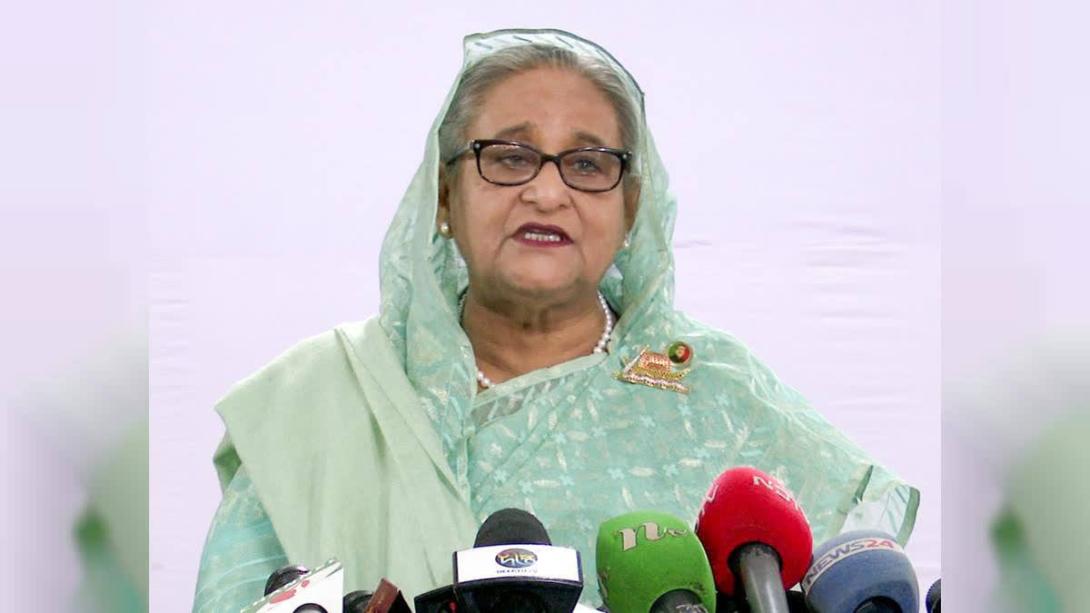
|
Anshuman Behera Associate Professor, Conflict Resolution and Peace Research Programme Reasoning the Political Crisis in Bangladesh https://www.etvbharat.com/en/!opinion/reasoning-the-political-crisis-in-bangladesh-enn24081304046 ETV Bharat |
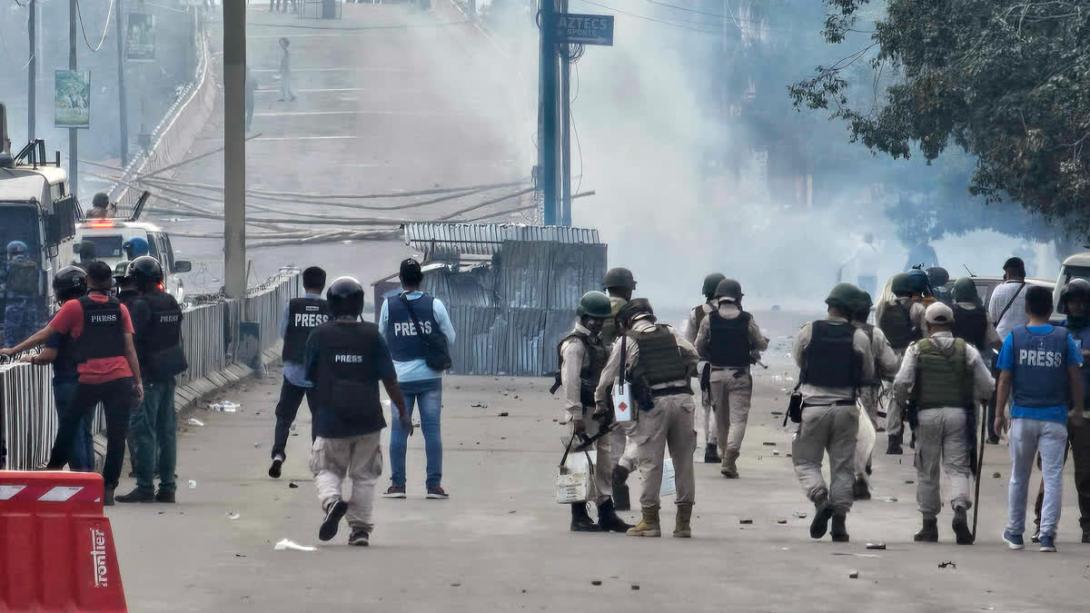
|
Anshuman Behera Associate Professor, Conflict Resolution and Peace Research Programme Ethnic Violence in Manipur: The Failure of State and Society https://www.etvbharat.com/en/!opinion/ethnic-violence-in-manipur-the-failure-of-state-and-society-enn24092104918 ETV Bharat |
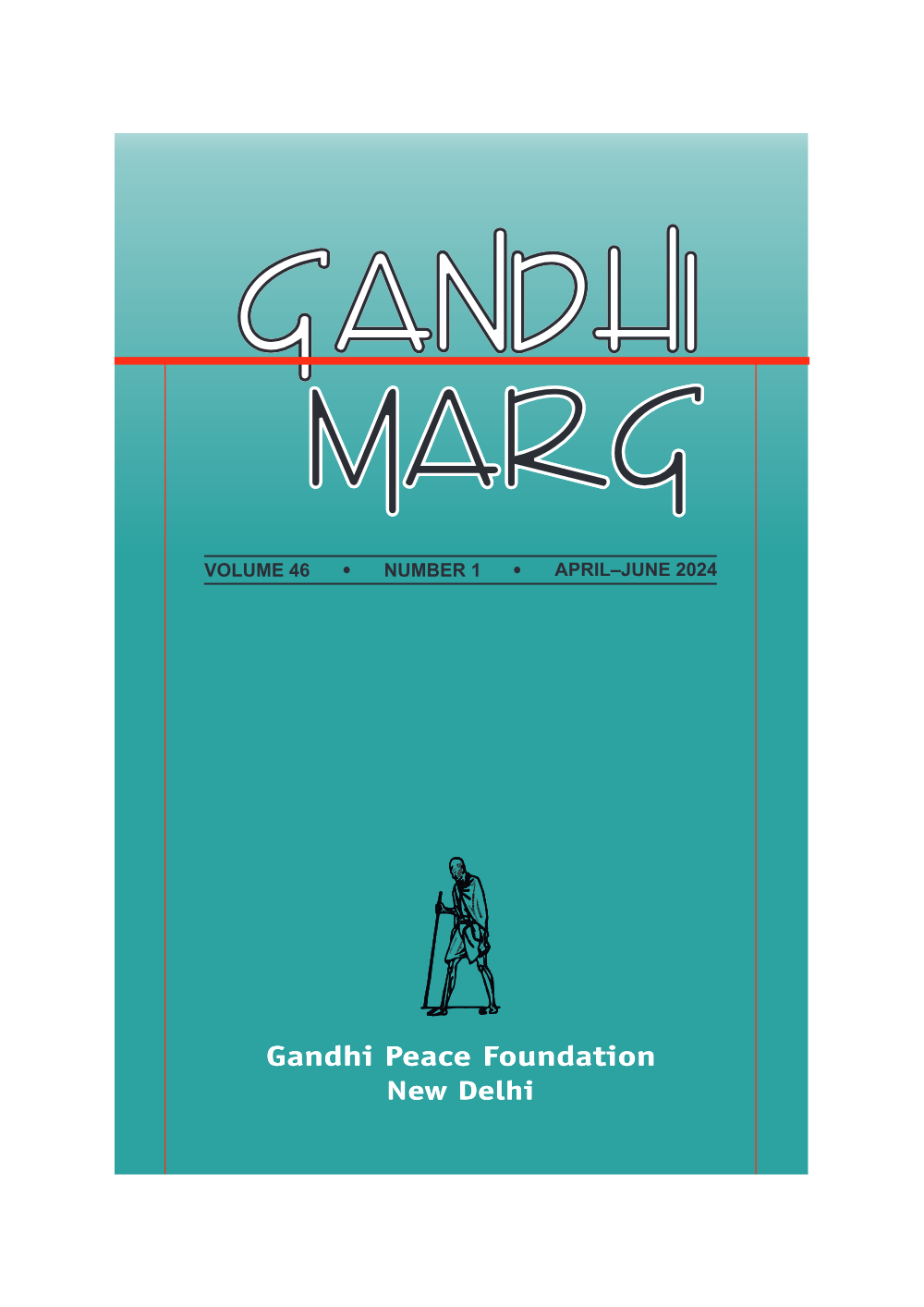
|
Anshuman Behera Associate Professor, Conflict Resolution and Peace Research Programme Peaceful Resolution of Ethnic Conflicts: The Relevance of Gandhian Fraternity and Participatory Democracy https://gandhimargjournal.org/2024/09/08/volume-46-issue-1-april-june-2024/ Gandhi Marg Quarterly. 46(1). April-June, 2024. 131-152. |
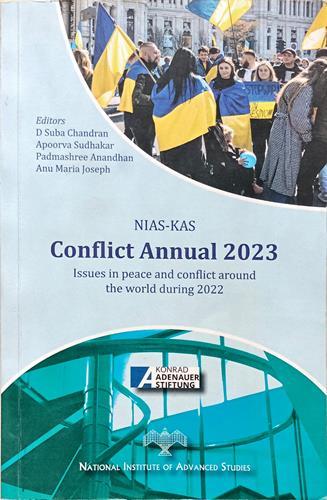
|
D Suba Chandran Conflict Annual 2023 Co-Authored with Apoorva Sudhakar, Padmashree Anandhan and Anu Maria Joseph, NIAS Bengaluru |

|
Hrudaya Chandana K Insurgency versus Democracy: The Violent Clash of Ideas between the Maoists and the Indian State https://www.taylorfrancis.com/chapters/edit/10.4324/9781003461975-2/insurgency-versus-democracy-hrudaya-kamasani?context=ubx&refId=42946001-e0ee-4bef… In Anshuman Behera (Ed) Maoist Insurgency, State and People: Overlooked Issues and Unaddressed Grievances. London. Routledge. |
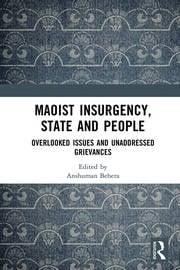
|
Anshuman Behera Maoist Conflict in India: A Critique of State Response https://www.taylorfrancis.com/chapters/edit/10.4324/9781003461975-13/maoist-conflict-india-anshuman-behera?context=ubx In Anshuman Behera (Ed) Maoist Insurgency, State and People: Overlooked Issues and Unaddressed Grievances. London. Routledge. |
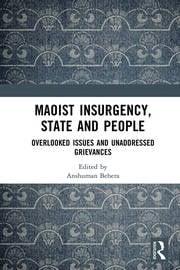
|
Anshuman Behera Manufacturing Threat: Reality and Rhetoric of Urban Maoism in India https://www.taylorfrancis.com/chapters/edit/10.4324/9781003461975-3/manufacturing-threat-anshuman-behera?context=ubx In Anshuman Behera (Ed) Maoist Insurgency, State and People: Overlooked Issues and Unaddressed Grievances. London. Routledge |
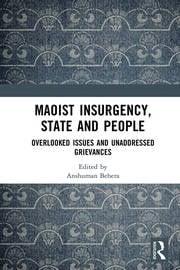
|
Anshuman Behera Ideas and Ideology of Maoist Insurgency in India: An Introduction https://www.taylorfrancis.com/chapters/edit/10.4324/9781003461975-1/ideas-ideology-maoist-insurgency-india-anshuman-behera?context=ubx&refId=ced35a30… In Anshuman Behera (Ed) Maoist Insurgency, State and People: Overlooked Issues and Unaddressed Grievances. London. Routledge |

|
Anshuman Behera Maoist Insurgency, State and People: Overlooked Issues and Unaddressed Grievances https://www.taylorfrancis.com/books/edit/10.4324/9781003461975/maoist-insurgency-state-people-anshuman-behera London: Routledge India, eBook ISBN-9781003461975 pp.256 |
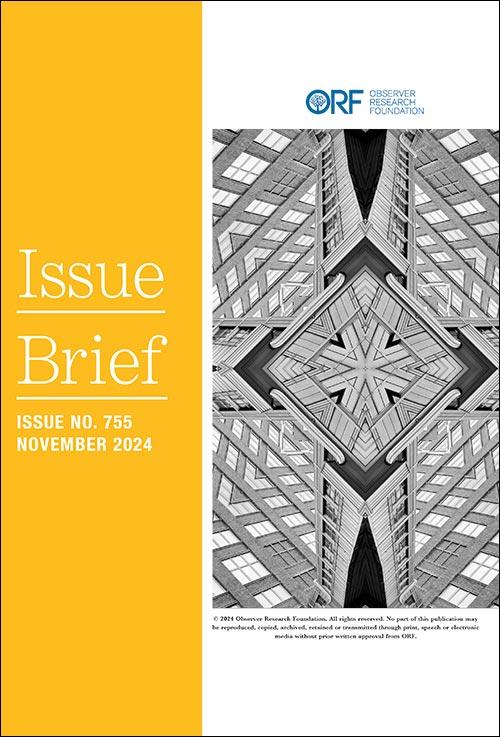
|
Anshuman Behera The Social and Political Dimensions of Ethnic Conflicts in Manipur https://www.orfonline.org/research/the-social-and-political-dimensions-of-ethnic-conflicts-in-manipur/ Issue Brief Number 671, Observer Research Foundation, New Delhi. November 2023 |

|
Permanent Court of Arbitration https://academic.oup.com/yielaw/advance-article-abstract/doi/10.1093/yiel/yvad049/7284429?utm_source=advanceaccess&utm_campaign=yielaw&utm_medium=ema… Yearbook of International Environmental Law, 2023, 00, 1–4 (Oxford: OUP) The PCA has modern and multifaceted institutional mechanisms to settle international disputes in a peaceful manner. The Optional Rules for Arbitration of disputes Relating to |
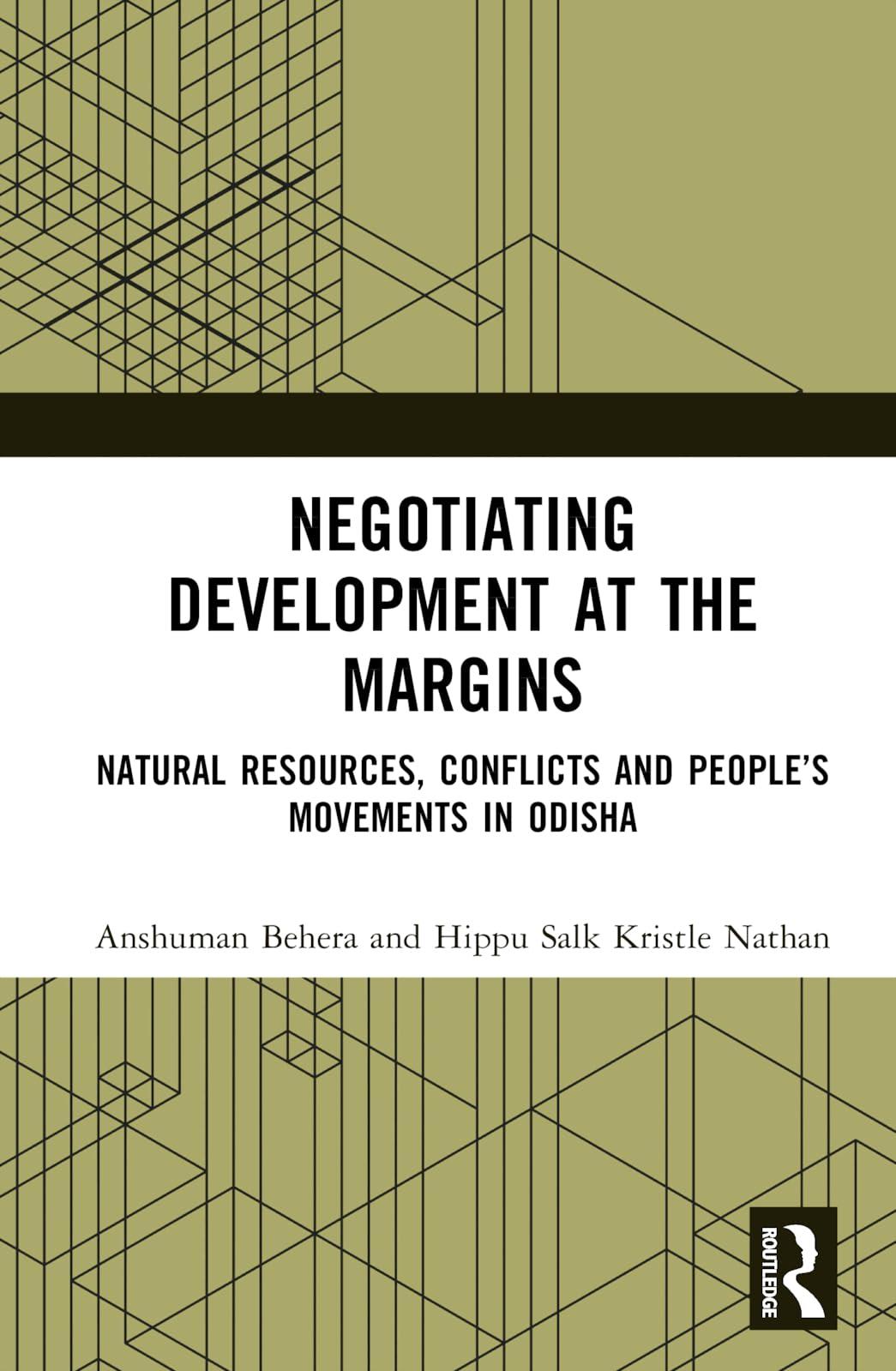
|
Anshuman Behera Negotiating Development at the Margins: Natural Resources, Conflicts, and People’s Movements in Odisha https://www.routledge.com/Negotiating-Development-at-the-Margins-Natural-Resources-Conflicts-and/Behera-Nathan/p/book/9781032425245 Co-Authored with Hippu Salk Kristle Nathan. London, Routledge. ISBN 9781032425245 This book critically examines various facets of conflicts between people and the State arising due to the uneven distribution of natural resources. It provides an overview of the people’s movements in Odisha, a resource-rich state in eastern India, reflecting on the conceptual frameworks of conflict, violence and the struggle for rights and resources, and analyses the public policies around natural resources, alongside local strategies and governance. Drawing from extensive field surveys in the villages of undivided Koraput and Kalahandi districts in Odisha, this volume explores the socio-political and economical aspects of people’s movements instead of solely viewing them as political and security threats. The authors demonstrate the misappropriations of these movements both by the state and non-state actors for their vested interests. This book offers recommendations for policymakers to draw up a more ready response to mitigate and minimize the conflict and violence and implement equitable policies around land and resources. The volume will be an indispensable read for researchers and students of social history, social reform, tribal and indigenous studies, postcolonial studies, exclusion studies, development studies, political sociology, and South Asian Studies. |
| Devansh Agrawal One China Policy and Absence of the Rule of Law: A brief look into the mistreatment of Tibetan refugees in Nepal https://cms.nias.res.in/sites/default/filesefs/2022-12/2212-CRPR-IssueBrief-Nepal-TibetRefugees-Devansh.pdf NIAS IPRI Brief No. 27, December 2022, NIAS/CSS/CRPR/U/IB/24/2022 The mistreatment of the Tibetan community in Nepal needs to be viewed within the framework of the Nepalese government prioritising developmental benefits from China over rule of law and an effective human rights regime in Nepal. This has implications for potential domestic civil unrest and deterioration of diplomatic relations, which could destabilise Nepal’s fragile political institutions and economy |
|
| Bibhu Prasad Routray Another Peace Accord in India’s Northeast: A review of the new agreement between New Delhi, the Assam government and Adivasi insurgent groups https://cms.nias.res.in/sites/default/filesefs/2022-12/2212-CRPR-IssueBrief-Northeast-BibhuPrasad.pdf NIAS IPRI Brief No. 27, December 2022, NIAS/CSS/CRPR/U/IB/24/2022 The tripartite agreement between New Delhi, the Assam government, and eight Adivasi insurgent groups will only perpetuate negative peace in the region, leaving little space for positive peace |
|

|
D Suba Chandran Professor and Dean, Conflict Resolution and Peace Research Programme Why Kargil ? Pakistan's Objectives and Motivations In: Maj. Gen. Ashok Krishna and P R Chari eds., Kargil: Tables Turned (New Delhi: Manohar Publishers) 2001 pp. 23-38 |
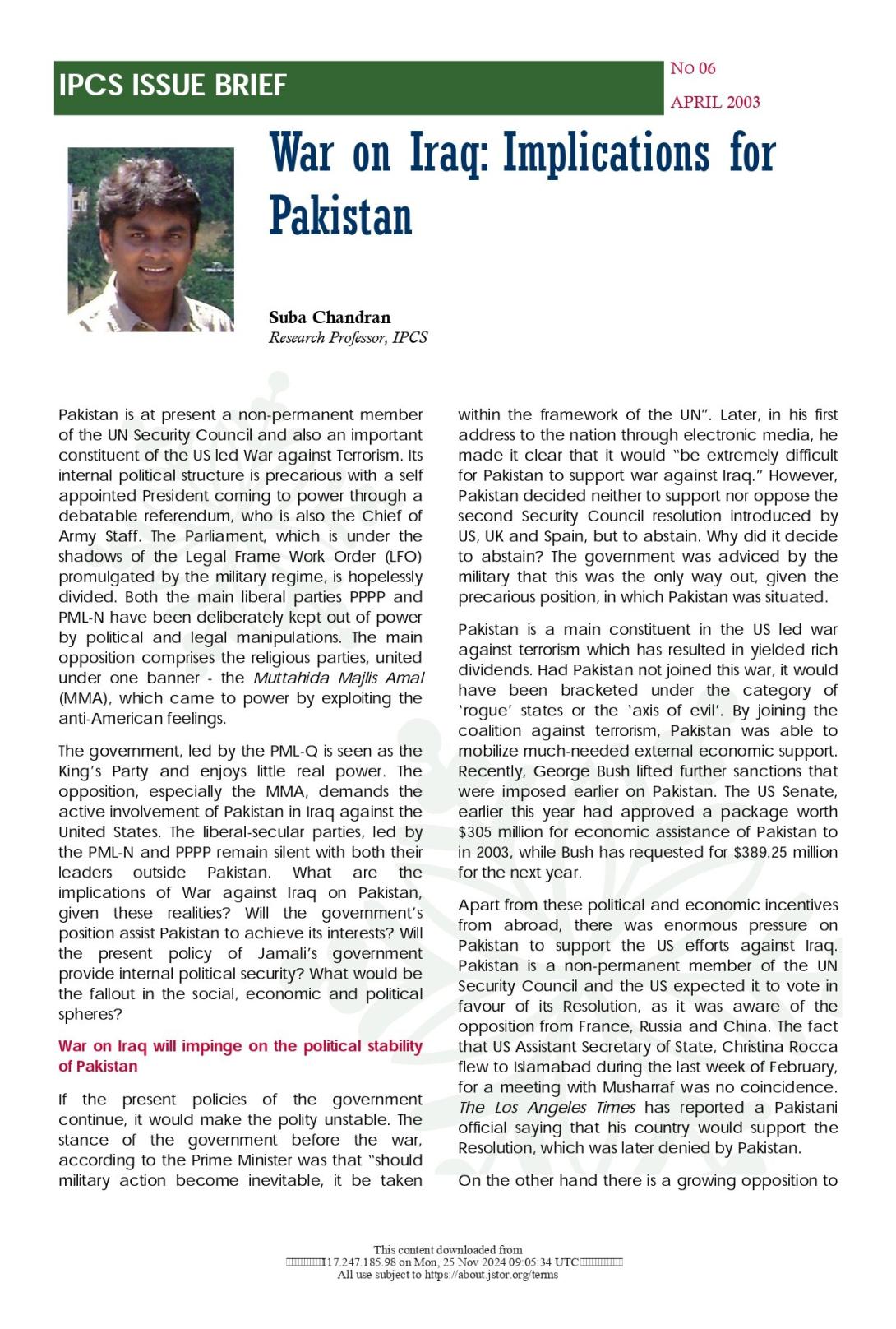
|
D Suba Chandran Professor and Dean, Conflict Resolution and Peace Research Programme War on Iraq: Implications for Pakistan https://www.jstor.org/stable/resrep09235 IPCS Issue Brief #6 |
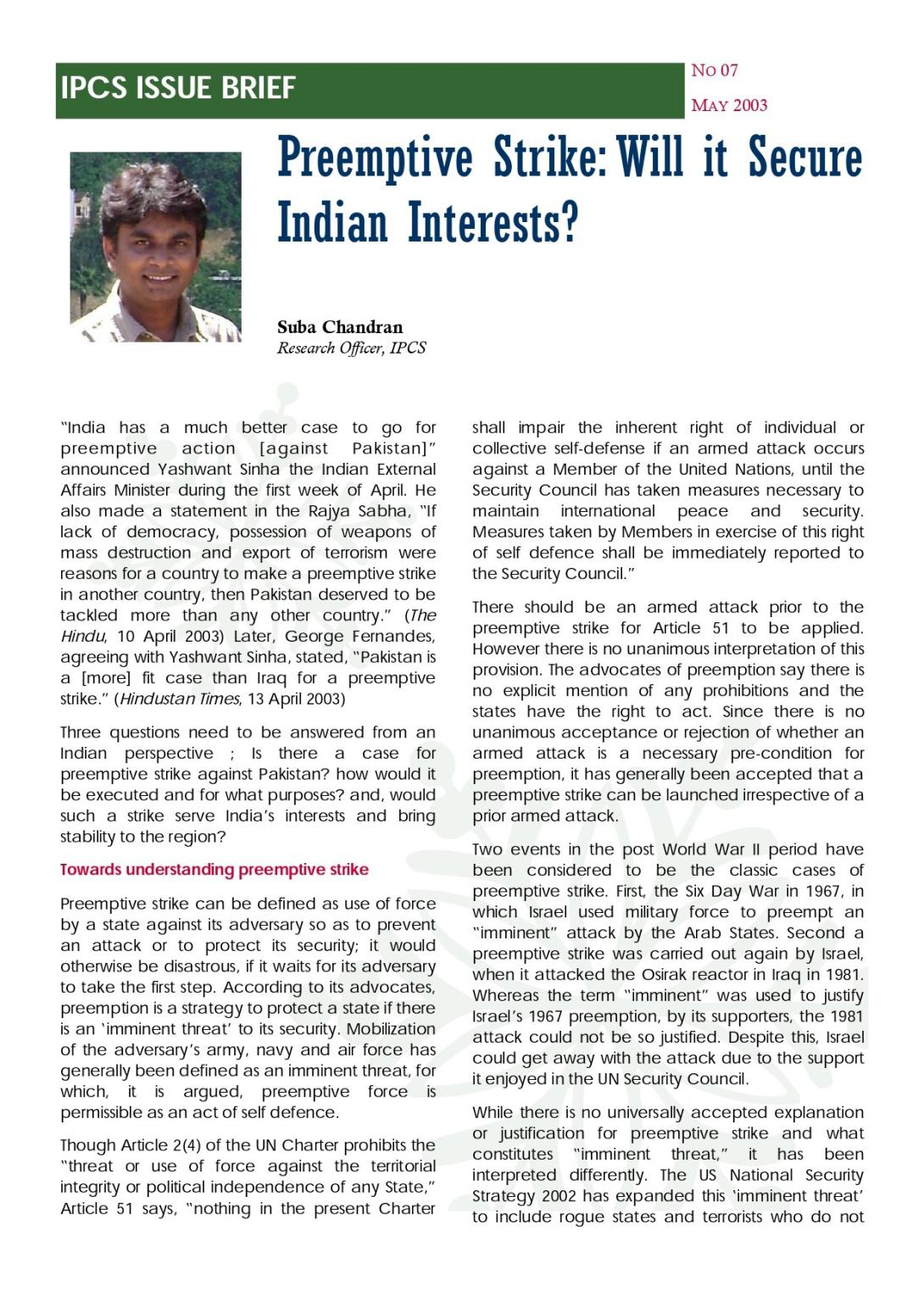
|
D Suba Chandran Professor and Dean, Conflict Resolution and Peace Research Programme Preemptive Strike: Will it Secure Indian Interests? http://www.ipcs.org/issue_briefs/issue_brief_pdf/IB07-SubaChandran-PreemptiveStrike.pdf IPCS Issue Brief #7 |
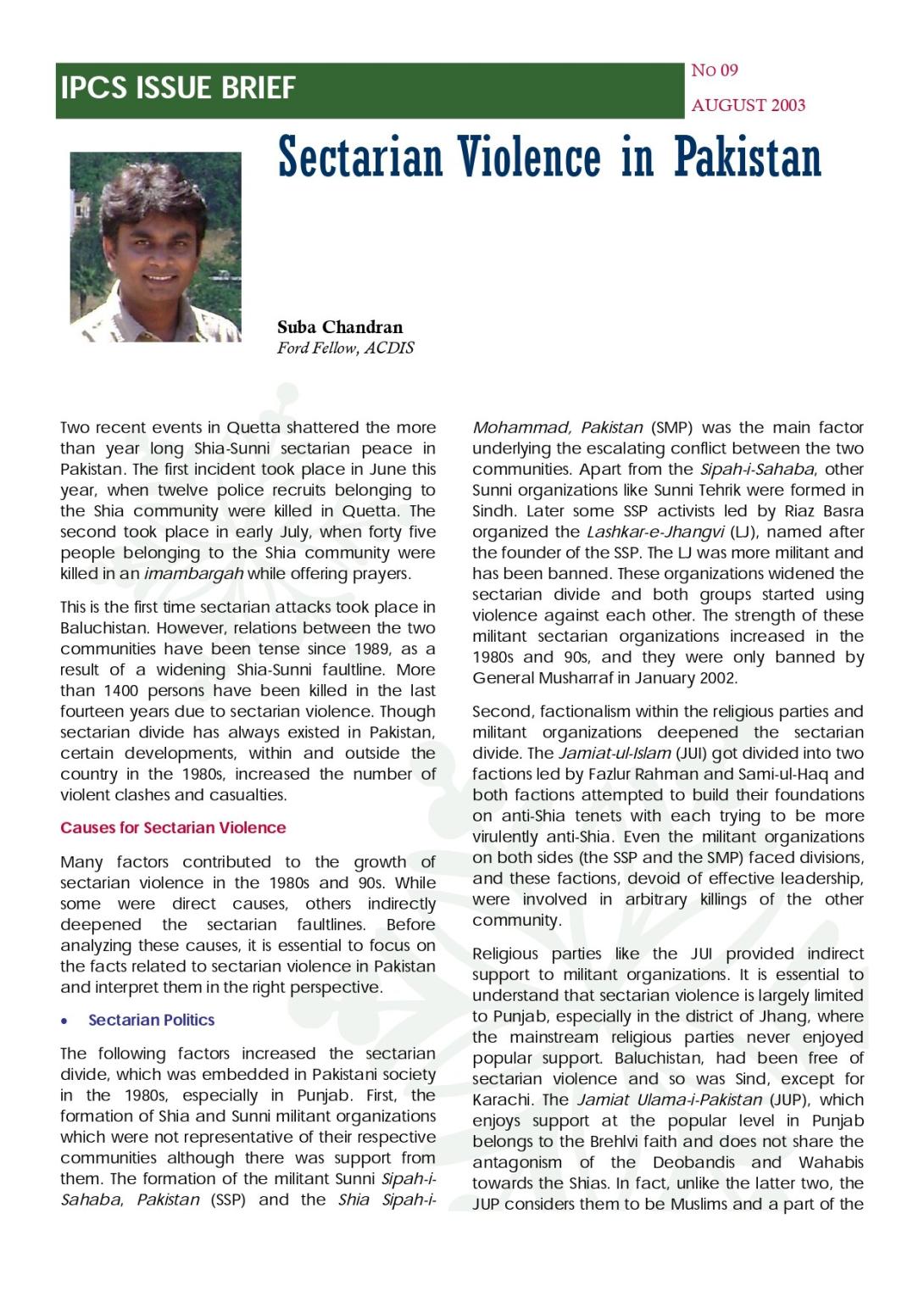
|
D Suba Chandran Professor and Dean, Conflict Resolution and Peace Research Programme Sectarian Violence in Pakistan http://www.ipcs.org/issue_briefs/issue_brief_pdf/1614934887IB09-SubaChandran-SectarianViolencePak.pdf IPCS Issue Brief #9 |

|
D Suba Chandran Professor and Dean, Conflict Resolution and Peace Research Programme Madrassas in Pakistan http://www.ipcs.org/comm_select.php?articleNo=314 IPCS Issue Brief #11 |
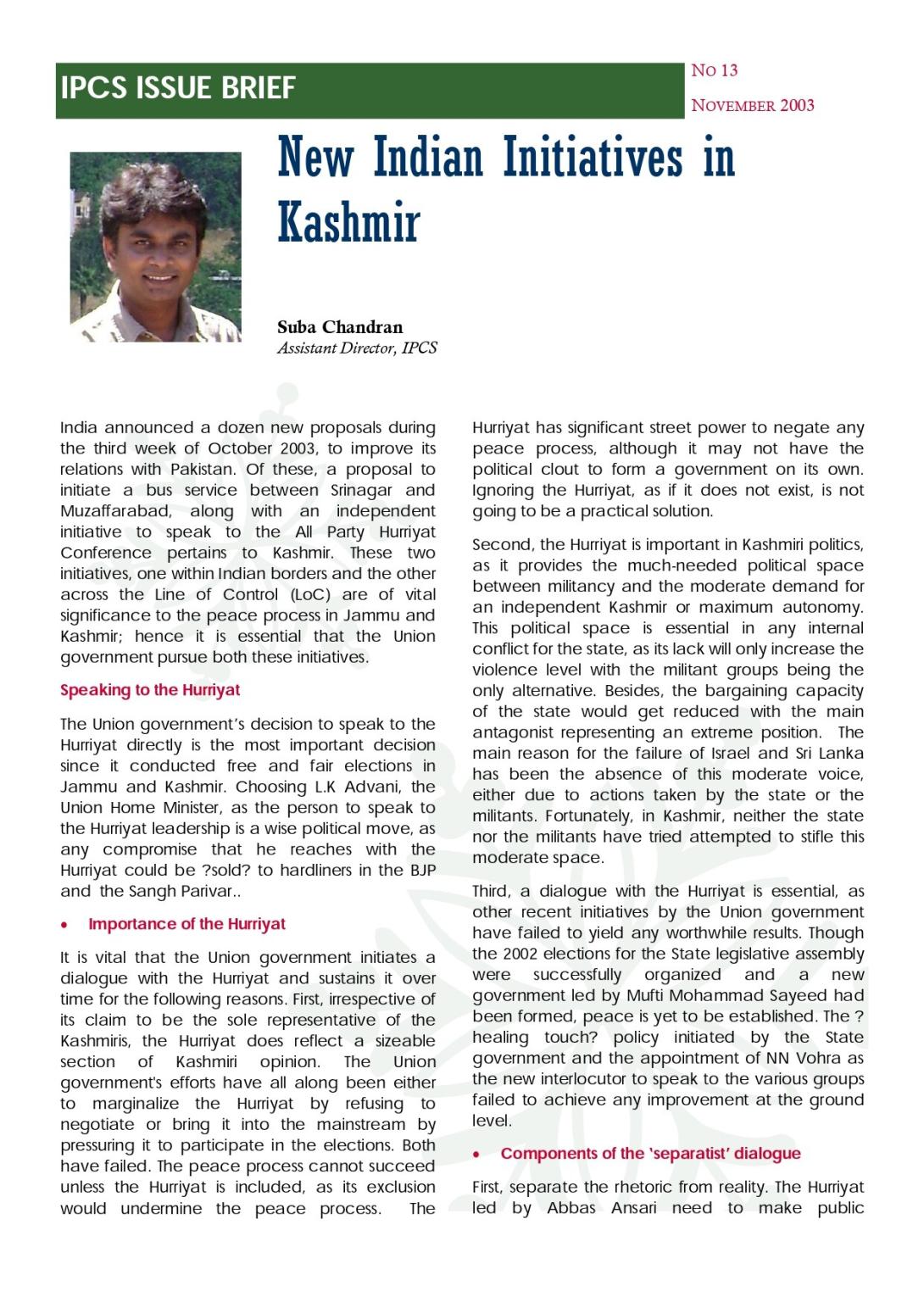
|
D Suba Chandran Professor and Dean, Conflict Resolution and Peace Research Programme New Indian Initiatives in Kashmir http://www.ipcs.org/issue_briefs/issue_brief_pdf/1787371857IB13-SubaChandran-NewIndianInitiativesInKashmir.pdf IPCS Issue Brief #13 |

|
D Suba Chandran Professor and Dean, Conflict Resolution and Peace Research Programme Monitoring an Active Border: A Case for Neutral Observers Swords and Ploughshares, 25, no.3, pp.3-5 |

|
D Suba Chandran co-authored Professor and Dean, Conflict Resolution and Peace Research Programme Cricket as a CBM towards Kashmir (Co-authored) Mainstream, Vol XLII, No.27, pp.9-10 |
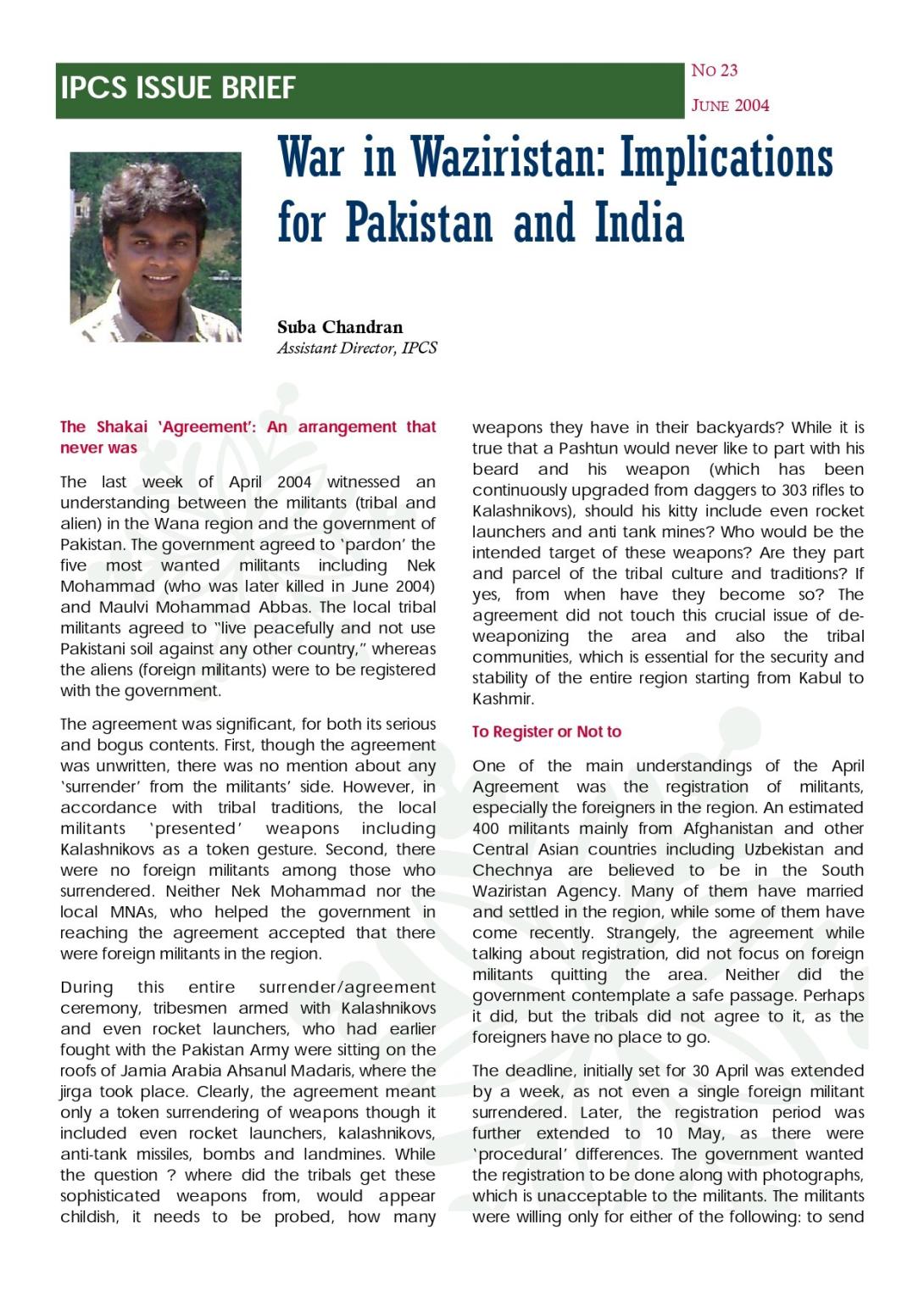
|
D Suba Chandran Professor and Dean, Conflict Resolution and Peace Research Programme War in Waziristan: Implications for Pakistan and India http://www.ipcs.org/issue_briefs/issue_brief_pdf/58746532IB23-SubaChandran-WarInWaziristan2.pdf IPCS Issue Brief #23 |

|
D Suba Chandran Professor and Dean, Conflict Resolution and Peace Research Programme Jammu and Kashmir: A Political Road Map for India Trishul, Vol.27, no.1, pp.24-33 |
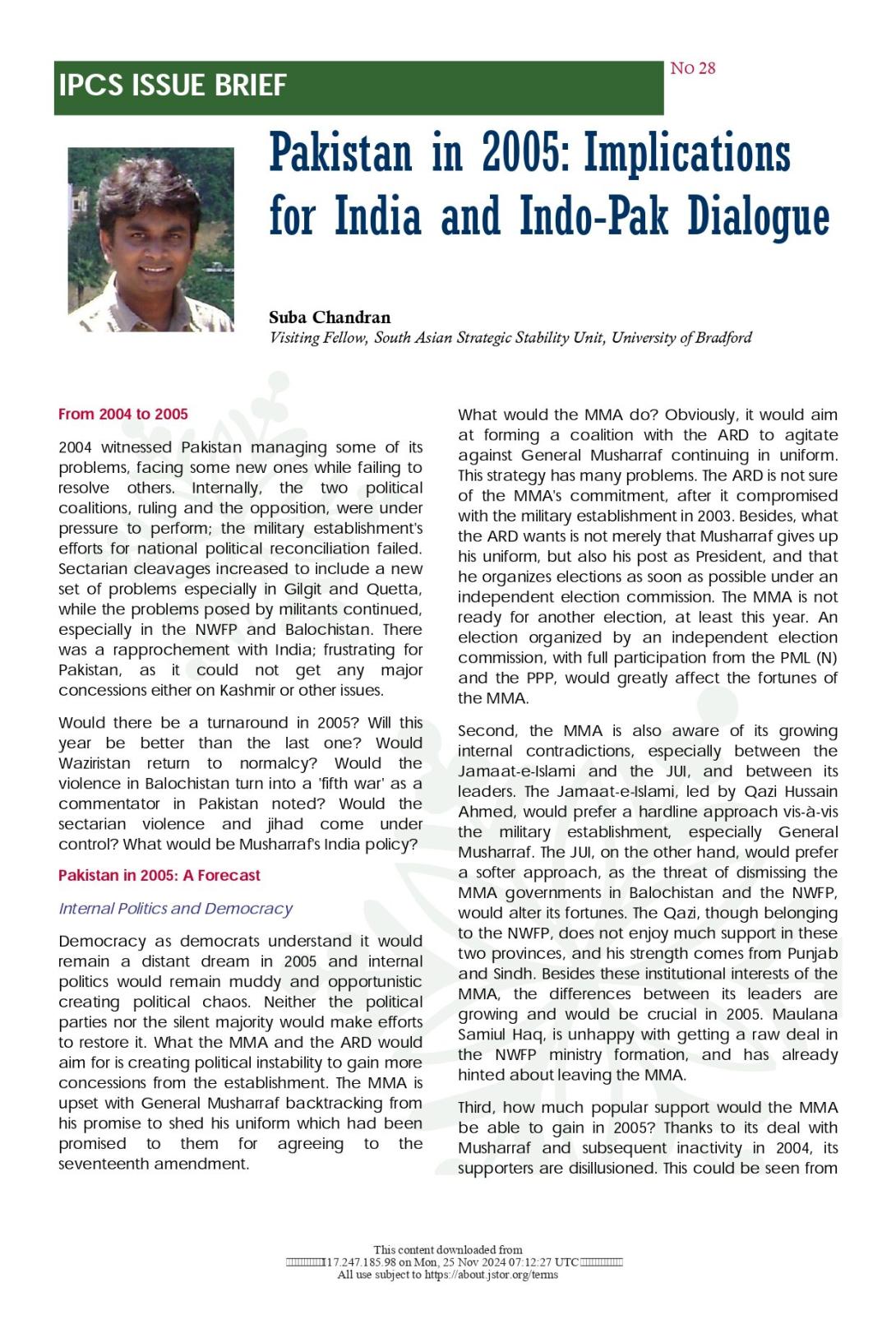
|
D Suba Chandran Professor and Dean, Conflict Resolution and Peace Research Programme Pakistan in 2005: Implications for India and Indo-Pak Dialogue https://www.jstor.org/stable/resrep09149 IPCS Issue Brief #28 |

|
D Suba Chandran Professor and Dean, Conflict Resolution and Peace Research Programme Is the Conflict Transforming in J&K: Preparing for a new Beginning Mainstream, Vol. XLII, No.34, pp.42-45 |
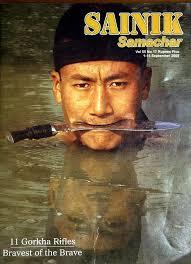
|
D Suba Chandran Professor and Dean, Conflict Resolution and Peace Research Programme Indo-US Nuclear Agreement: Issues and Implications Sainik Samachar, Vol. 52, No.17, pp.2-3 |

|
D Suba Chandran Professor and Dean, Conflict Resolution and Peace Research Programme Rajouri: Seeds of a Silent Revolution https://www.epw.in/journal/2006/27-28/commentary/rajouri-seeds-silent-revolution.html Economic and Political Weekly, pp. 2979-80 |
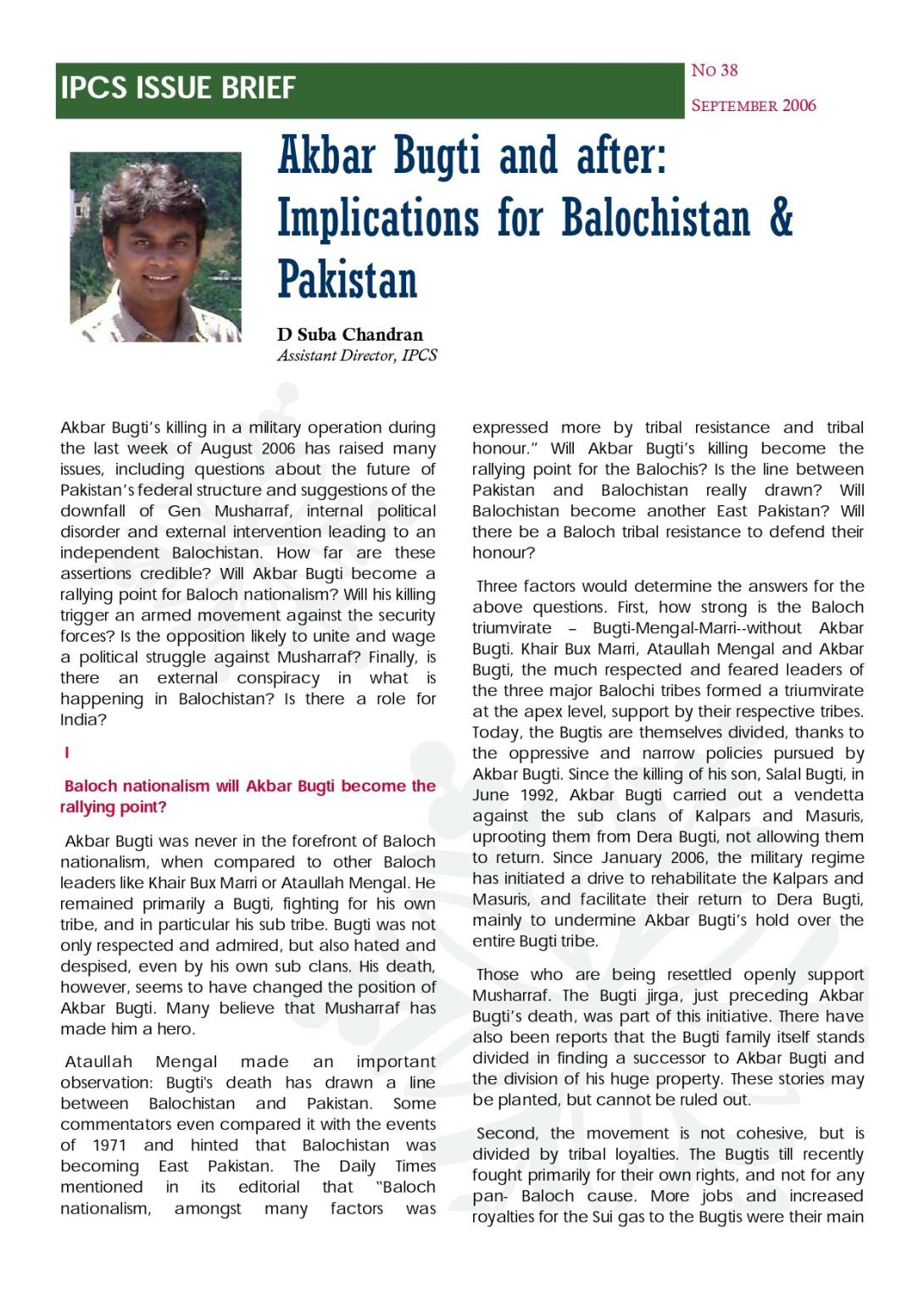
|
D Suba Chandran Professor and Dean, Conflict Resolution and Peace Research Programme Akbar Bugti and After: Implications for Balochistan and Pakistan http://www.ipcs.org/issue_briefs/issue_brief_pdf/570326138IB38-SubaChandran-AkbarBugtiAndAfter.pdf IPCS Issue Brief #38 |

|
D Suba Chandran Professor and Dean, Conflict Resolution and Peace Research Programme Pakistan in 2007: Year of Elections and Confusion Agni, Vol.9, No.4, pp.12-26 |
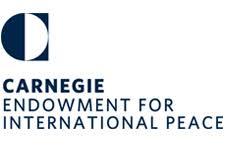
|
D Suba Chandran Professor and Dean, Conflict Resolution and Peace Research Programme India's Strategic Vision" in Bridging Strategic Asia: The United States, Japan, and India https://csis-website-prod.s3.amazonaws.com/s3fs-public/090201_bsa_chandran.pdf CSIS |

|
D Suba Chandran Professor and Dean, Conflict Resolution and Peace Research Programme J&K as Land of Contact Epilogue, pp.14-22 |

|
D Suba Chandran Professor and Dean, Conflict Resolution and Peace Research Programme Reconnecting Ladakh & Reviving the Silk Route Epilogue, pp.11-15 |
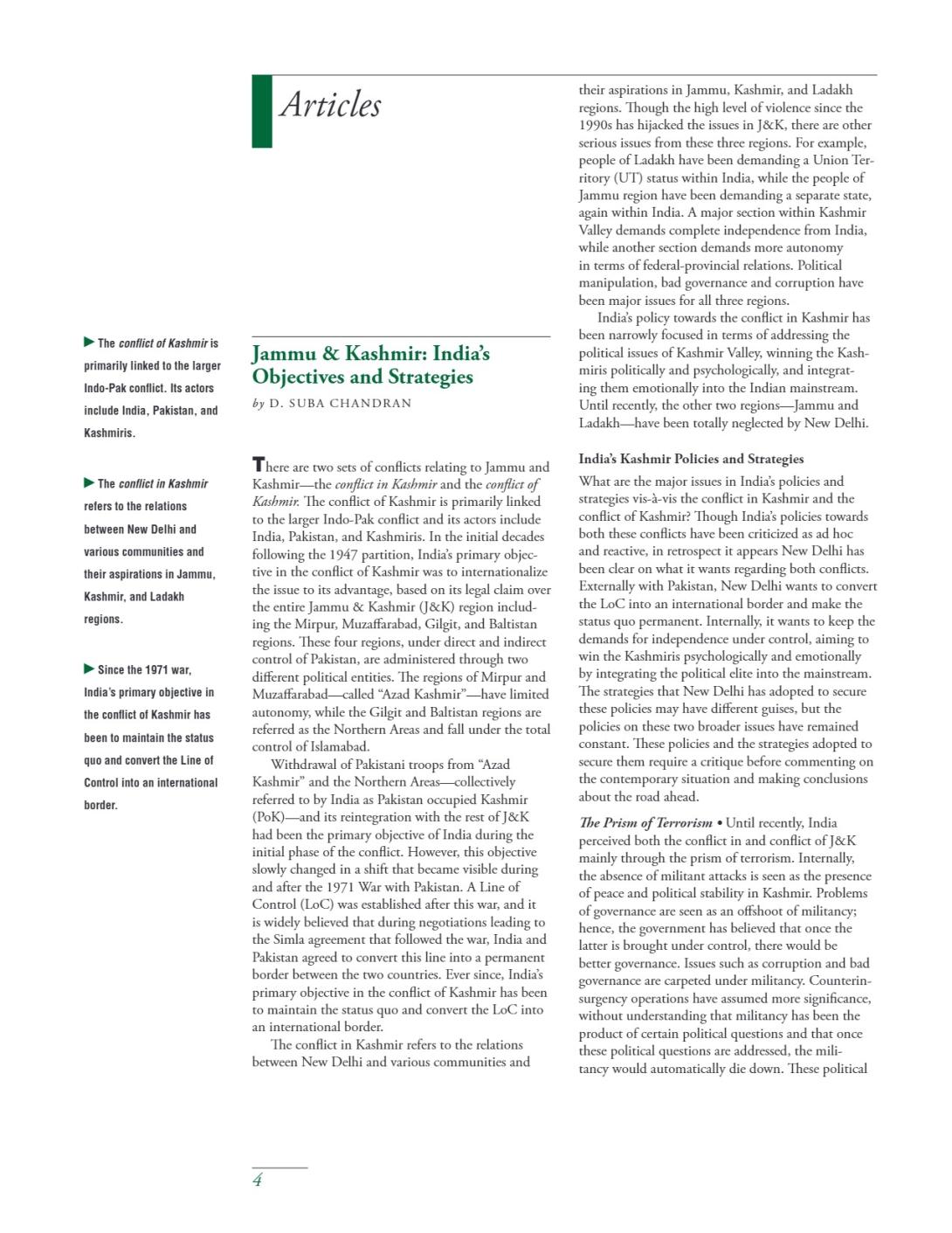
|
D Suba Chandran Professor and Dean, Conflict Resolution and Peace Research Programme Jammu & Kashmir: India's Objectives and Strategies https://www.ideals.illinois.edu/items/15523 Swords and Ploughshares, vol. XVI, no. 1, pp. 4-7 |
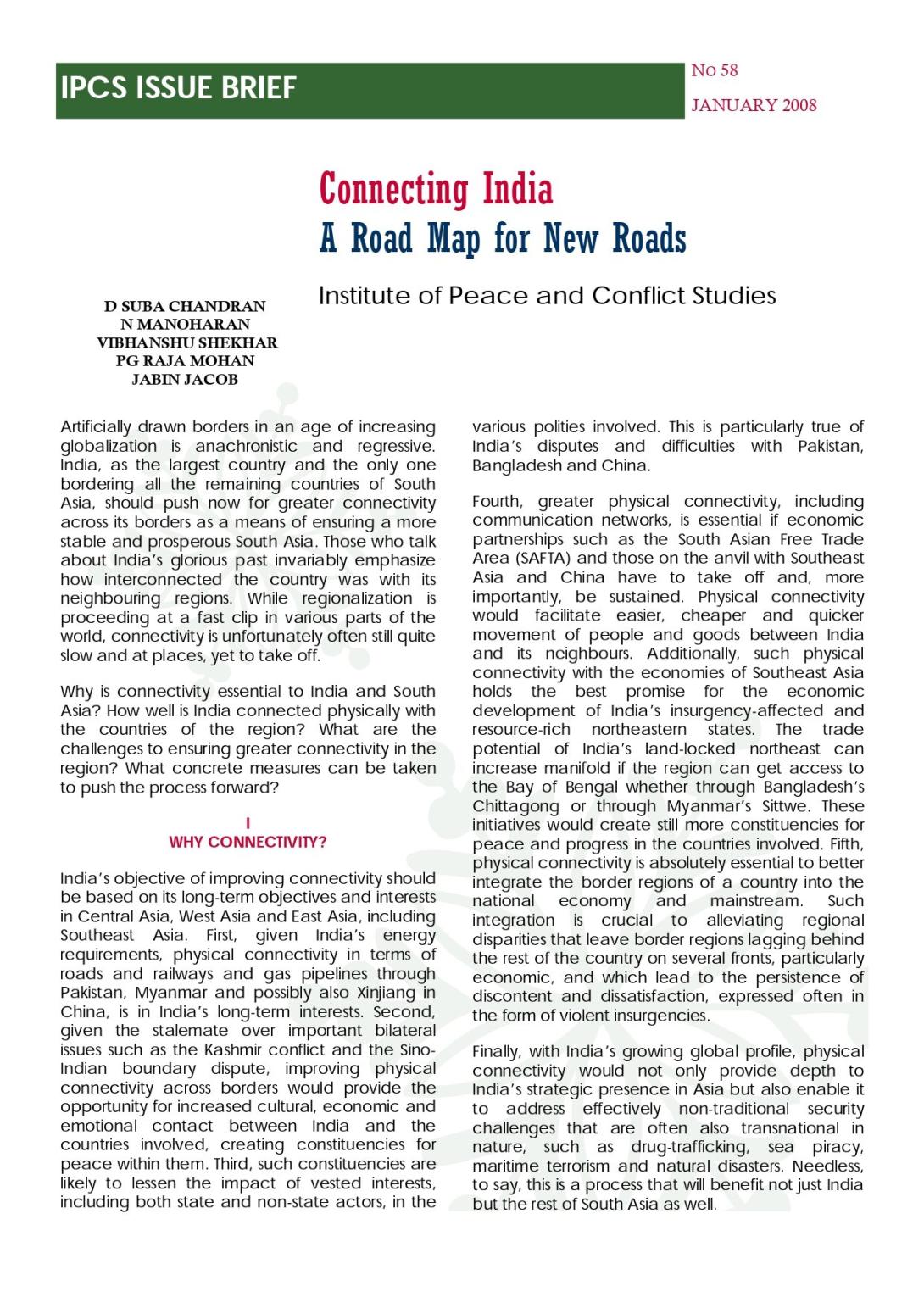
|
D Suba Chandran co-authored Professor and Dean, Conflict Resolution and Peace Research Programme Connecting India: A Road Map for New Roads http://www.ipcs.org/issue_briefs/issue_brief_pdf/1864780096IPCS-IssueBrief-No58.pdf Co-authored with N Manoharan Vibhanshu Shekhar, PG Raja Mohan, Jabin Jacob. IPCS Issue Brief #58 |
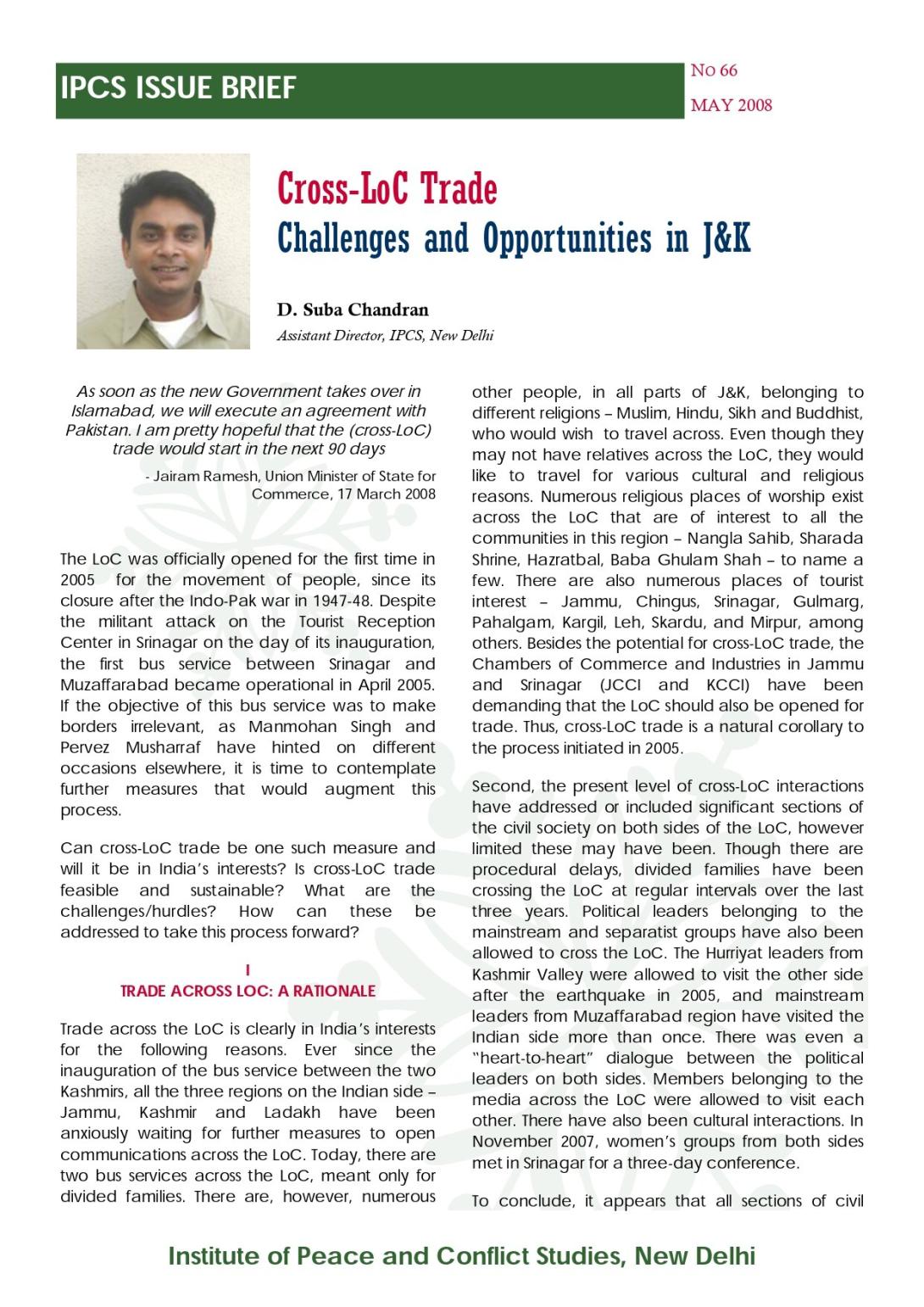
|
D Suba Chandran Professor and Dean, Conflict Resolution and Peace Research Programme Cross-LoC Trade: Challenges and Opportunities in J&K http://www.ipcs.org/issue_briefs/issue_brief_pdf/946108800IPCS-IssueBrief-No66.pdf IPCS Issue Brief #66 |

|
D Suba Chandran Professor and Dean, Conflict Resolution and Peace Research Programme Ten Years After Chagai IPCS Issue Brief |
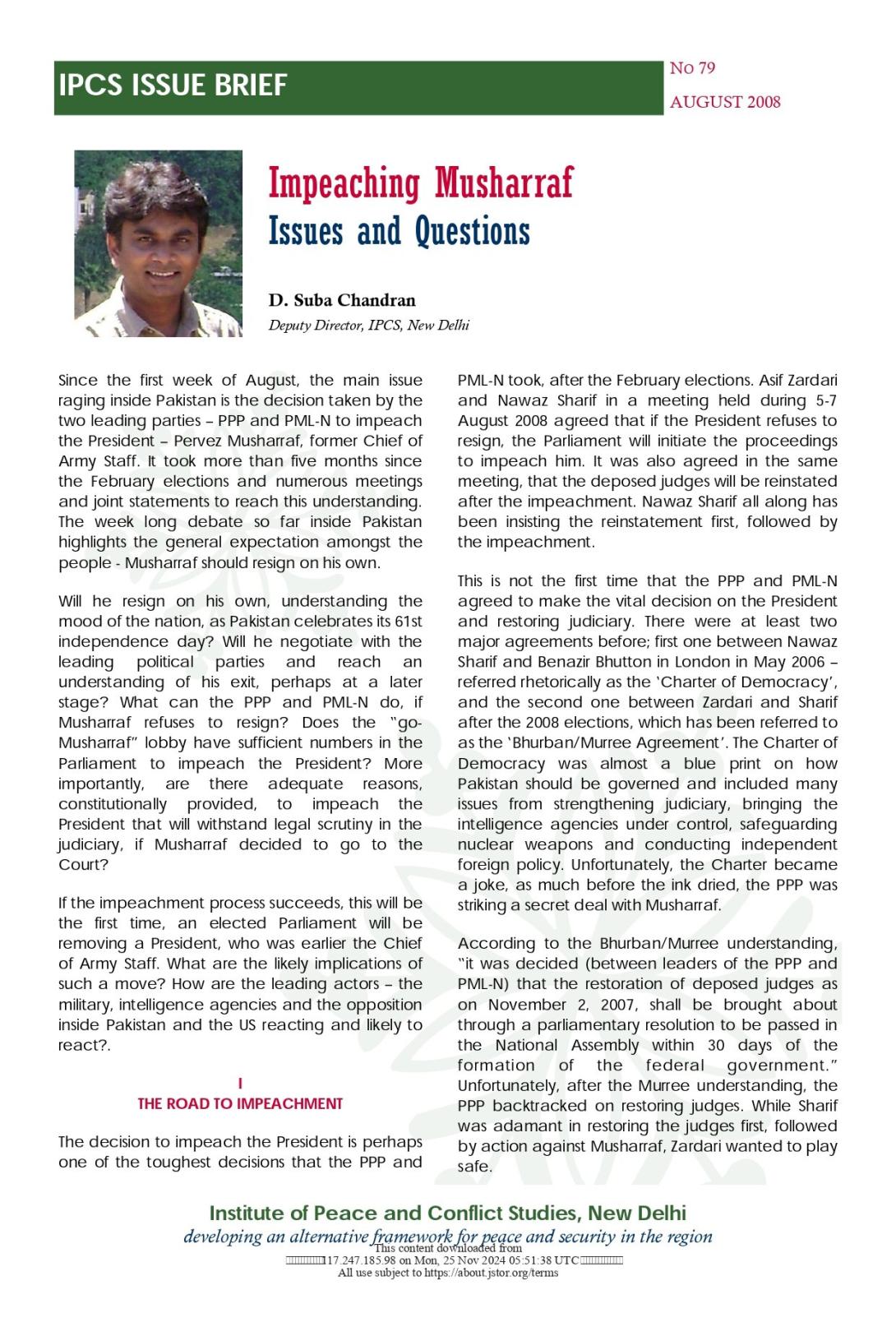
|
D Suba Chandran Professor and Dean, Conflict Resolution and Peace Research Programme Impeaching Musharraf: Issues and Questions https://www.jstor.org/stable/resrep09077 |

|
D Suba Chandran Professor and Dean, Conflict Resolution and Peace Research Programme Sectarian Violence in Pakistan’s Kurram Agency https://www.durham.ac.uk/media/durham-university/research-/research-centres/pakistan-security-research-unit/papers-and-briefings-pdfs/psru-papers-and… PSRU Brief #40 |
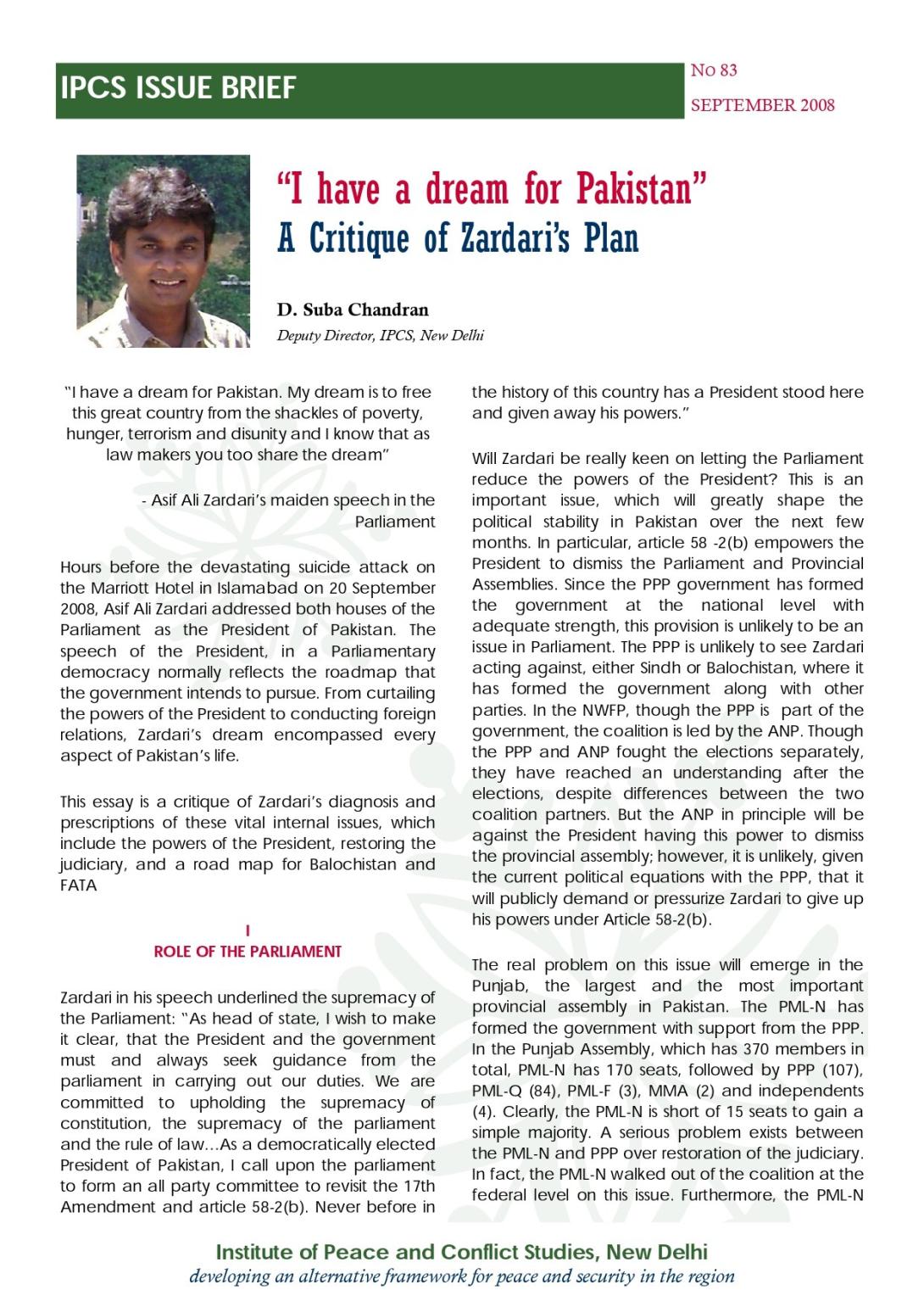
|
D Suba Chandran Professor and Dean, Conflict Resolution and Peace Research Programme "I have a dream for Pakistan”: A Critique of Zardari’s Plan http://www.ipcs.org/issue_briefs/issue_brief_pdf/312164284IB83-Suba-Zardari.pdf IPCS Issue Brief #83 |
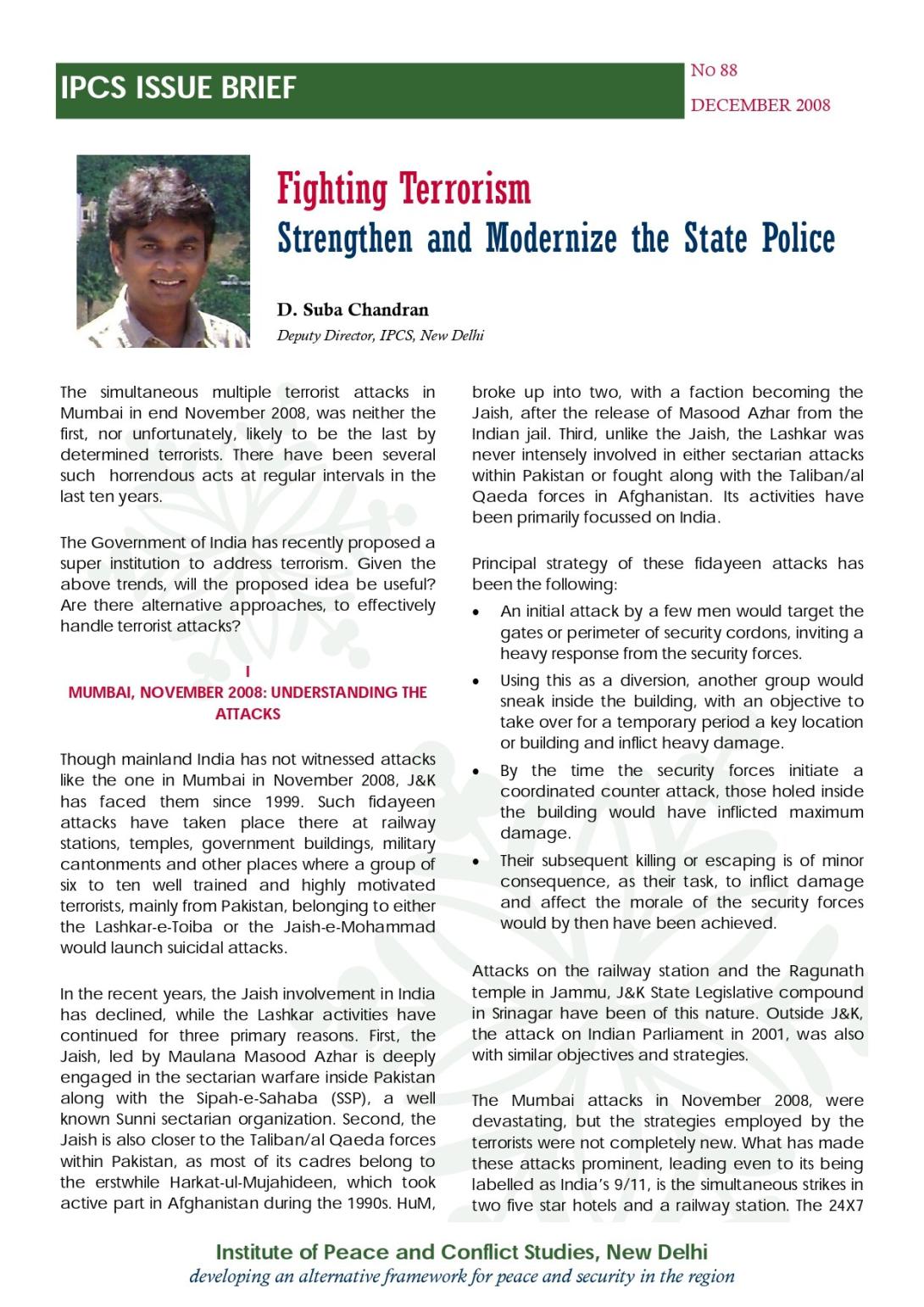
|
D Suba Chandran Professor and Dean, Conflict Resolution and Peace Research Programme Fighting Terrorism: Strengthen and Modernize the State Police http://www.ipcs.org/issue_briefs/issue_brief_pdf/946031157IB88-Suba-MumbaiTerror.pdf IPCS Issue Brief #88 |
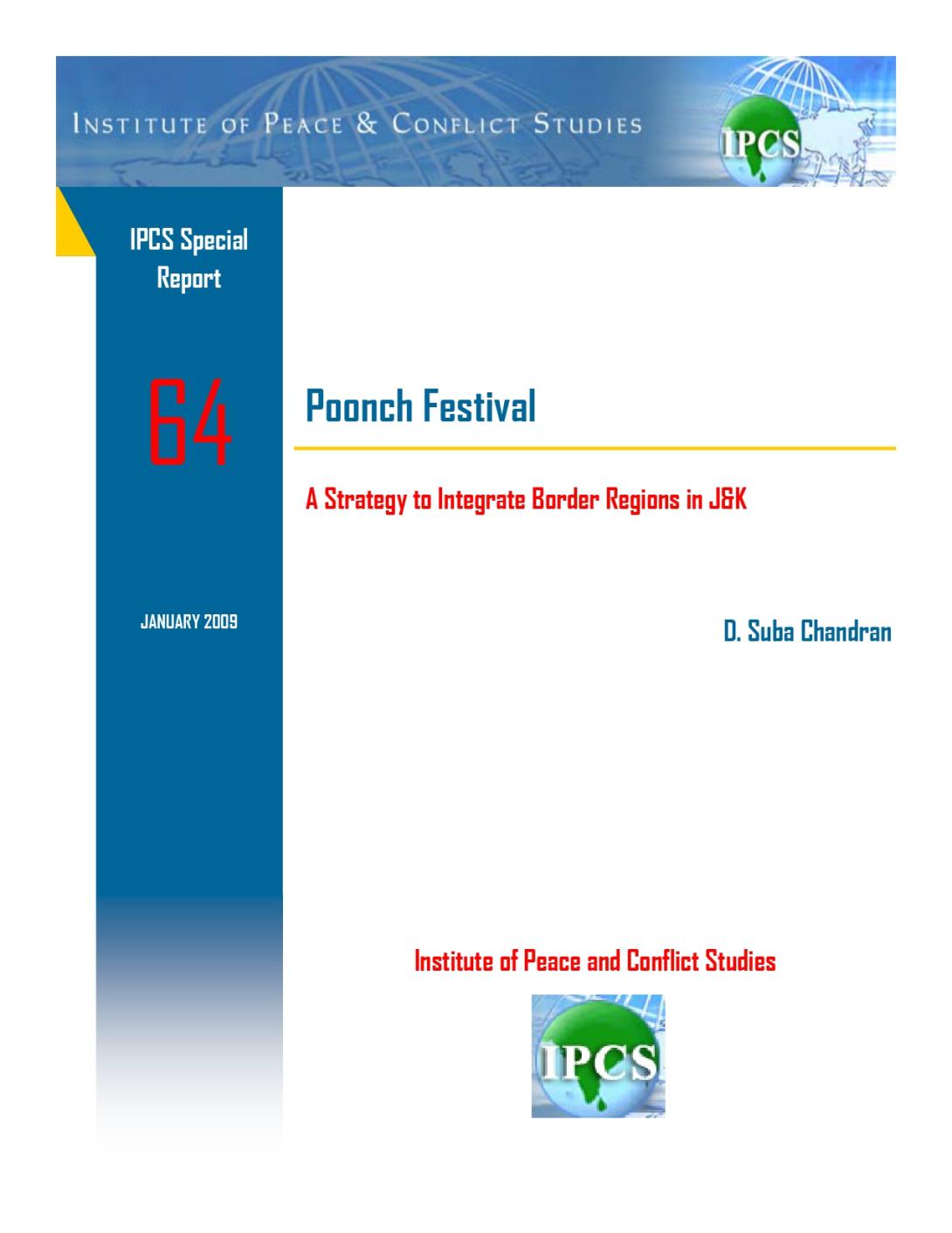
|
D Suba Chandran Professor and Dean, Conflict Resolution and Peace Research Programme Poonch Festival: A Strategy to Integrate the Border Regions in J&K http://www.ipcs.org/issue_briefs/issue_brief_pdf/199893894SR64-Suba.pdf IPCS Special Report #64 |
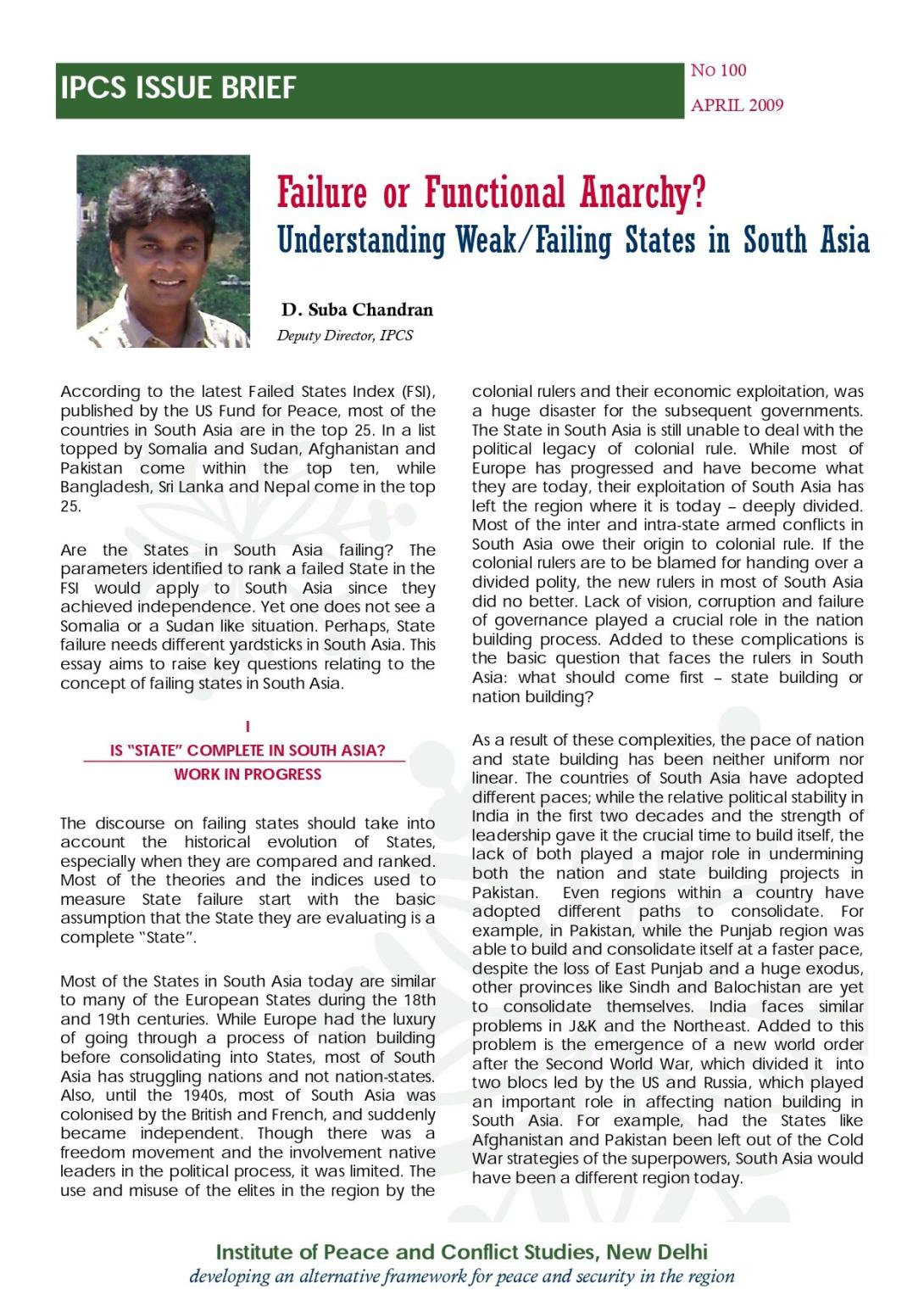
|
D Suba Chandran Professor and Dean, Conflict Resolution and Peace Research Programme Failure or Functional Anarchy?: Understanding Weak/Failing States in South Asia http://www.ipcs.org/issue_briefs/issue_brief_pdf/IB100-Suba-FailingStates.pdf |
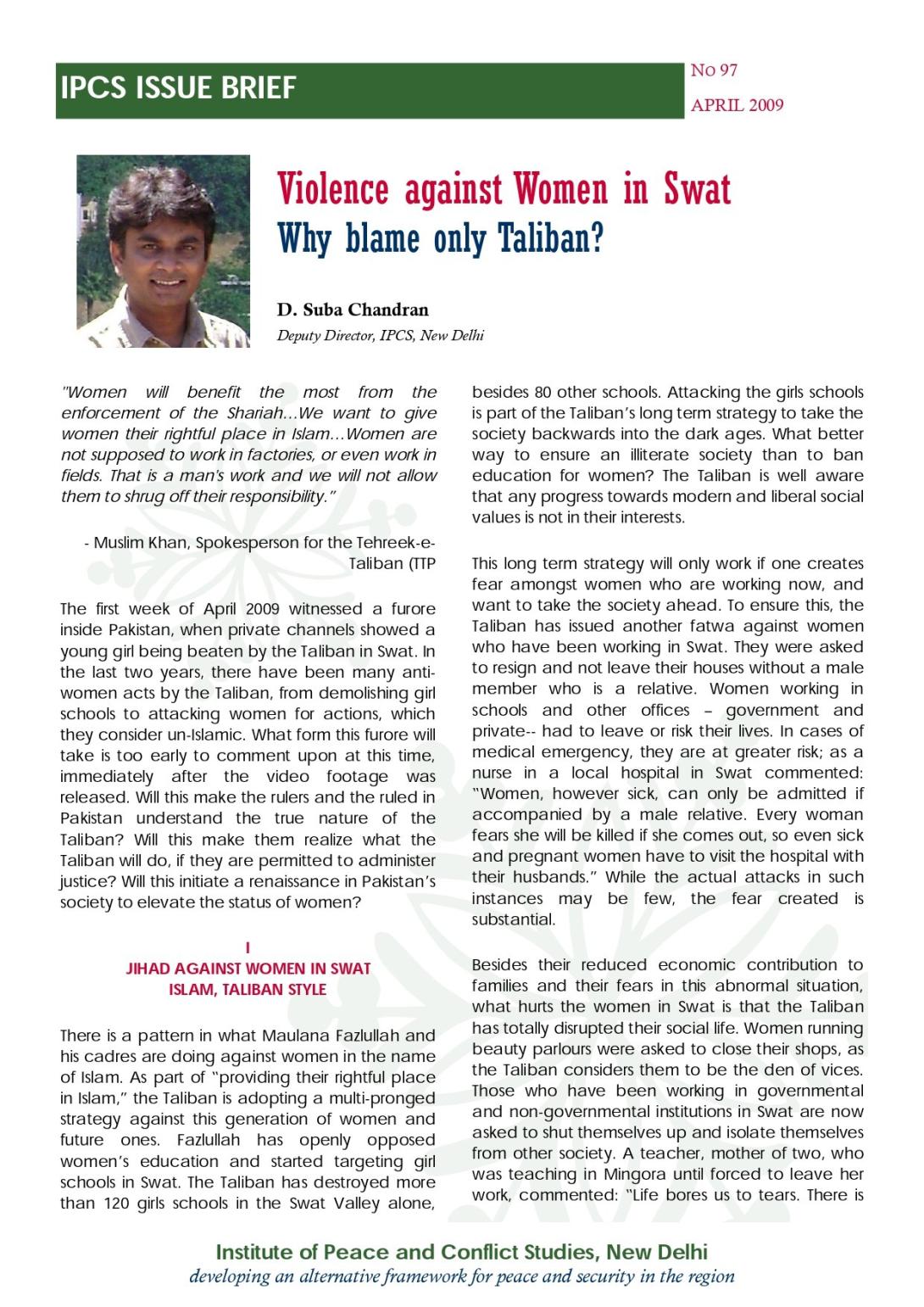
|
D Suba Chandran Professor and Dean, Conflict Resolution and Peace Research Programme Violence against Women in Swat: Why blame only Taliban? http://www.ipcs.org/issue_briefs/issue_brief_pdf/IB97-Suba-WomenSwat.pdf IPCS Issue Brief #97 |
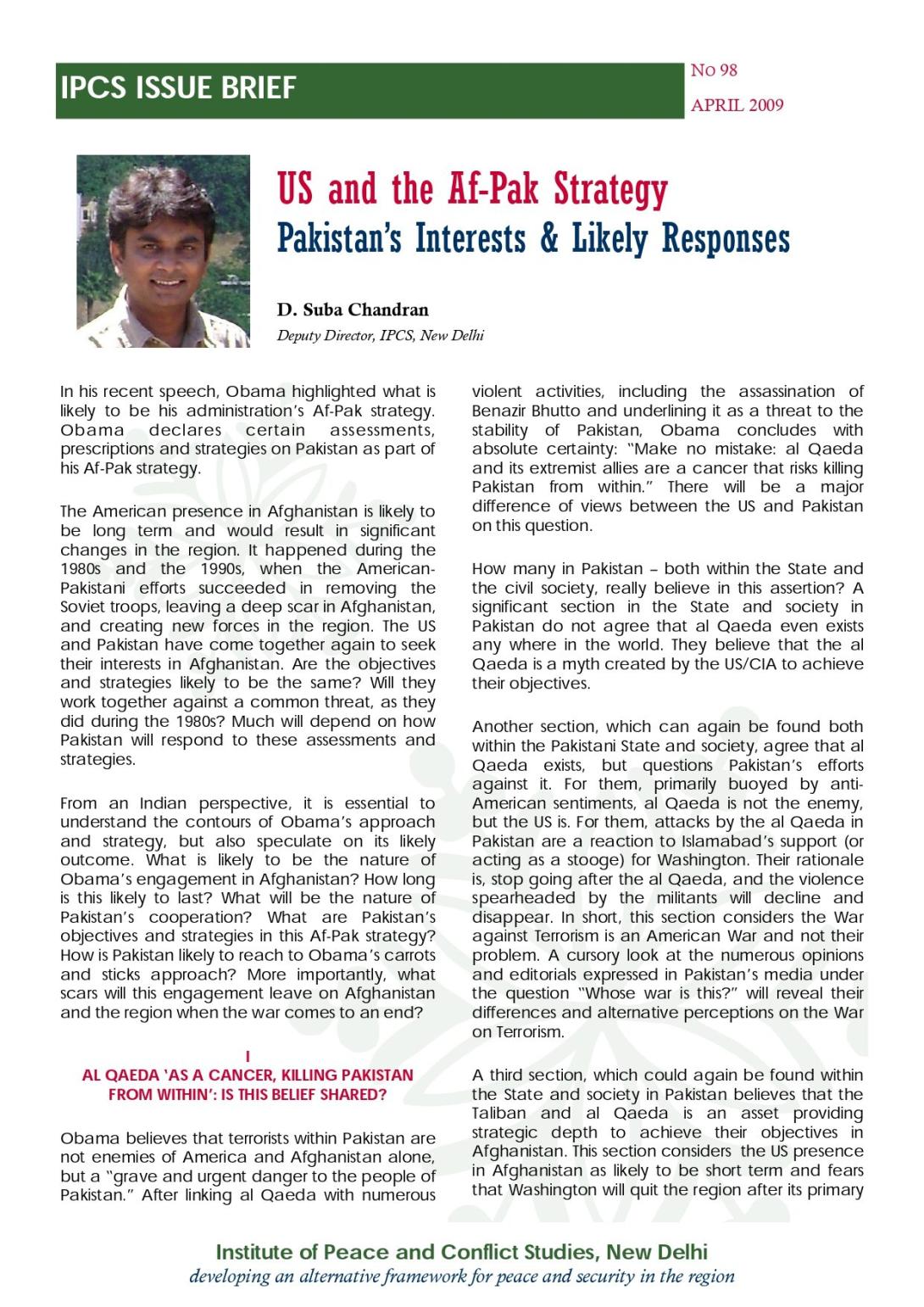
|
D Suba Chandran Professor and Dean, Conflict Resolution and Peace Research Programme US and the Af-Pak Strategy: Pakistan’s Interests & Likely Responses http://www.ipcs.org/issue_briefs/issue_brief_pdf/IB98-Suba-AfPak.pdf IPCS Issue Brief #98 |
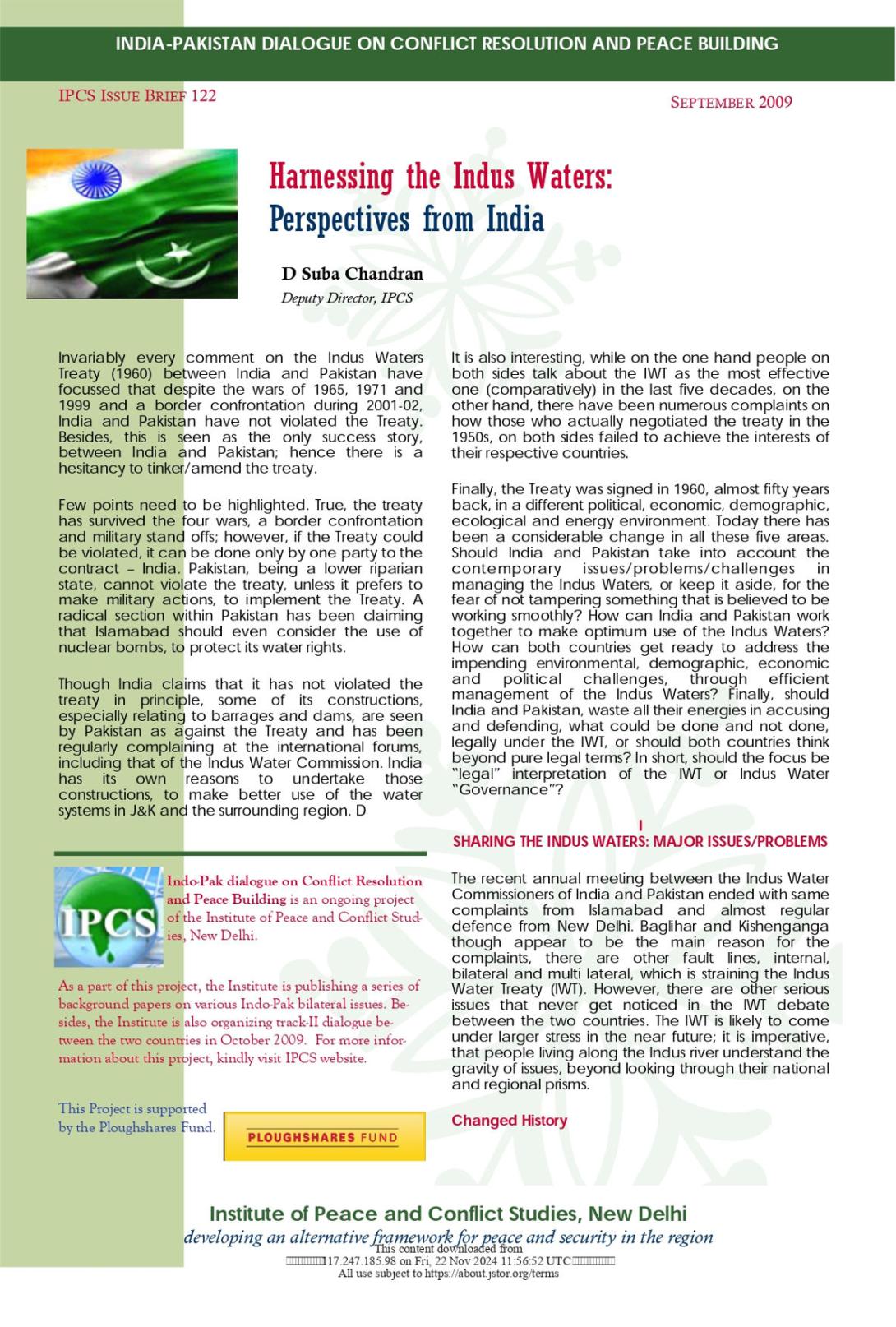
|
D Suba Chandran Professor and Dean, Conflict Resolution and Peace Research Programme Harnessing the Indus Waters: Perspectives from India https://www.jstor.org/stable/resrep09075 IPCS Issue Brief #129 |
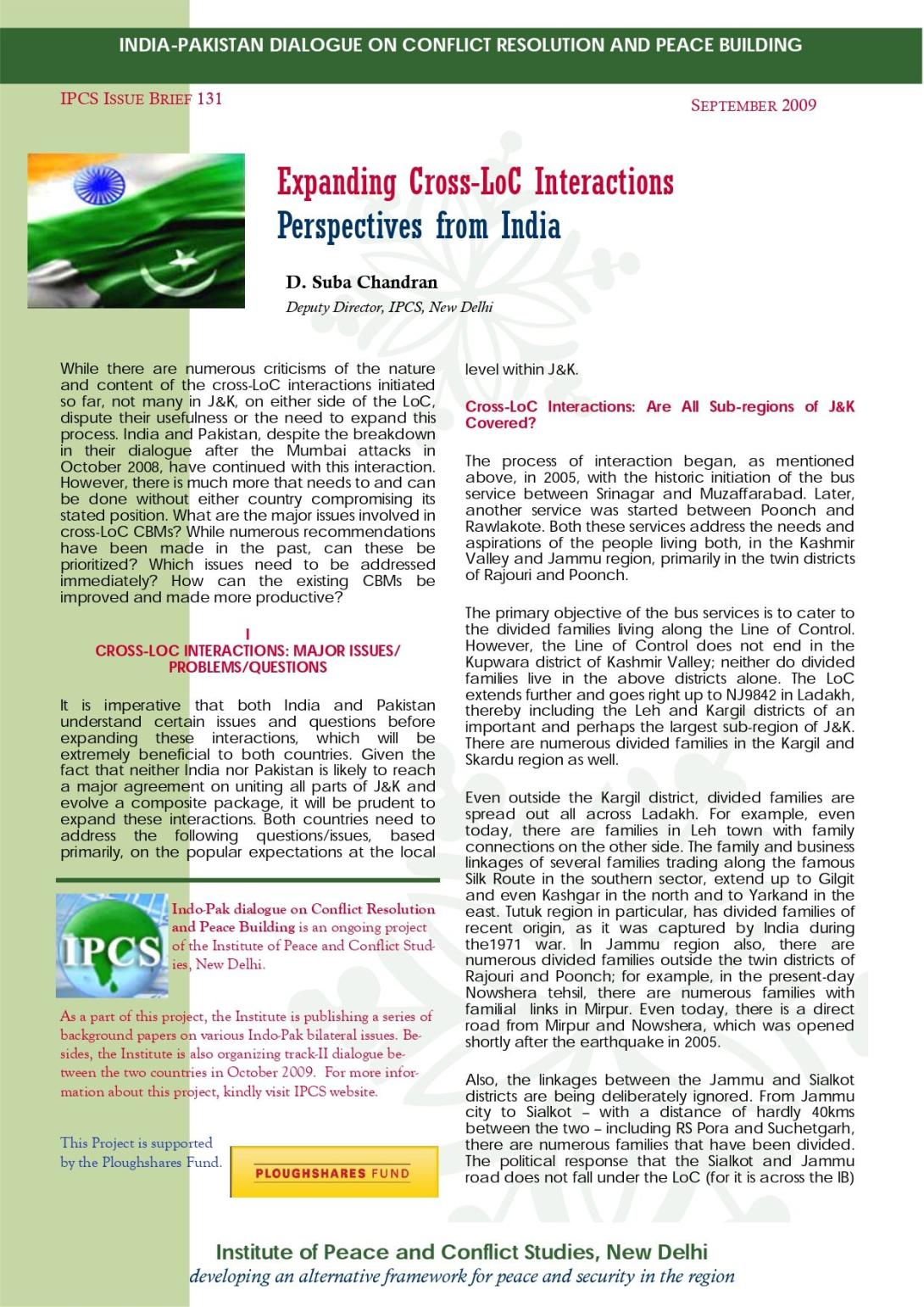
|
D Suba Chandran Professor and Dean, Conflict Resolution and Peace Research Programme Expanding Cross-LoC Interactions: Perspectives from India http://www.ipcs.org/issue_briefs/issue_brief_pdf/IB131-Ploughshares-Suba.pdf IPCS Issue Brief #131 |

|
D Suba Chandran Professor and Dean, Conflict Resolution and Peace Research Programme Exploring Regional Zero: An Alternative Indian Nuclear Disarmament Strategy? IPCS Issue Brief |
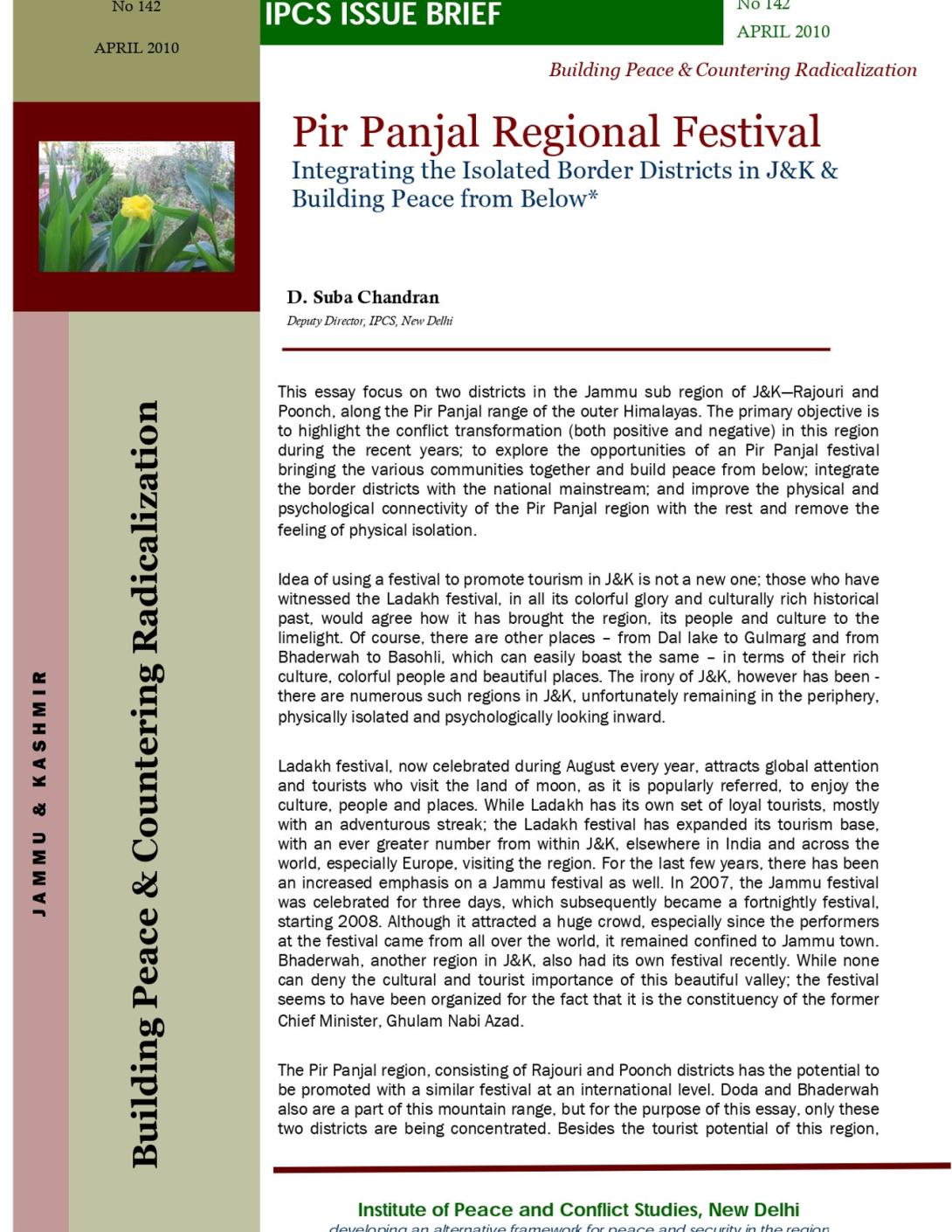
|
D Suba Chandran Professor and Dean, Conflict Resolution and Peace Research Programme Pir Panjal Regional Festival: Integrating the Isolated Border Districts in J&K & Building Peace from Below http://www.ipcs.org/issue_briefs/issue_brief_pdf/IB142-BPCR-Suba.pdf IPCS Issue Brief #142 |
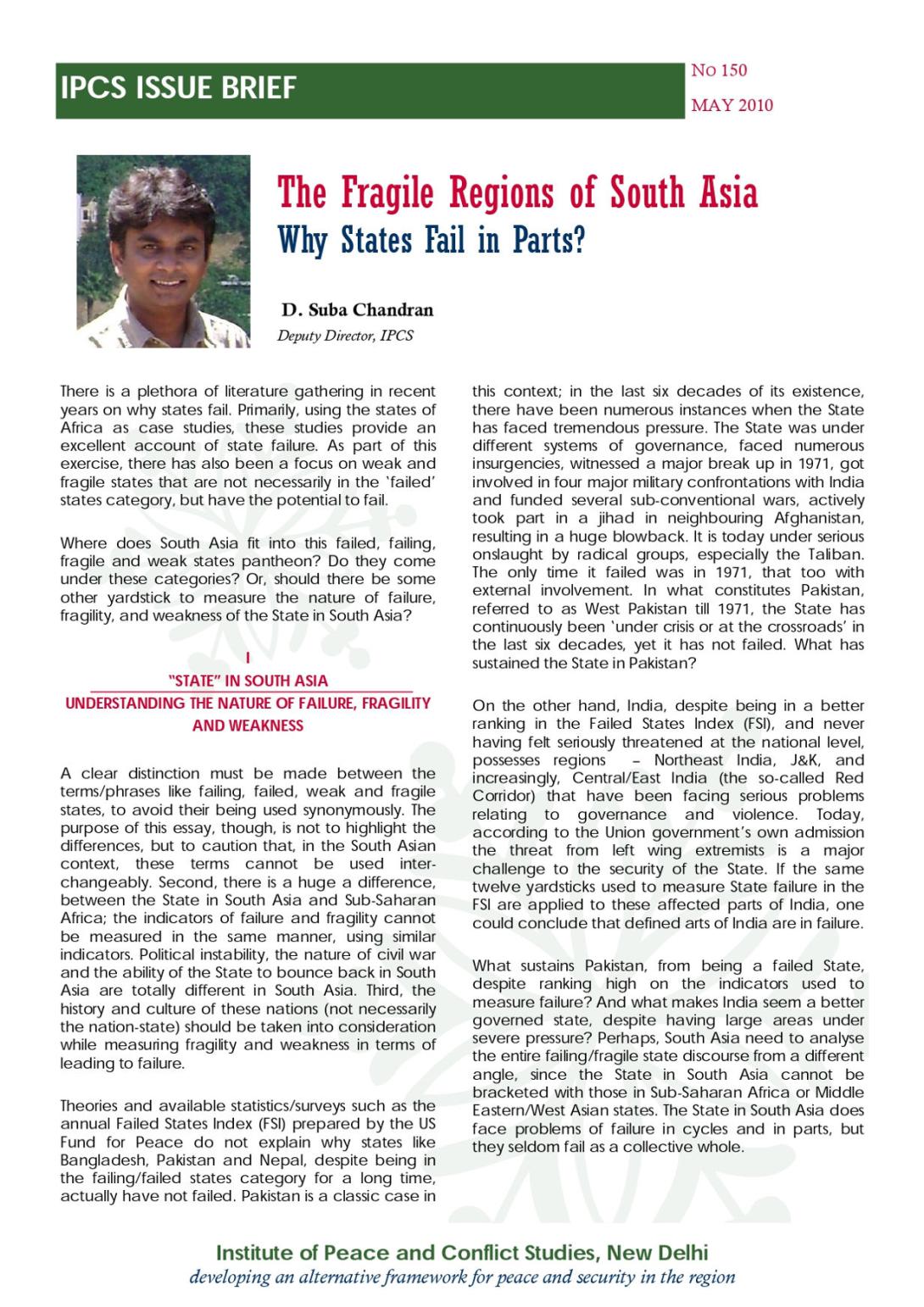
|
D Suba Chandran Professor and Dean, Conflict Resolution and Peace Research Programme The Fragile Regions of South Asia: Why States Fail in Parts? https://www.files.ethz.ch/isn/116627/IB150-Suba-FailingRegions1.pdf IPCS Issue Brief #150 |
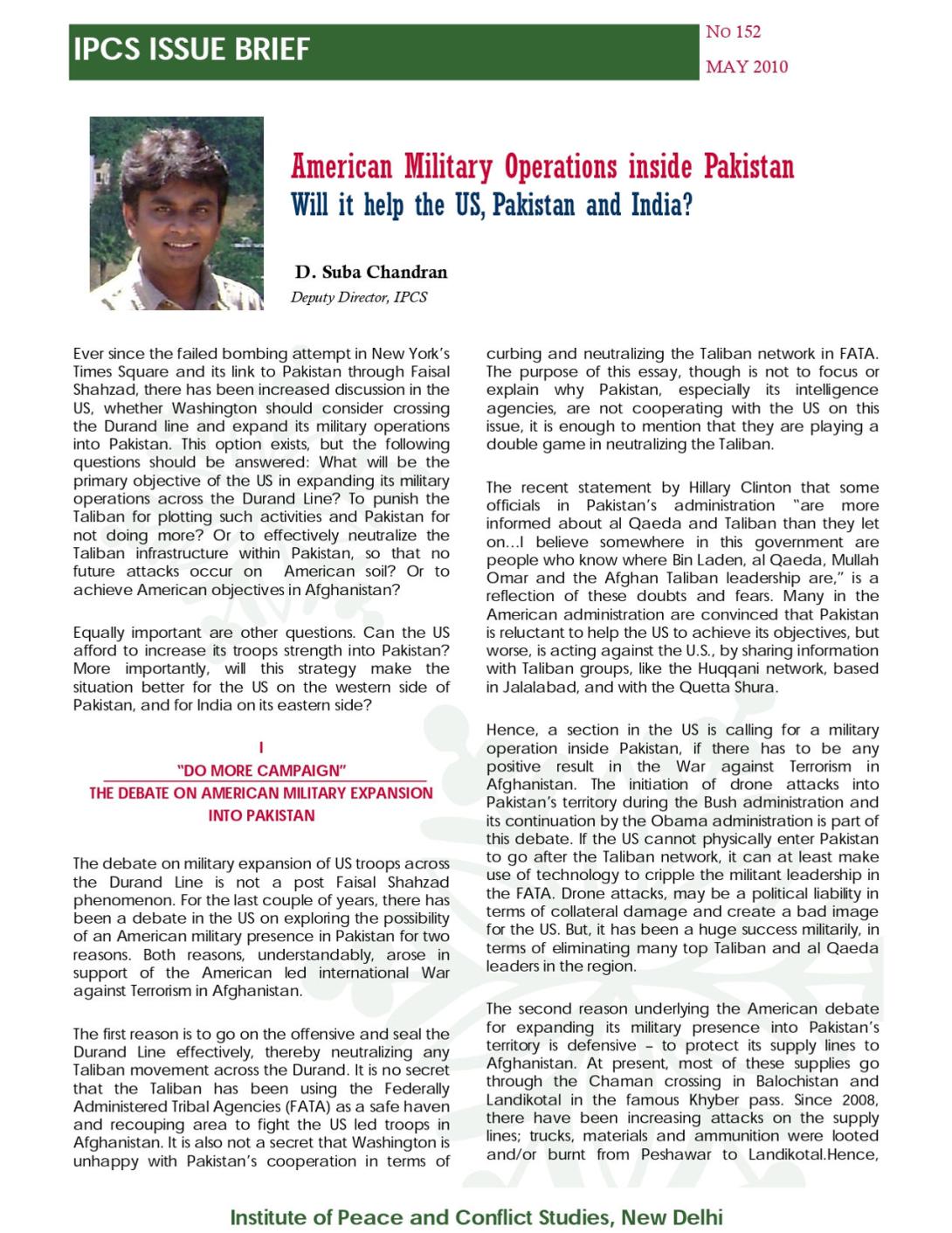
|
D Suba Chandran Professor and Dean, Conflict Resolution and Peace Research Programme American Military Operations inside Pakistan: Will it help the US, Pakistan and India? http://www.ipcs.org/pdf_file/issue/IB152-Suba-USMil-Pak.pdf IPCS Issue Brief #152 |
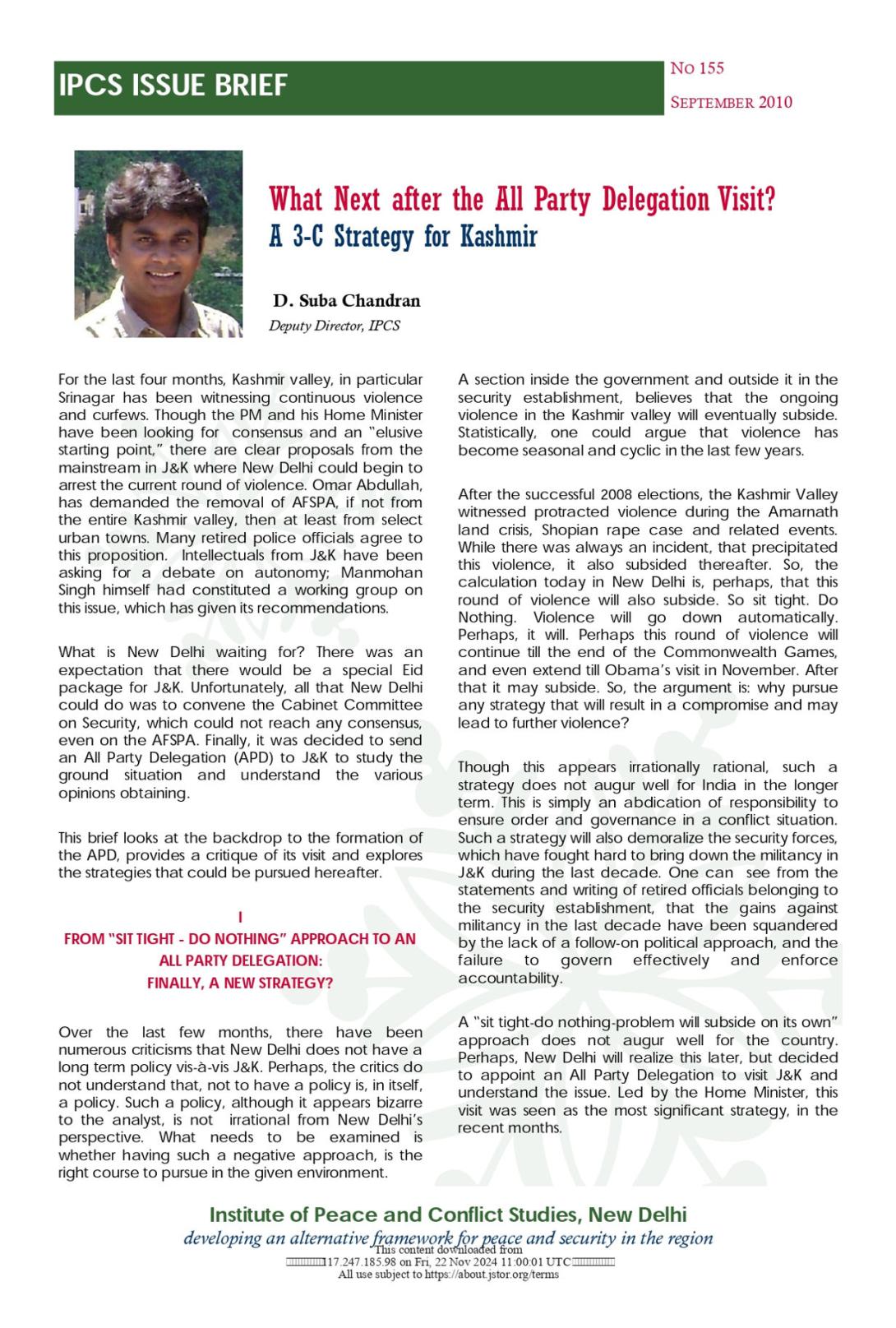
|
D Suba Chandran Professor and Dean, Conflict Resolution and Peace Research Programme What Next after the All Party Delegation Visit?: A 3-C Strategy for Kashmir https://www.jstor.org/stable/resrep08989 |
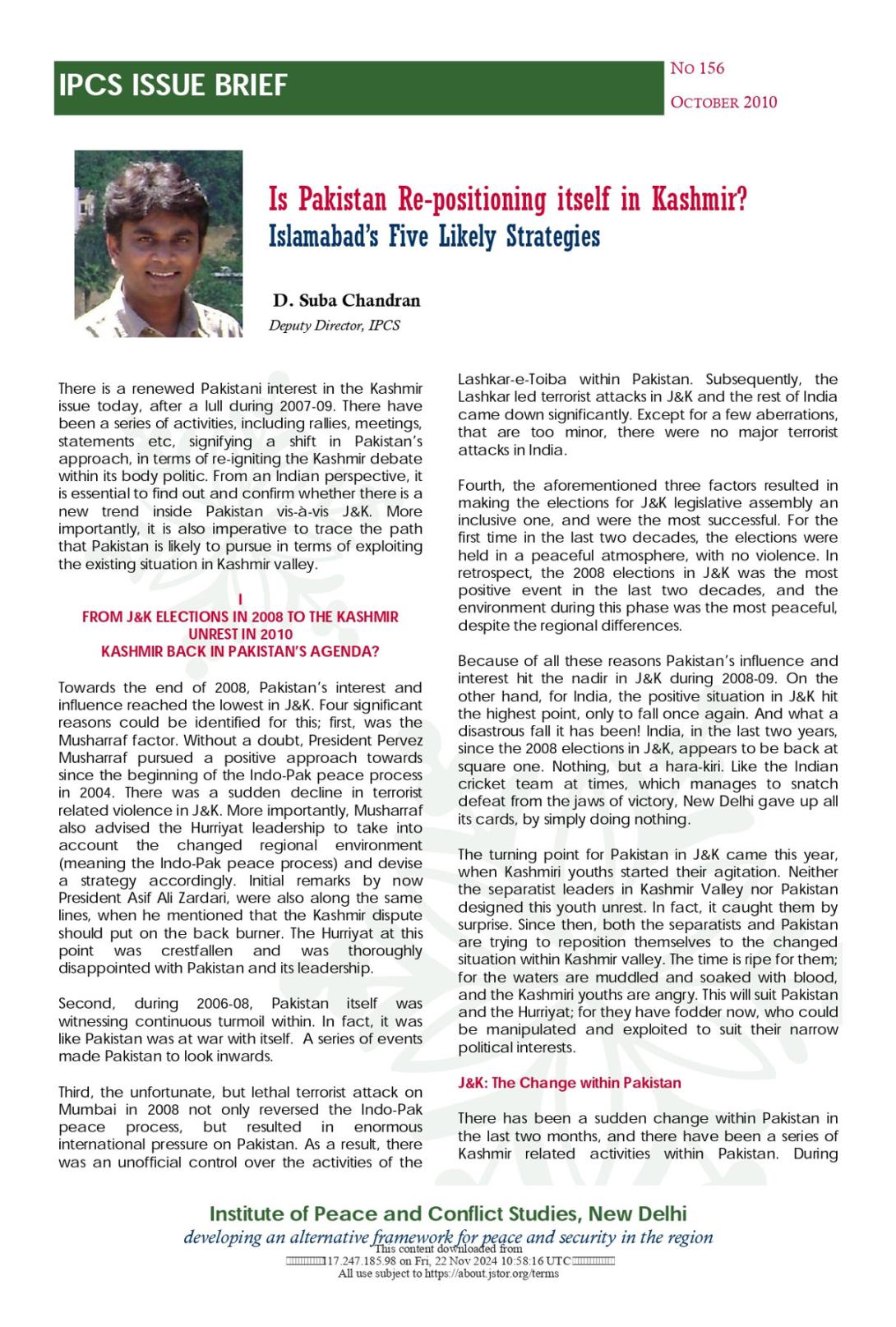
|
D Suba Chandran Professor and Dean, Conflict Resolution and Peace Research Programme Is Pakistan Re-positioning itself in Kashmir?: Islamabad’s Five Likely Strategies https://www.jstor.org/stable/resrep09150 IPCS Issue Brief #156 |
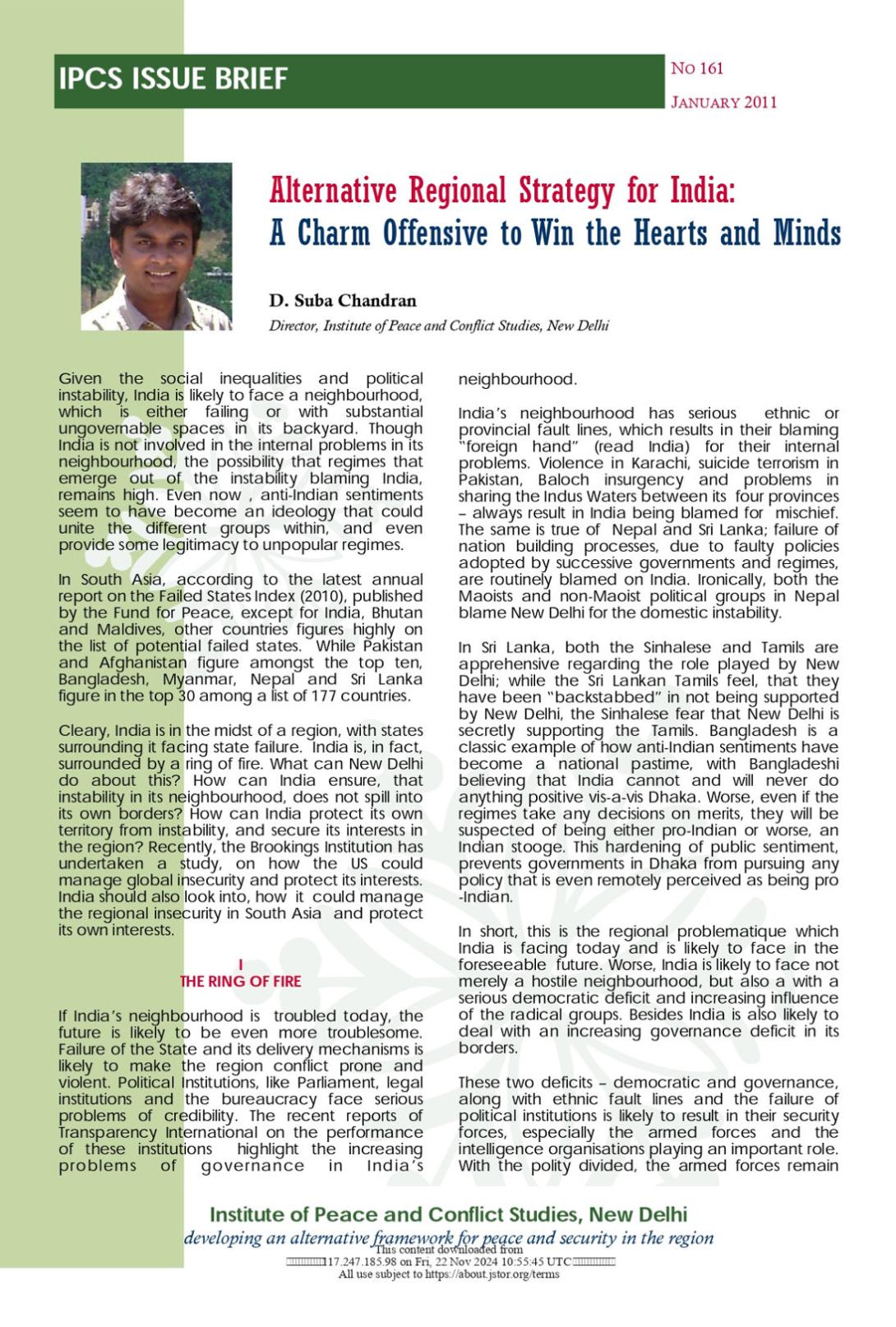
|
D Suba Chandran Professor and Dean, Conflict Resolution and Peace Research Programme Alternative Regional Strategy for India: A Charm Offensive to Win the Hearts and Minds https://www.jstor.org/stable/resrep09026 IPCS Issue Brief #161 |
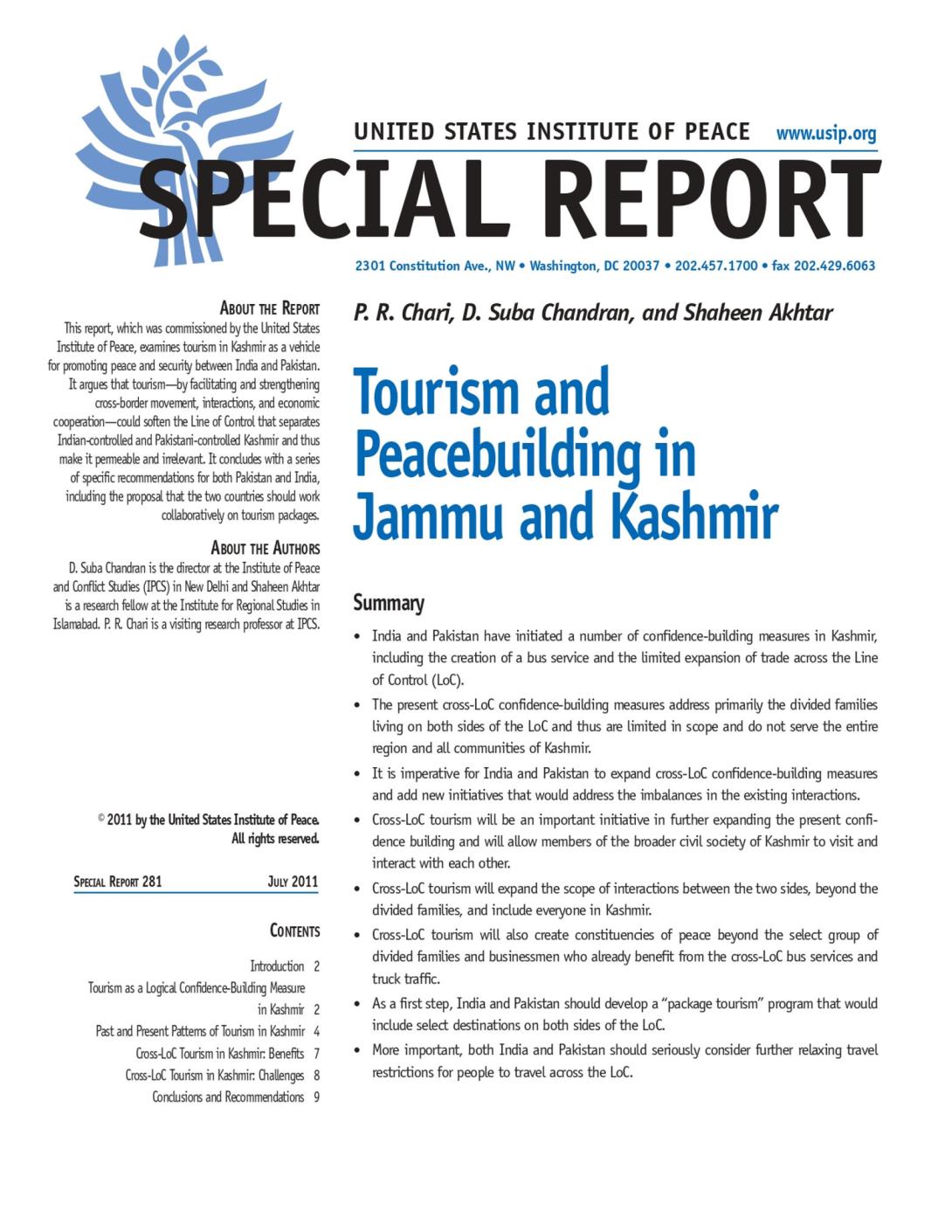
|
D Suba Chandran co-authored Professor and Dean, Conflict Resolution and Peace Research Programme Tourism and Peacebuilding in Jammu and Kashmir https://ciaotest.cc.columbia.edu/wps/usip/0022835/f_0022835_18718.pdf Co-authored with Shaheen Akhtar. USIP Special Report |
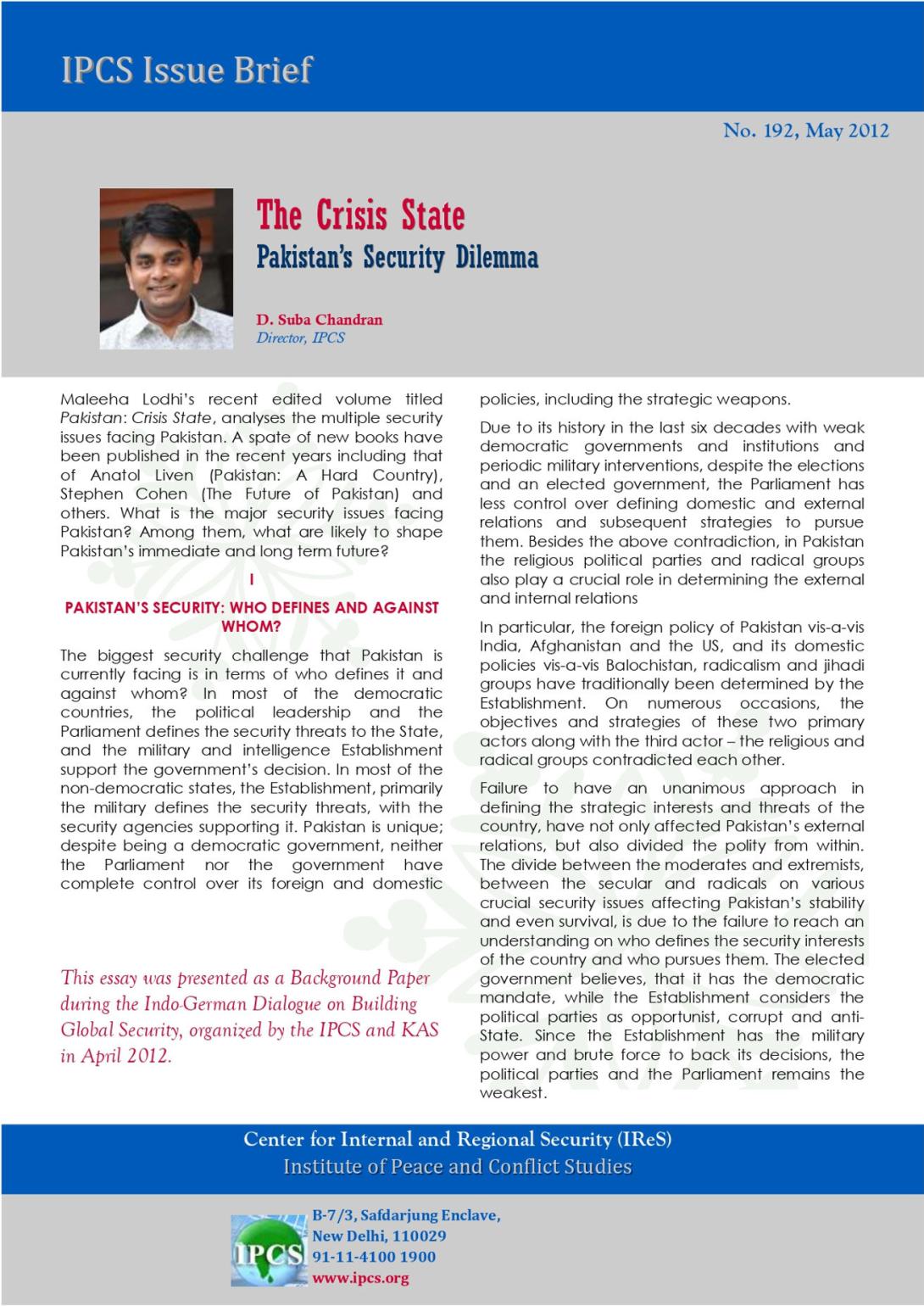
|
D Suba Chandran Professor and Dean, Conflict Resolution and Peace Research Programme The Crisis State: Pakistan’s Security Dilemma https://www.files.ethz.ch/isn/142412/IB192-Suba-BGS.pdf IPCS Issue Brief #192 |
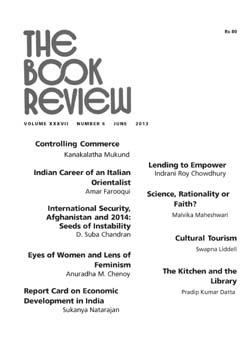
|
D Suba Chandran Professor and Dean, Conflict Resolution and Peace Research Programme International Security, Afghanistan and 2014: Seeds of Instability https://www.thebookreviewindia.org/international-security-afghanistan-and-2014-seeds-of-instability/ The Book Review, Vol.37, No.6 |
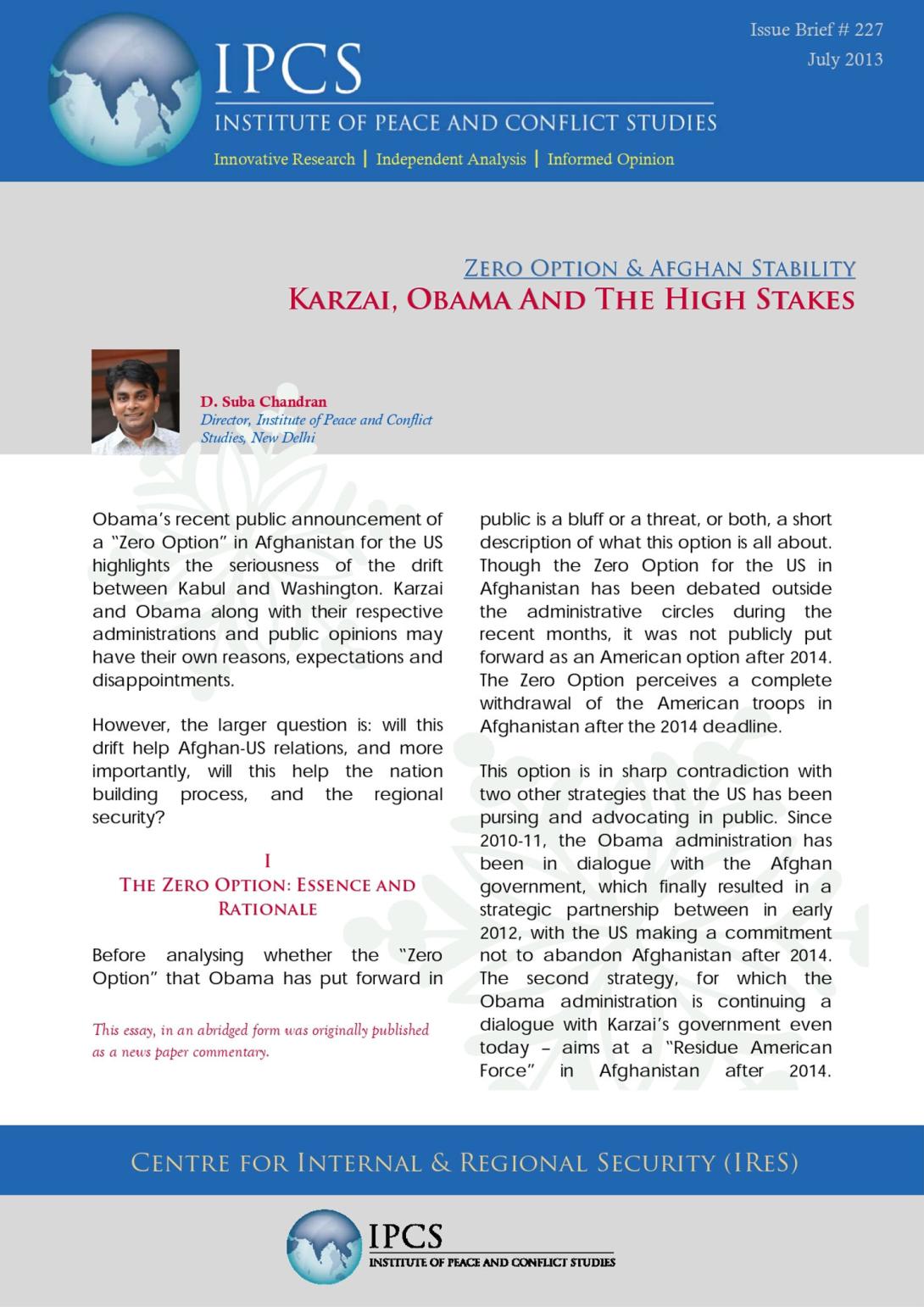
|
D Suba Chandran Professor and Dean, Conflict Resolution and Peace Research Programme Zero Option & Afghan Stability: Karzai, Obama and the High Stakes in Afghanistan http://www.ipcs.org/issue_briefs/issue_brief_pdf/IB227-Suba-Afghanistan.pdf IPCS Issue Brief, No. 227 |

|
D Suba Chandran Professor and Dean, Conflict Resolution and Peace Research Programme Why is Afghanistan important to India? https://www.thefridaytimes.com/2014/01/24/why-is-afghanistan-important-to-india/ The Friday Times |
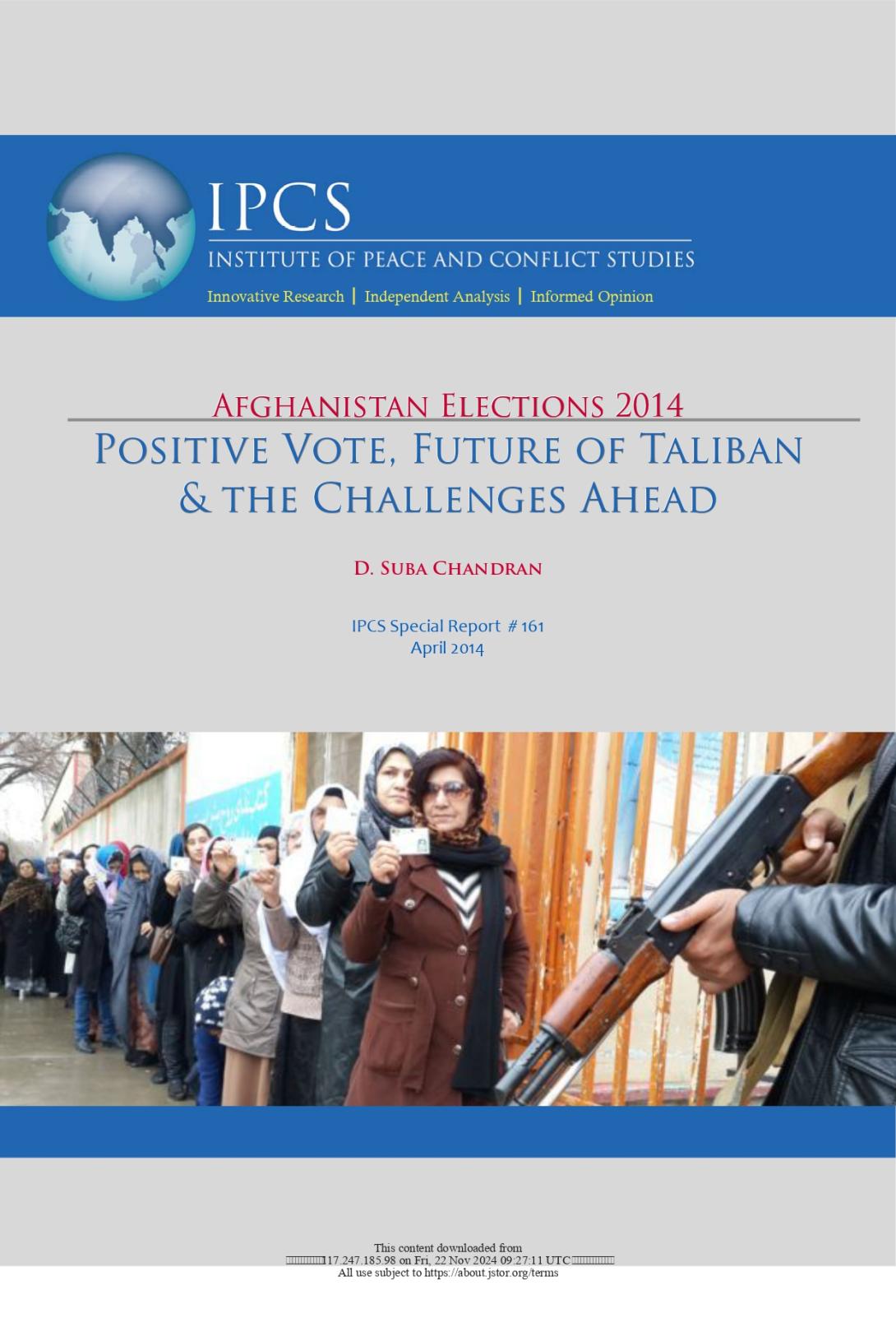
|
D Suba Chandran Professor and Dean, Conflict Resolution and Peace Research Programme Afghanistan Elections 2014: Positive Vote, Future of Taliban & the Challenges Ahead https://www.jstor.org/stable/resrep09381 IPCS Special Report 161 |

|
D Suba Chandran Professor and Dean, Conflict Resolution and Peace Research Programme Pakistan’s New Army Chief: The Sharif Balance Sheet & the Bajwa Forecast NIAS Strategic Forecast No. 10 |

|
D Suba Chandran Professor and Dean, Conflict Resolution and Peace Research Programme LoC, J&K and New Delhi: New Pak COAS & Likely Challenges for India NIAS Strategic Forecast No. 11 |

|
D Suba Chandran Professor and Dean, Conflict Resolution and Peace Research Programme Military Courts in Pakistan: Will they return? What are the implications? https://ideas.repec.org/p/ess/wpaper/id12373.html NIAS Strategic Forecast No. 12 |

|
D Suba Chandran Professor and Dean, Conflict Resolution and Peace Research Programme The Raddul Fasaad Fallouts: Will it succeed where Zarb-e-Azb failed? https://conflictreader.org/view_articles.php?url=Pakistan&recordNo=17 NIAS Strategic Forecast No. 13 |

|
D Suba Chandran Professor and Dean, Conflict Resolution and Peace Research Programme Pakistan 2017: The Slow Burn NIAS Strategic Forecast |
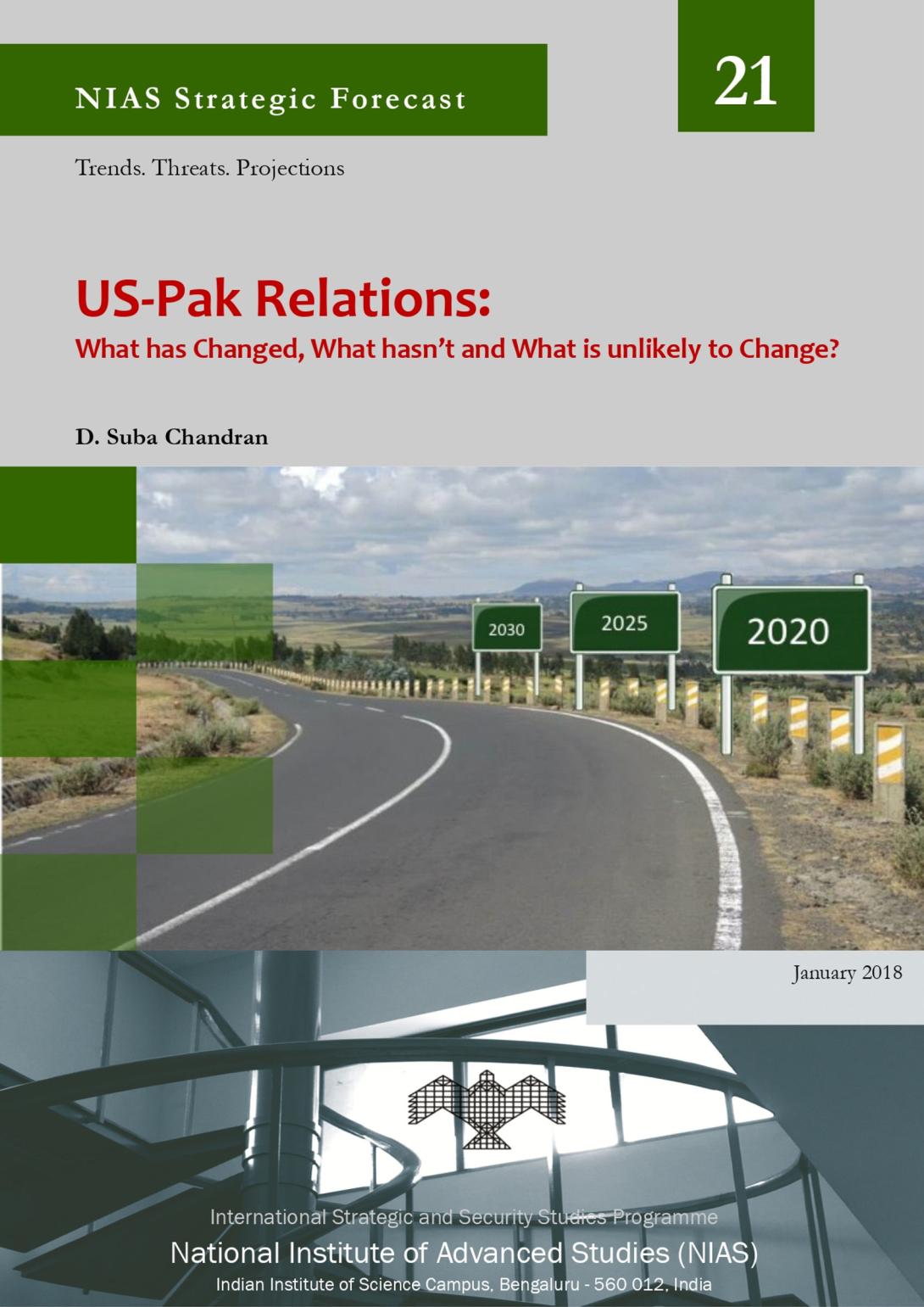
|
D Suba Chandran Professor and Dean, Conflict Resolution and Peace Research Programme US-Pak Relations: What has Changed? What hasn’t? and What is unlikely to Change? http://eprints.nias.res.in/1805/1/2018-NSF21-DSubaChandran.pdf NIAS Strategic Forecast No. 21 |

|
D Suba Chandran Professor and Dean, Conflict Resolution and Peace Research Programme Left-wing Extremism in India: Another Maoist ambush in Chhattisgarh: Lessons from a Failure https://conflictreader.org/view_ipri_articles.php?ArticleNo=3&url=Left-wing%20Extremism%20in%20India&recordNo=31 IPRI # 3 |

|
D Suba Chandran Professor and Dean, Conflict Resolution and Peace Research Programme The idea of Afghanistan, and its challenges The Book Review |

|
D Suba Chandran Professor and Dean, Conflict Resolution and Peace Research Programme Conflict in Kashmir: A Profile Peace Initiatives, Vol. 6 no. 4-6, pp. 1-23 |
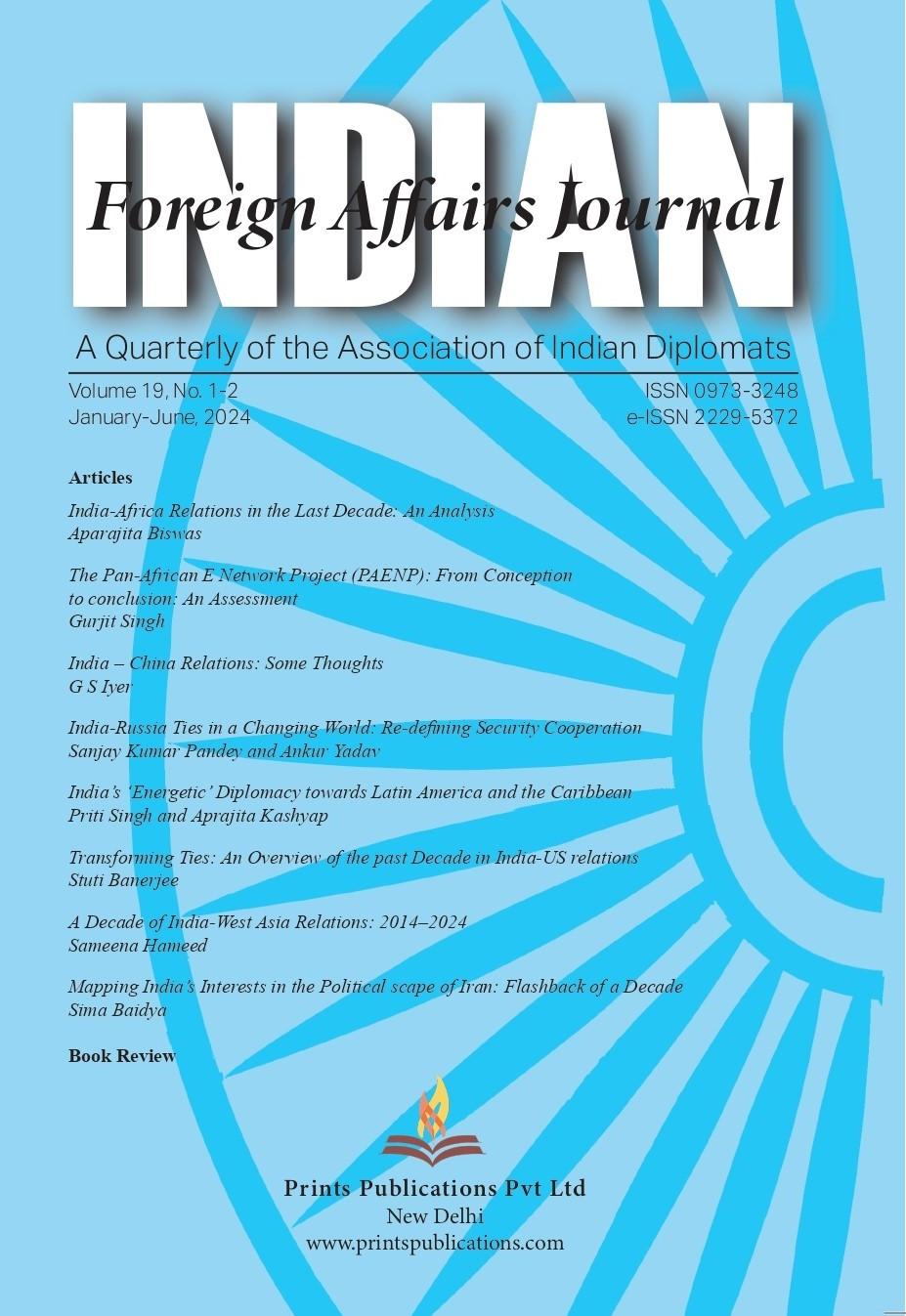
|
D Suba Chandran Professor and Dean, Conflict Resolution and Peace Research Programme Pakistan’s Endgame in Kashmir: India’s Options https://www.jstor.org/stable/45340579 Indian Foreign Affairs Journal, Vol.1, No.3, pp. 85-103 |
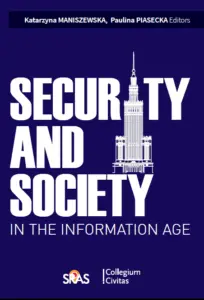
|
D Suba Chandran Professor and Dean, Conflict Resolution and Peace Research Programme Balochistan: Is the Insurgency slowing down? Security and Society, Vol.2, No.2, pp.157-168 |
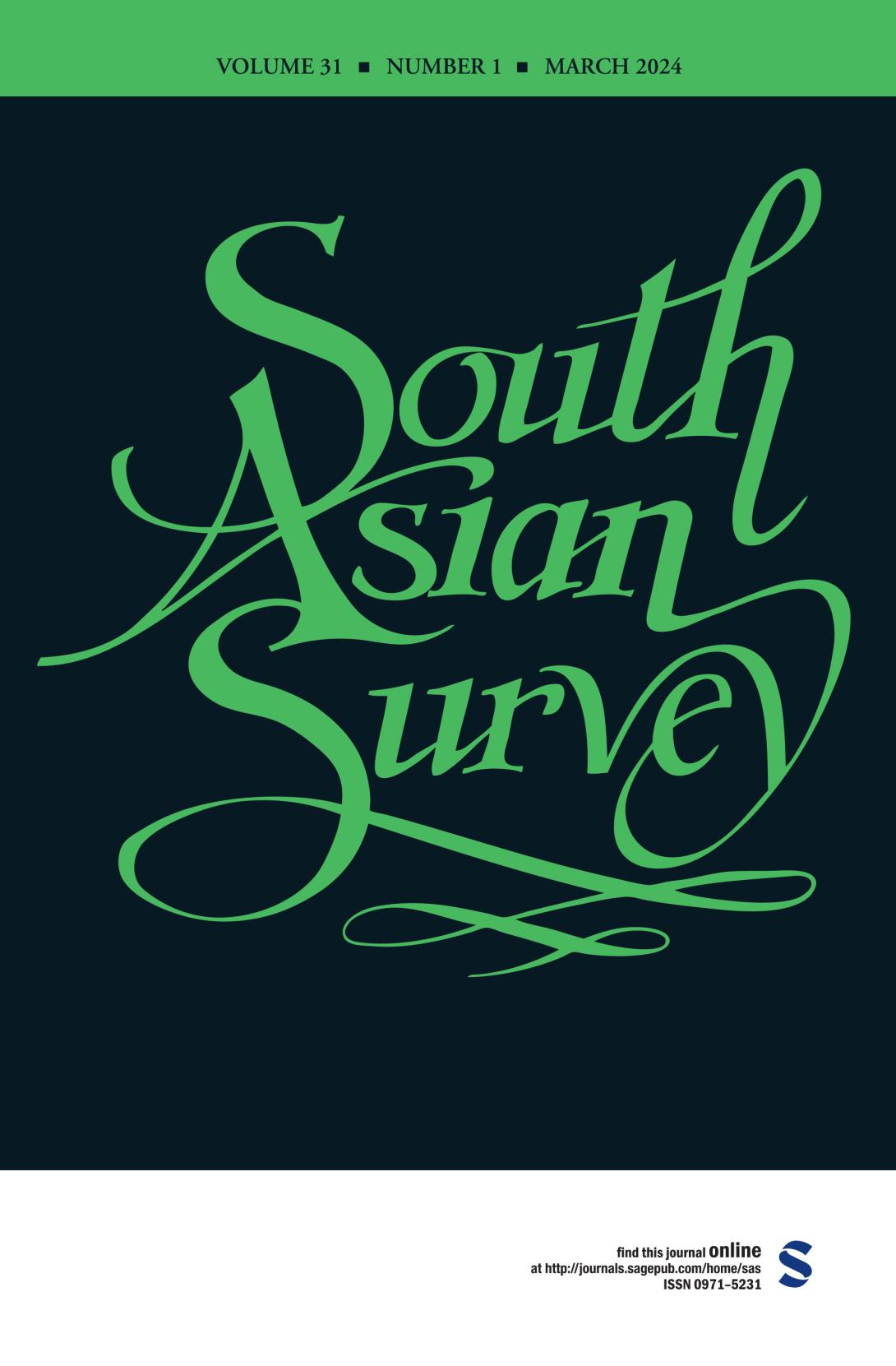
|
D Suba Chandran co-authored Professor and Dean, Conflict Resolution and Peace Research Programme Soft, Porous or Rigid? Towards Stable Borders in South Asia https://journals.sagepub.com/doi/pdf/10.1177/097152310701400109 Co-authored with P G Rajamohan. South Asian Survey, Vol. 14, No. 1, 117-128 |
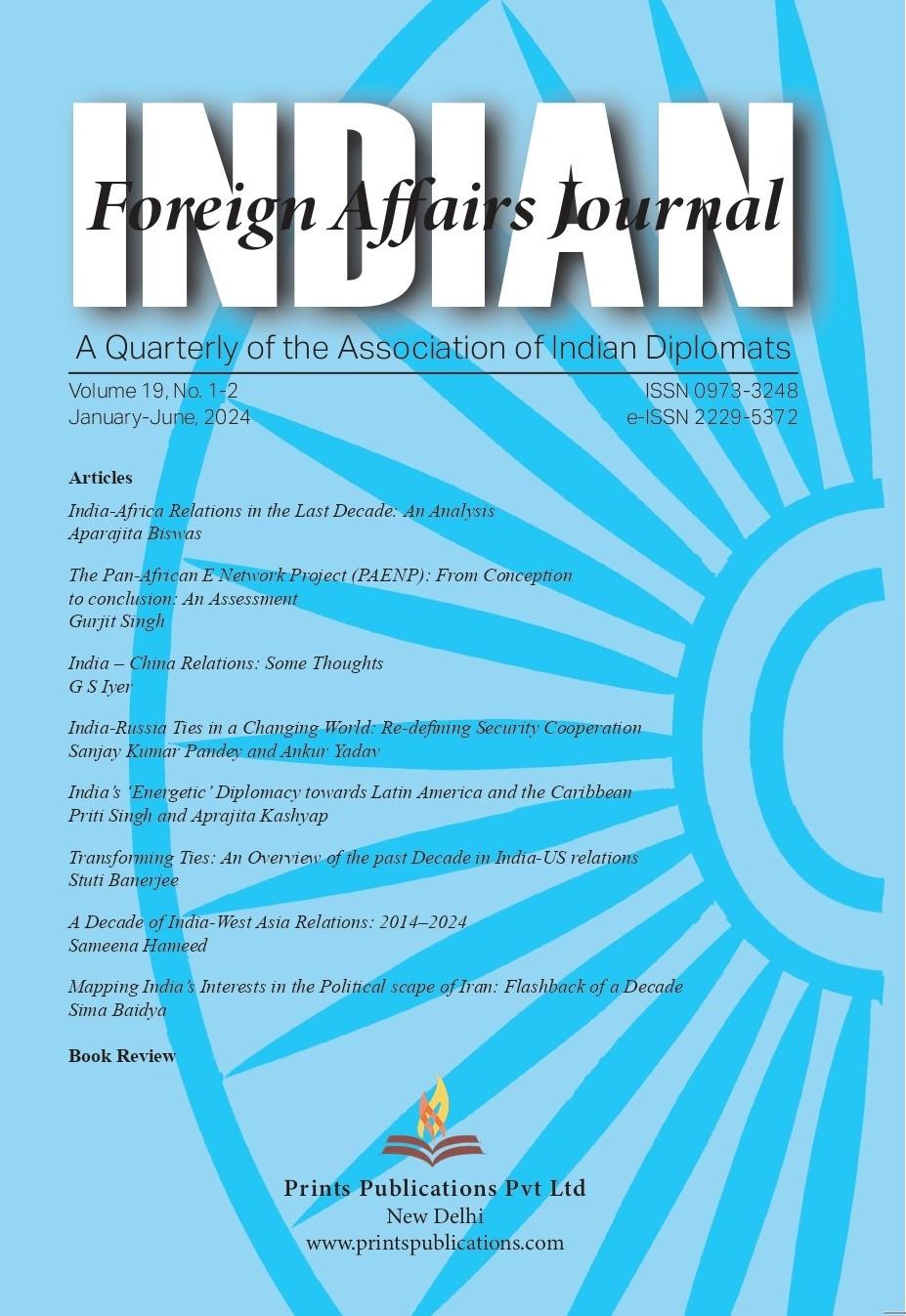
|
D Suba Chandran co-authored Professor and Dean, Conflict Resolution and Peace Research Programme India’s Disaster Relief Diplomacy https://www.jstor.org/stable/45340786 Co-authored with N. Manoharan, Vibhanshu Shekhar, Jabin T. Jacob, Raghav Sharma and Sandeep Bhardwaj. Indian Foreign Affairs Journal, Vol.4, No.2, April-June 2009, pp. 63-80 |
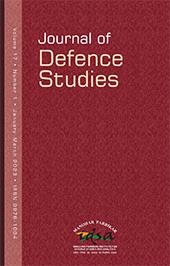
|
D Suba Chandran Professor and Dean, Conflict Resolution and Peace Research Programme The New Great Instability: Afghanistan after the American Exit https://idsa.in/system/files/jds_4_4_dschandran.pdf Journal of Defence Studies, Vol.4, No.4, pp.128-137 |
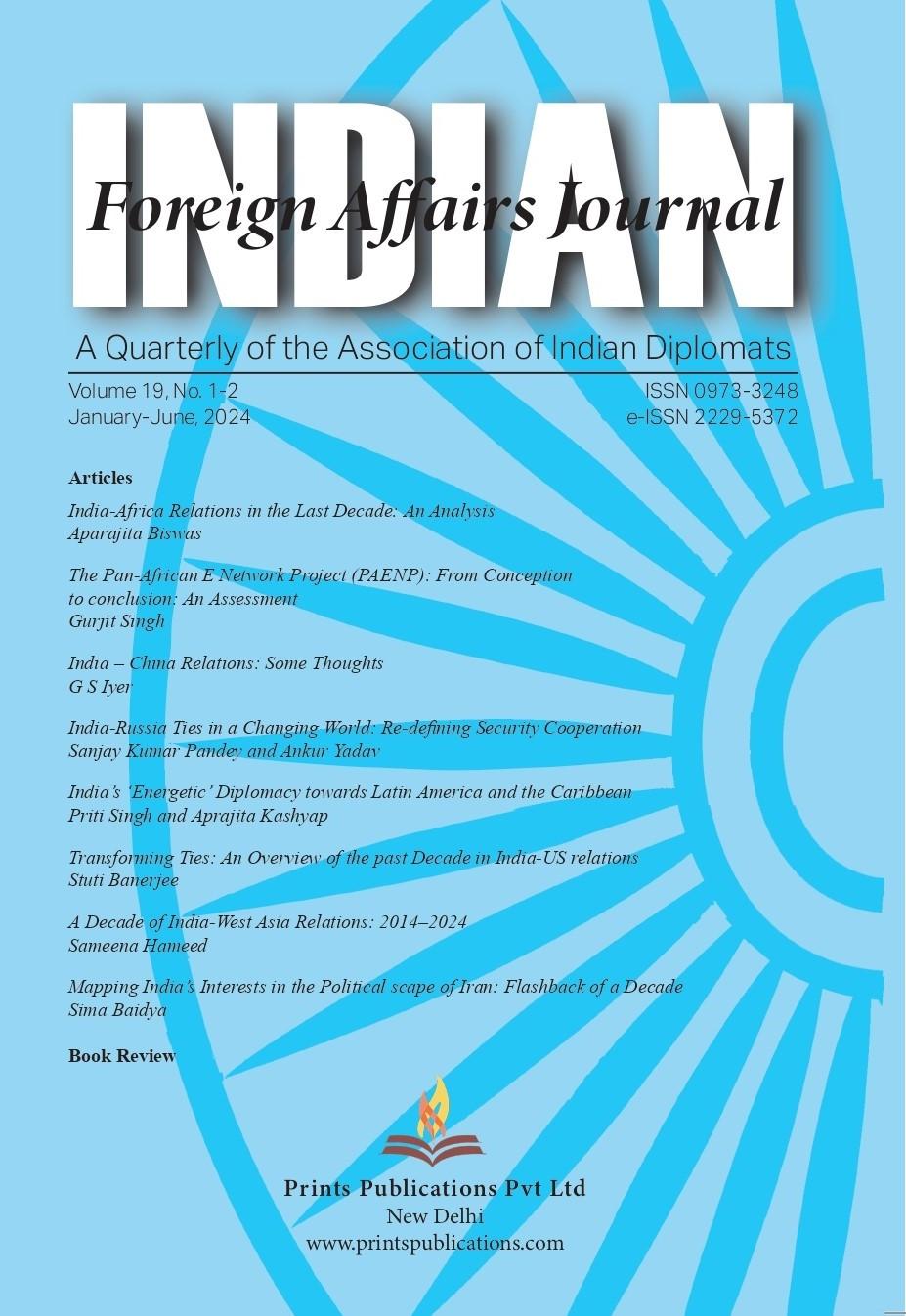
|
D Suba Chandran Professor and Dean, Conflict Resolution and Peace Research Programme The New Government & India’s Foreign Policy: Old Issues, Firmer Resolve https://www.jstor.org/stable/45341937 Indian Foreign Affairs Journal, Vol.9, No.3 |
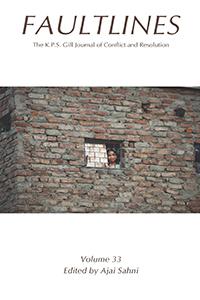
|
D Suba Chandran Professor and Dean, Conflict Resolution and Peace Research Programme Pakistan: The Sectarian Expanse https://www.satp.org/faultline-chapter-details/volume-21/pakistan-the-sectarian-expanse Faultline 21 |
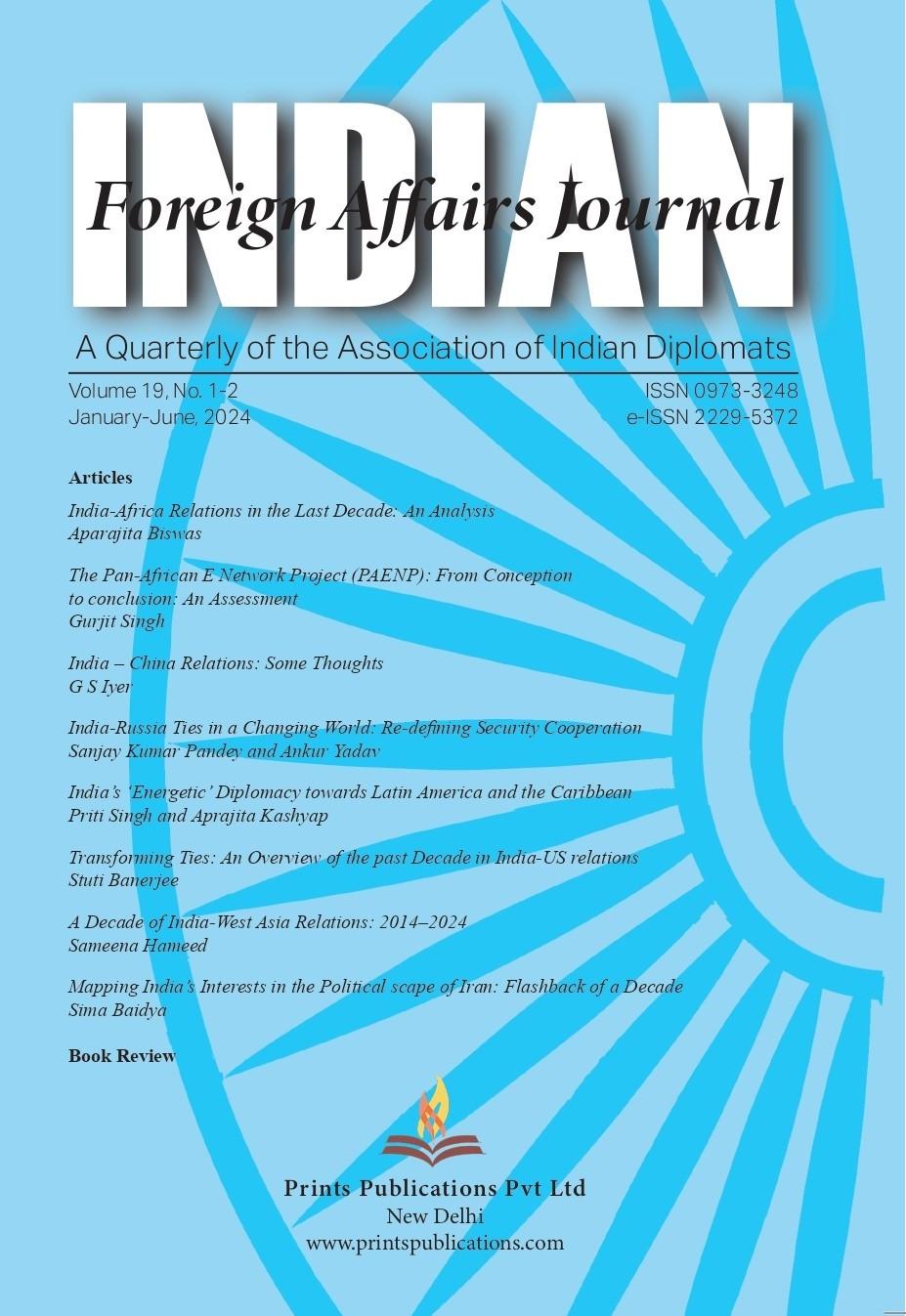
|
D Suba Chandran Professor and Dean, Conflict Resolution and Peace Research Programme India and Sri Lanka: Two Countries, Four Verticals https://shibbolethsp.jstor.org/start?entityID=https%3A//idp.nias.res.in/openathens&dest=https%3A//www.jstor.org/stable/48636699&site=jstor Indian Foreign Affairs Journal, Vol.14, No.1, pp 37-43 |
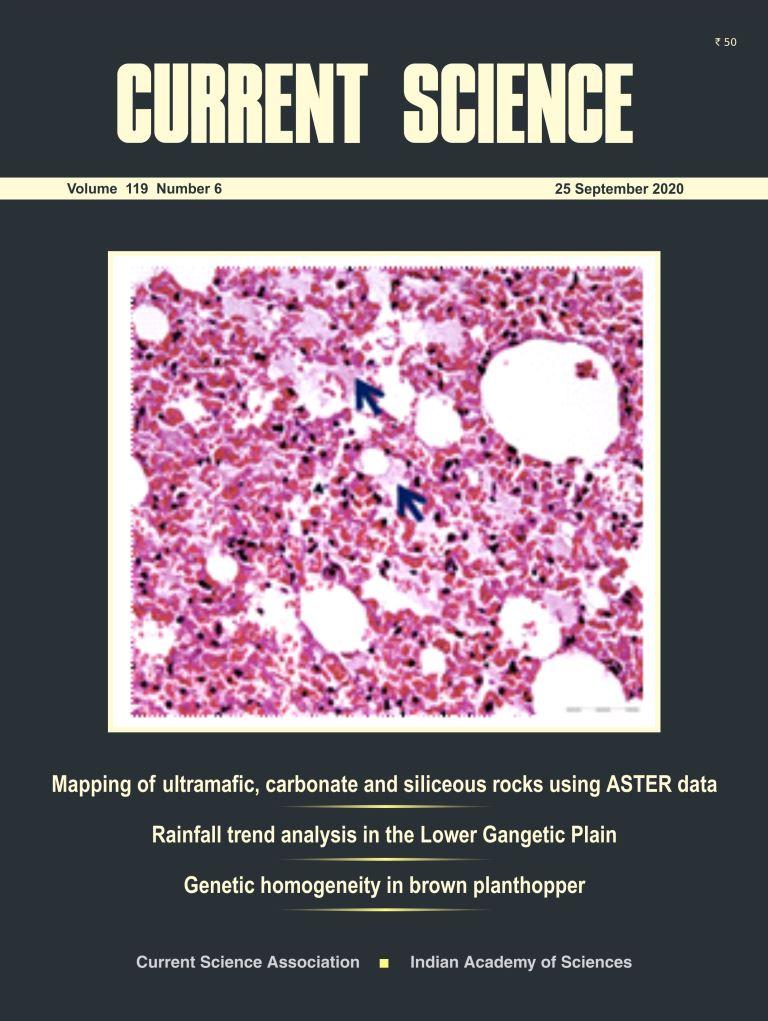
|
D Suba Chandran co-authored Professor and Dean, Conflict Resolution and Peace Research Programme Arctic: why India should pursue the North Pole from a science and technology perspective? https://www.currentscience.ac.in/Volumes/119/06/0901.pdf Co-authored with Shailesh Nayak. Current Science, 119 (6). pp. 901-904, 2020 |

|
D Suba Chandran Professor and Dean, Conflict Resolution and Peace Research Programme The Return to Purana Pakistan https://www.magzter.com/stories/Military-Defence/Geopolitics/The-Return-To-Purana-Pakistan Geopolitics, pp. 28-33, Vol XII, Issue XII |
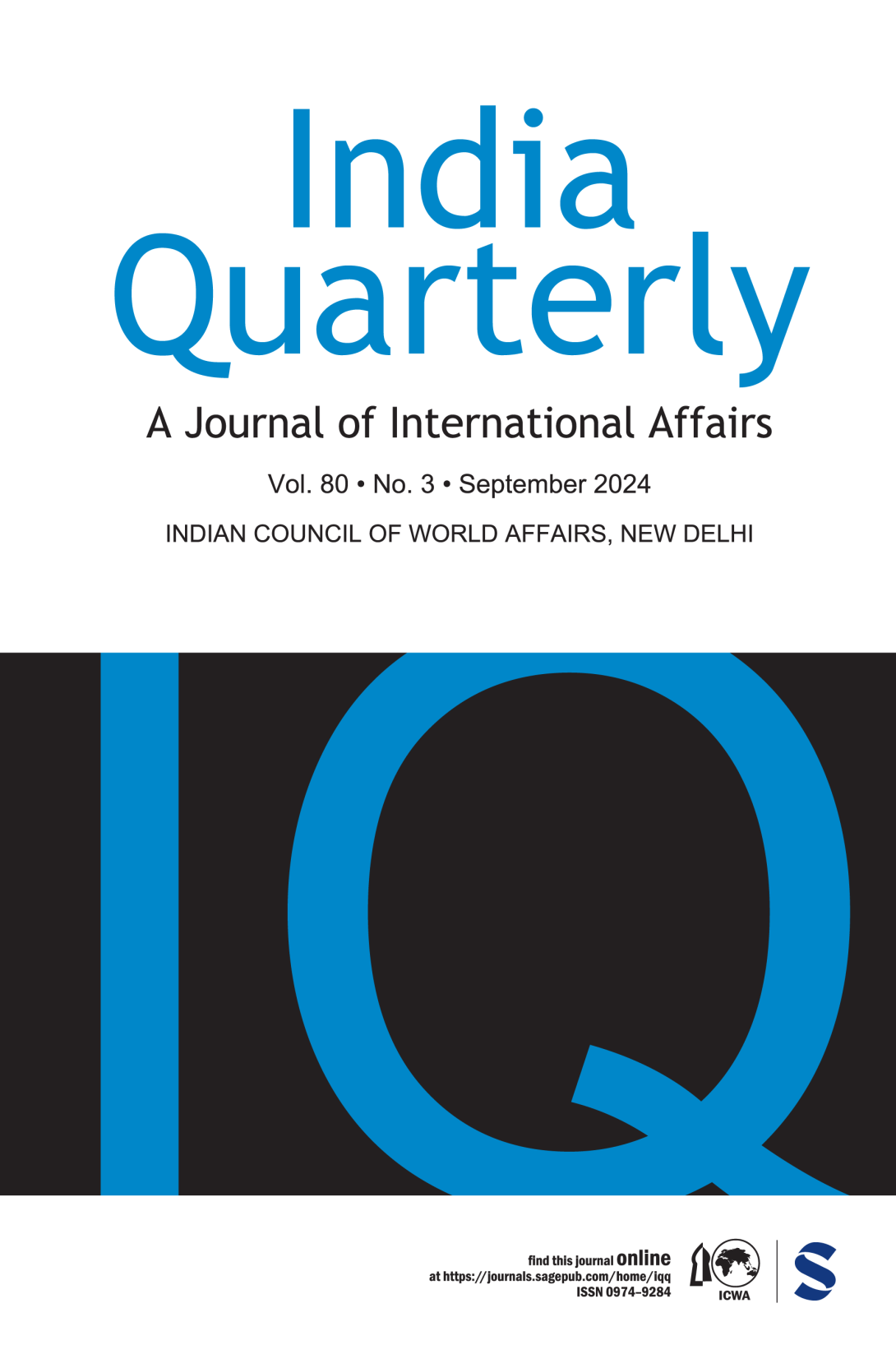
|
D Suba Chandran Professor and Dean, Conflict Resolution and Peace Research Programme Pakistan in the 2020s: Complicated history haunts its present and the future https://journals.sagepub.com/doi/full/10.1177/09749284221079497 India Quarterly, Vol 78, No.1 |
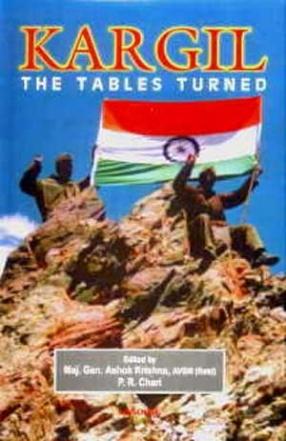
|
D Suba Chandran Professor and Dean, Conflict Resolution and Peace Research Programme Role of the United States: Mediator or Mere Facilitator? In: Maj. Gen. Ashok Krishna and P R Chari eds., Kargil: Tables Turned (New Delhi: Manohar Publishers) 2001 pp. 205-220 |

|
D Suba Chandran Professor and Dean, Conflict Resolution and Peace Research Programme Refugees in South Asia: Security Threat or a Security Tool In: PR Chari et al, ed., Missing Boundaries: Refugees, Migrants, Stateless and Internally Displaced Persons in South Asia, New Delhi: Manohar Publishers, pp. 151-172 |
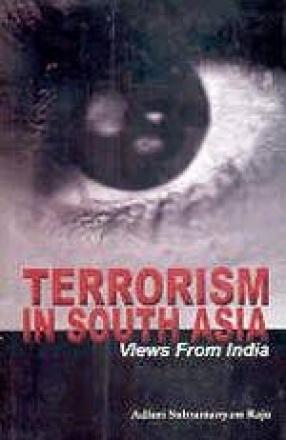
|
D Suba Chandran Professor and Dean, Conflict Resolution and Peace Research Programme Suicide terrorism: An Enquiry In: A Subramanyam Raju ed., Terrorism in South Asia New Delhi: India Research Press, 2004 pp.219-230 |
| |
D Suba Chandran Professor and Dean, Conflict Resolution and Peace Research Programme Non State Actors in South Asia: Who will Use Bio Weapons and Against Whom In: PR Chari and Suba Chandran eds., Bio-Defence and Bio-Terrorism New Delhi: Manohar, pp. 143-162 |

|
D Suba Chandran Professor and Dean, Conflict Resolution and Peace Research Programme Intra-State Armed Conflicts in South Asia: Impact on Regional Security In: Dev Raj Dahal and Nishchal Nath Pandey, eds., Comprehensive Security in South Asia (New Delhi: Manohar Publishers, 2006) pp. 159-175 |
| |
D Suba Chandran Professor and Dean, Conflict Resolution and Peace Research Programme Pakistan: Tribal Troubles in Balochistan and Waziristan D Suba Chandran ed., Armed Conflicts and Peace Processes in South Asia 2006 New Delhi: Samskriti Publishers, 2006 pp. 159- 179 |
| |
D Suba Chandran Professor and Dean, Conflict Resolution and Peace Research Programme J&K: Infiltration Declines, Violence persists In: D Suba Chandran ed., Armed Conflicts and Peace Processes in South Asia 2006 New Delhi: Samskriti Publishers, 2006 pp. 30-65 |

|
D Suba Chandran Professor and Dean, Conflict Resolution and Peace Research Programme Jihadis Regroup: Post Earthquake Changes inside PoK In: Dipankar Banerjee & Suba Chandran,ed.,Jammu & Kashmir: Preparing for a New Beginning, New Delhi: Samskriti Publishers |
| |
D Suba Chandran Professor and Dean, Conflict Resolution and Peace Research Programme India and Armed Nonstate Actors in the Kashmir Conflict In: WPS Sidhu et al, ed., Kashmir: New Voices, New Approaches Boulder: Lynne Rienner, 2006 pp. 80-107 |

|
D Suba Chandran Professor and Dean, Conflict Resolution and Peace Research Programme J&K: From Militancy to Jihad In: D. Suba Chandran and PR Chari, eds., Armed Conflicts in South Asia 2008 ,New Delhi: Routledge, pp.92-117. |
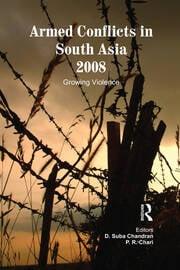
|
D Suba Chandran Professor and Dean, Conflict Resolution and Peace Research Programme Pakistan: The War of Tribes In: in D. Suba Chandran and PR Chari, eds., Armed Conflicts in South Asia 2008 New Delhi: Routledge, pp.71-91 |
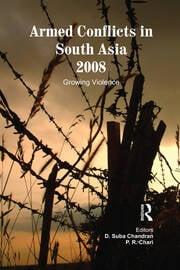
|
D Suba Chandran Professor and Dean, Conflict Resolution and Peace Research Programme J&K In: D. Suba Chandran and PR Chari, eds., Armed Conflicts in South Asia 2008 (New Delhi: Routledge) pp.83-102. |
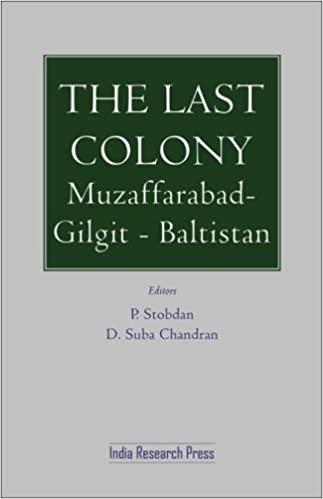
|
D Suba Chandran Professor and Dean, Conflict Resolution and Peace Research Programme Northern Areas: Myths, Facts and Politics In: P Stobdan and Suba Chandran eds., The Last Colony: Muzaffarabad-Gilgit-Baltistan New Delhi: India Research Press pp. 177-202 |
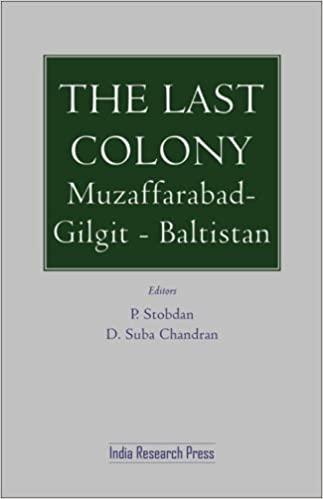
|
D Suba Chandran Professor and Dean, Conflict Resolution and Peace Research Programme Sectarian Violence in Northern Areas In: P Stobdan and Suba Chandran eds., The Last Colony: Muzaffarabad-Gilgit-Baltistan (New Delhi: India Research Press |

|
D Suba Chandran co-edited Professor and Dean, Conflict Resolution and Peace Research Programme Countering Terrorism: Perspectives from India In:Dipankar Banerjee et al (eds) Countering Terrorism: Building a Common Approach in SAARC New Delhi: MacMillan |
| |
D Suba Chandran Professor and Dean, Conflict Resolution and Peace Research Programme FATA &NWFP: Spreading Anarchy In: D. Suba Chandran and PR Chari, eds., Armed Conflicts in South Asia 2009: Continuing Violence, Failing Peace Processes New Delhi: Routledge, 2010. pp.62- 82 |
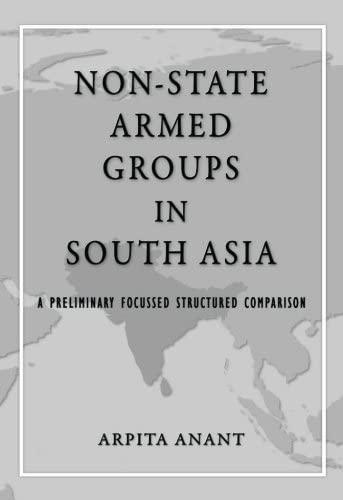
|
D Suba Chandran Professor and Dean, Conflict Resolution and Peace Research Programme The rise and decline of armed non-state actors: The Kashmir experience In: Arpita Anant ed., Non-State armed groups in South Asia: A preliminary structured focused comparison, New Delhi: Pentagon Press, 2012, pp. 351-362. |
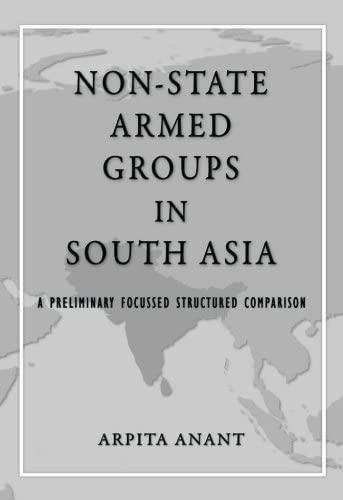
|
D Suba Chandran co-authored Professor and Dean, Conflict Resolution and Peace Research Programme Lashkar-e-Toiba In: Arpita Anant ed., Non-State armed groups in South Asia: A preliminary structured focused comparison, New Delhi: Pentagon Press, 2012, pp. 245-262 |
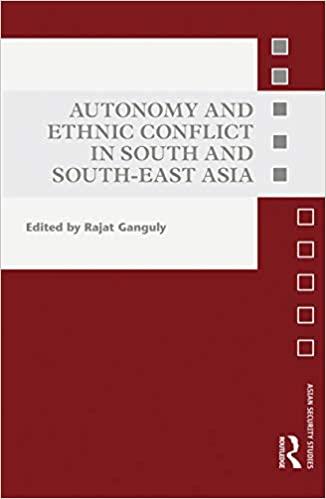
|
D Suba Chandran Professor and Dean, Conflict Resolution and Peace Research Programme Prospects for Autonomy in Jammu and Kashmir In: Rajat Ganguly ed., Autonomy and Ethnic Conflict in South and South-East Asia, London: Routledge, 2012 pp. 08-26. |
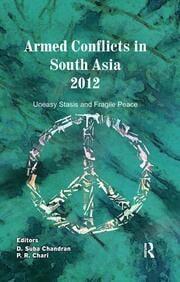
|
D Suba Chandran Professor and Dean, Conflict Resolution and Peace Research Programme Peace Audit: Between Armed Conflict and Positive Peace In: Armed Conflicts in South Asia 2012: Uneasy Stasis and Fragile Peace, New Delhi: Routledge, 2013. pp. 133-14 |
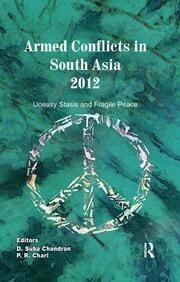
|
D Suba Chandran Professor and Dean, Conflict Resolution and Peace Research Programme FATA and Khyber Pakhtunkhwa In: Armed Conflicts in South Asia 2012: Uneasy Stasis and Fragile Peace ,New Delhi: Routledge, 2013, 50-74 |
| |
D Suba Chandran co-authored Professor and Dean, Conflict Resolution and Peace Research Programme Armed Conflicts in Pakistan 2013: Continuing Violence despite Changes in Leadership Armed Conflict, Peace Audit and Early Warning 2014: Stability and Instability in South Asia, New Delhi: SAGE, 2014, pp.53-72 |
| |
D Suba Chandran co-edited Professor and Dean, Conflict Resolution and Peace Research Programme State, Society and Talks with Taliban: Everywhere and Nowhere In: Armed Conflict, Peace Audit and Early Warning 2014: Stability and Instability in South Asia, New Delhi: SAGE, 2014, pp.290- 306 |

|
D Suba Chandran co-edited Professor and Dean, Conflict Resolution and Peace Research Programme Bridging the Karakoram: From Ladakh, Tibet and Kashgar to further west In: India, China and Sub regional Connectivities in South Asia , SAGE: New Delhi |
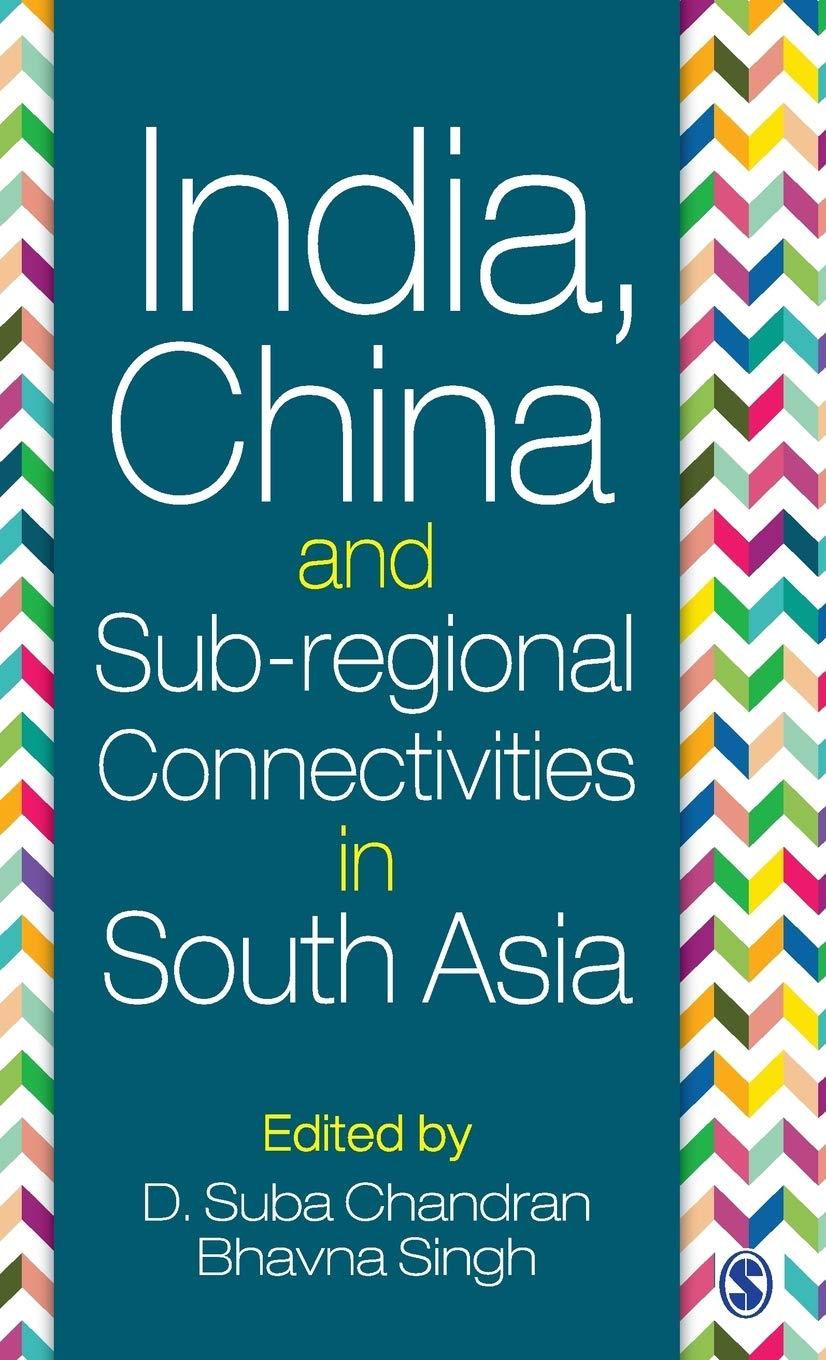
|
D Suba Chandran co-edited Professor and Dean, Conflict Resolution and Peace Research Programme Border Trade in Ladakh, Tiber and Kashgar: Premature or Political Investment? In: India, China and Sub regional Connectivities in South Asia ,SAGE: New Delhi |
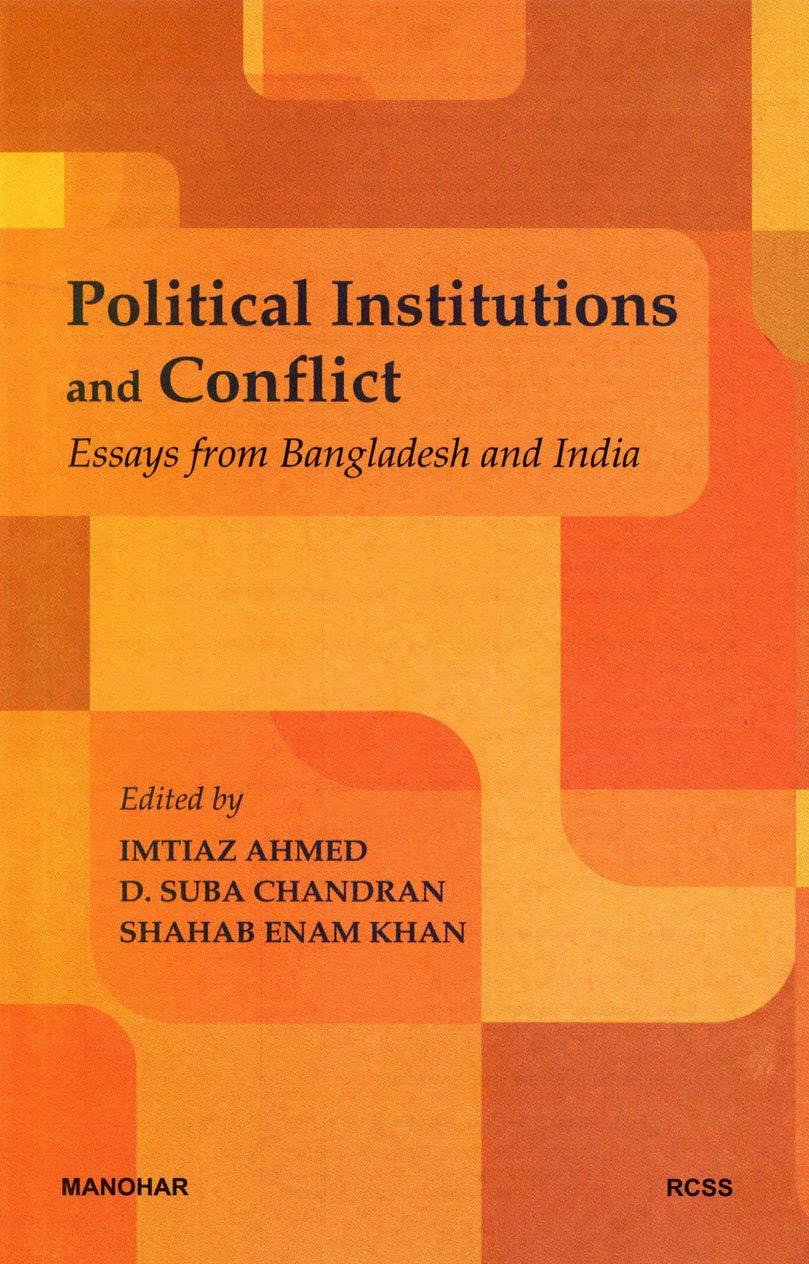
|
D Suba Chandran co-edited Professor and Dean, Conflict Resolution and Peace Research Programme Armed Conflicts and Political Parties in India: Enablers, Detractors and the Road Ahead In: Political Institutions and Conflict: Essays from Bangladesh and India ,Manohar Publishers: New Delhi |
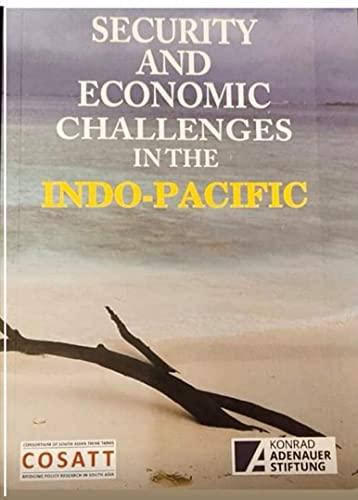
|
D Suba Chandran Professor and Dean, Conflict Resolution and Peace Research Programme India and the Indo-Pacific: Ideas, Strategies and Challenges In: Security and Economic Challenges in the Indo-Pacific. Kathmandu, COSATT and Political Dialogue Asia Programme, Konrad Adenauer Stiftung |

|
D Suba Chandran Professor and Dean, Conflict Resolution and Peace Research Programme COVID-19 and Inequality: The impending circular trap in South Asia In: Nishchalnath Pandey . Impact of COVID-19 on the SDGs of South Asia. Kathmandu, COSATT |
| |
D Suba Chandran Professor and Dean, Conflict Resolution and Peace Research Programme Afghanistan as a regional asset: Transportation and Energy Cooperation between South Asia and Central Asia In: Afghanistan: The Way Forward. COSATT, Kathmandu. |

|
Abigail Miriam Fernandez Project Associate, Conflict Resolution and Peace Research Programme Pakistan at COP27: Four Takeaways Pakistan Reader On 7 November, Prime Minister Shehbaz Sharif addressed the Climate Change Conference (COP27) as vice chair in Egypt’s Sharm El Sheikh. During his national statement, he stated that Pakistan would need debt relief and would seek compensation for climate damage as it recovers from catastrophic floods that cost the country over USD 30 billion. |

|
Abigail Miriam Fernandez Project Associate, Conflict Resolution and Peace Research Programme Violence in Swat: Five factors besides the TTP Pakistan Reader While the TTP is the main cause for concern other factors are playing a role |

|
Apoorva Sudhakar Project Associate, Conflict Resolution and Peace Research Programme Floods in West Africa: Nigeria and beyond Africa Weekly The gravity of floods in Nigeria has brought forth a larger problem in West and Central Africa, comprising of climate change and poor urban planning. |
| |
D Suba Chandran co-edited Professor and Dean, Conflict Resolution and Peace Research Programme India and NATO Co-edited. New Delhi: McMillan, 2009 |
| |
D Suba Chandran co-edited Professor and Dean, Conflict Resolution and Peace Research Programme Jammu and Kashmir: Charting a Future Co-edited. New Delhi: Samskriti Publishers, 2005 |

|
D Suba Chandran co-edited Professor and Dean, Conflict Resolution and Peace Research Programme Kashmir: The Way Ahead 0Co-edited. New Delhi: IPCS Topical Series, 2002 |

|
D Suba Chandran co-edited Professor and Dean, Conflict Resolution and Peace Research Programme Armed Conflicts in South Asia 2011: The Promise and Threat of Transformation Co-edited. New Delhi: Routledge, 2012 |
| |
D Suba Chandran co-edited Professor and Dean, Conflict Resolution and Peace Research Programme Building Bridges: Strengthening Physical, Infrastructural and Emotional Linkages in South Asia Co-edited. IPCS, 2013 |

|
D Suba Chandran co-authored Professor and Dean, Conflict Resolution and Peace Research Programme Lethal Fields: Landmines in South Asia Co-edited. New Delhi: Sudha Printing Press, 2001 |
| |
D Suba Chandran co-edited Professor and Dean, Conflict Resolution and Peace Research Programme India and Pakistan: The Agra Summit and After Co-edited. New Delhi: IPCS Topical Series, 2001 |
| co-edited Kashmir: The Way Ahead |
|
| |
D Suba Chandran co-edited Professor and Dean, Conflict Resolution and Peace Research Programme Terrorism Post 9/11: An Indian Perspective Co-edited. New Delhi: Manohar Publisher, 2003 |
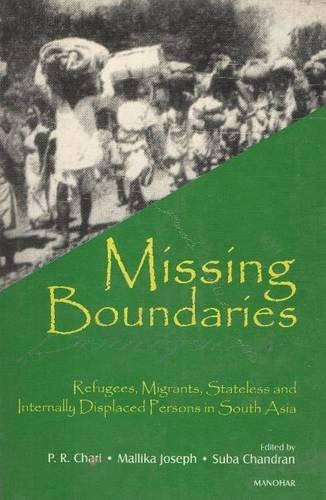
|
D Suba Chandran co-edited Professor and Dean, Conflict Resolution and Peace Research Programme Missing Boundaries: Refugees, Migrants, Stateless and Internally Displaced Persons in South Asia Co-edited. New Delhi: Manohar Publishers, 2003 |
| |
D Suba Chandran co-edited Professor and Dean, Conflict Resolution and Peace Research Programme Bio-Terrorism and Bio-Defence Co-edited. New Delhi: Manohar Publishers, 2005 |
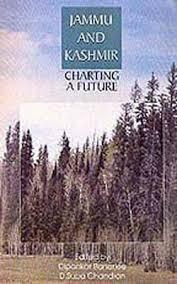
|
D Suba Chandran co-edited Professor and Dean, Conflict Resolution and Peace Research Programme Jammu and Kashmir: Charting a Future New Delhi: Samskriti Publishers, 2005 |
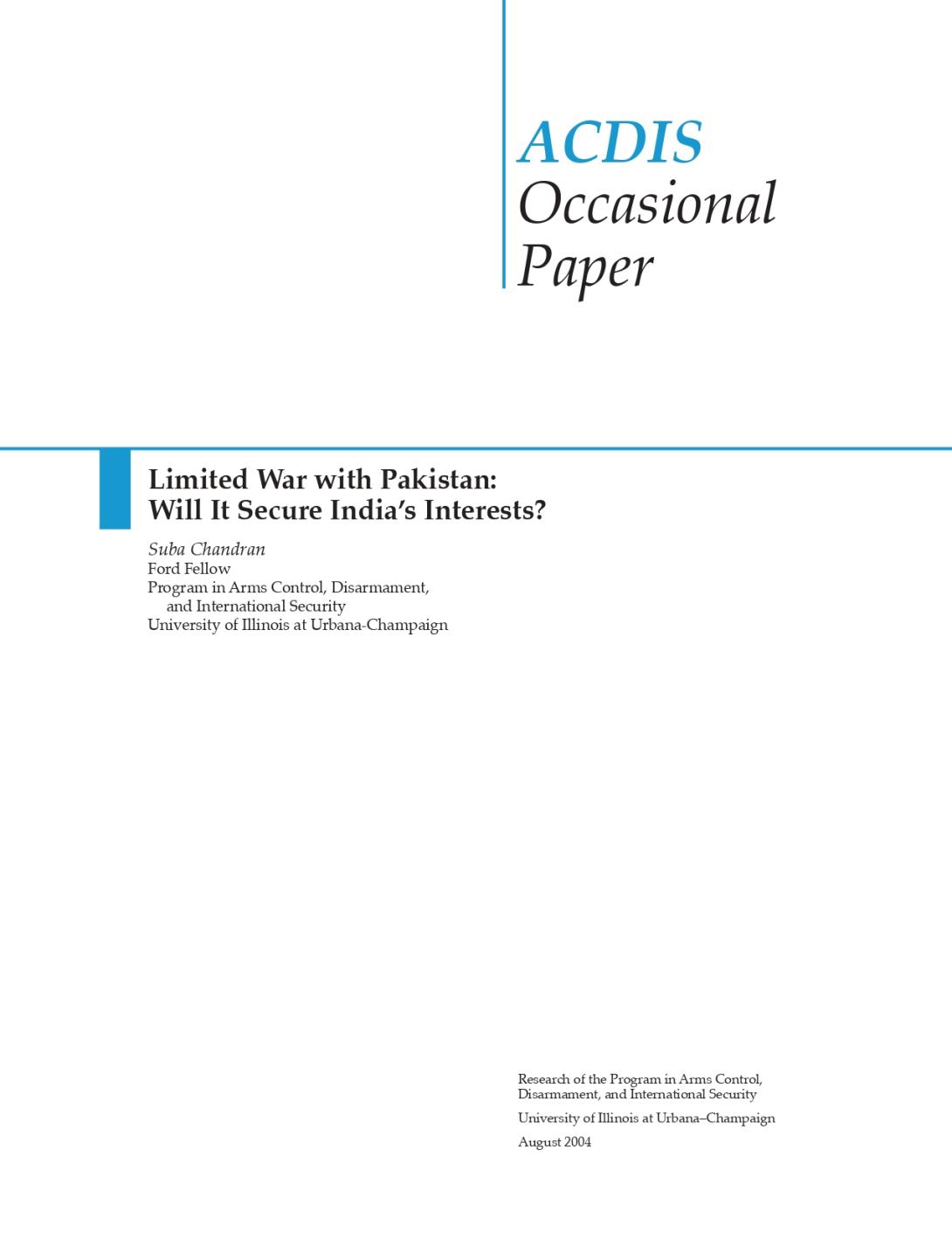
|
D Suba Chandran Professor and Dean, Conflict Resolution and Peace Research Programme Limited War with Pakistan: Will it Secure India’s Interests? Urbana-Champaign: ACDIS, University of Illinois, 2004 |

|
D Suba Chandran Professor and Dean, Conflict Resolution and Peace Research Programme Building Trust and Reducing Risks: Nuclear Confidence Building Measures in South Asia Bradford: University of Bradford, 2005 |
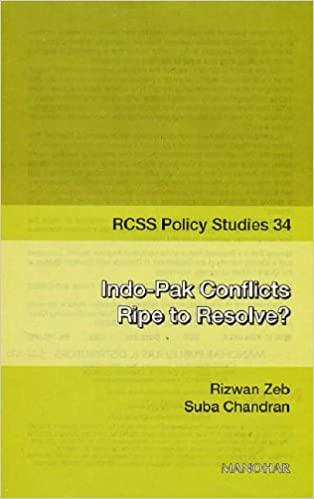
|
D Suba Chandran co-authored Professor and Dean, Conflict Resolution and Peace Research Programme Indo-Pak Conflicts: Ripe to Resolve? Co-authored. New Delhi: Manohar Publishers, 2005 |
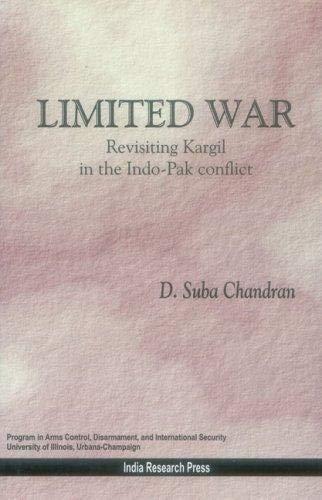
|
D Suba Chandran Professor and Dean, Conflict Resolution and Peace Research Programme Limited War: Revisiting Kargil in Indo-Pak Conflicts New Delhi: India Research Press, 2005 |

|
D Suba Chandran co-edited Professor and Dean, Conflict Resolution and Peace Research Programme Jammu & Kashmir: Preparing for a New Beginning Co-edited. New Delhi: Samskriti Publishers, 2006 |
| |
D Suba Chandran Professor and Dean, Conflict Resolution and Peace Research Programme Armed Conflicts and Peace Processes in South Asia 2006 Edited. New Delhi: Samskriti Publishers, 2006 |
| |
D Suba Chandran co-edited Professor and Dean, Conflict Resolution and Peace Research Programme Radical Islam and International Terrorism Co-edited. New Delhi: KAS, 2007 |
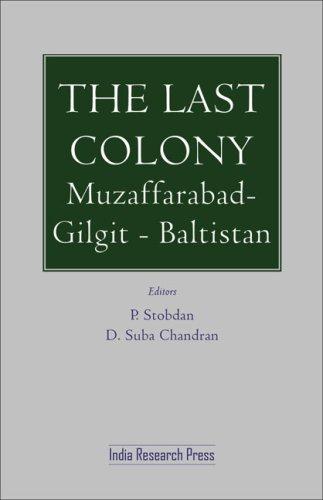
|
D Suba Chandran co-edited Professor and Dean, Conflict Resolution and Peace Research Programme The Last Colony: Muzaffarabad-Gilgit-Baltistan Co-edited. New Delhi: India Research Press, 2008 |
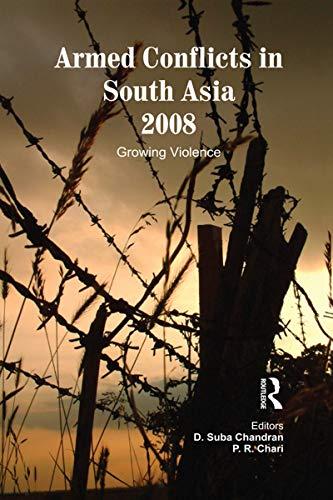
|
D Suba Chandran co-edited Professor and Dean, Conflict Resolution and Peace Research Programme Armed Conflicts in South Asia 2008 Co-edited. New Delhi: Routledge, 2008 |
| |
D Suba Chandran co-edited Professor and Dean, Conflict Resolution and Peace Research Programme Radical Islam and Democracy: Indian and Southeast Asian Experiences Co-edited. New Delhi: KAS, 2009 |
| co-edited India and NATO New Delhi: McMillan, 2009 |
|
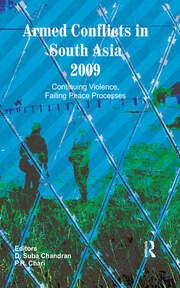
|
D Suba Chandran co-edited Professor and Dean, Conflict Resolution and Peace Research Programme Armed Conflicts in South Asia 2009: Continuing Violence, Failing Peace Processes Co-edited. New Delhi: Routledge, 2010 |

|
D Suba Chandran co-edited Professor and Dean, Conflict Resolution and Peace Research Programme Countering Terrorism: Building a Common Approach in SAARC Co-edited. New Delhi: MacMillan, 2010 |

|
D Suba Chandran co-edited Professor and Dean, Conflict Resolution and Peace Research Programme India’s Foreign Policy : Old Problems, New Challenges Co-edited. New Delhi: MacMillan, 2011 |
| co-edited Armed Conflicts in South Asia 2011: The Promise and Threat of Transformation Routledge India |
|
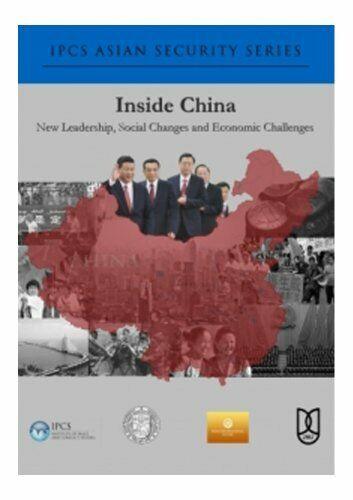
|
D Suba Chandran co-edited Professor and Dean, Conflict Resolution and Peace Research Programme Inside China: New Leadership, Social Changes and Economic Challenges Co-edited. New Delhi: Samskriti, 2012 |
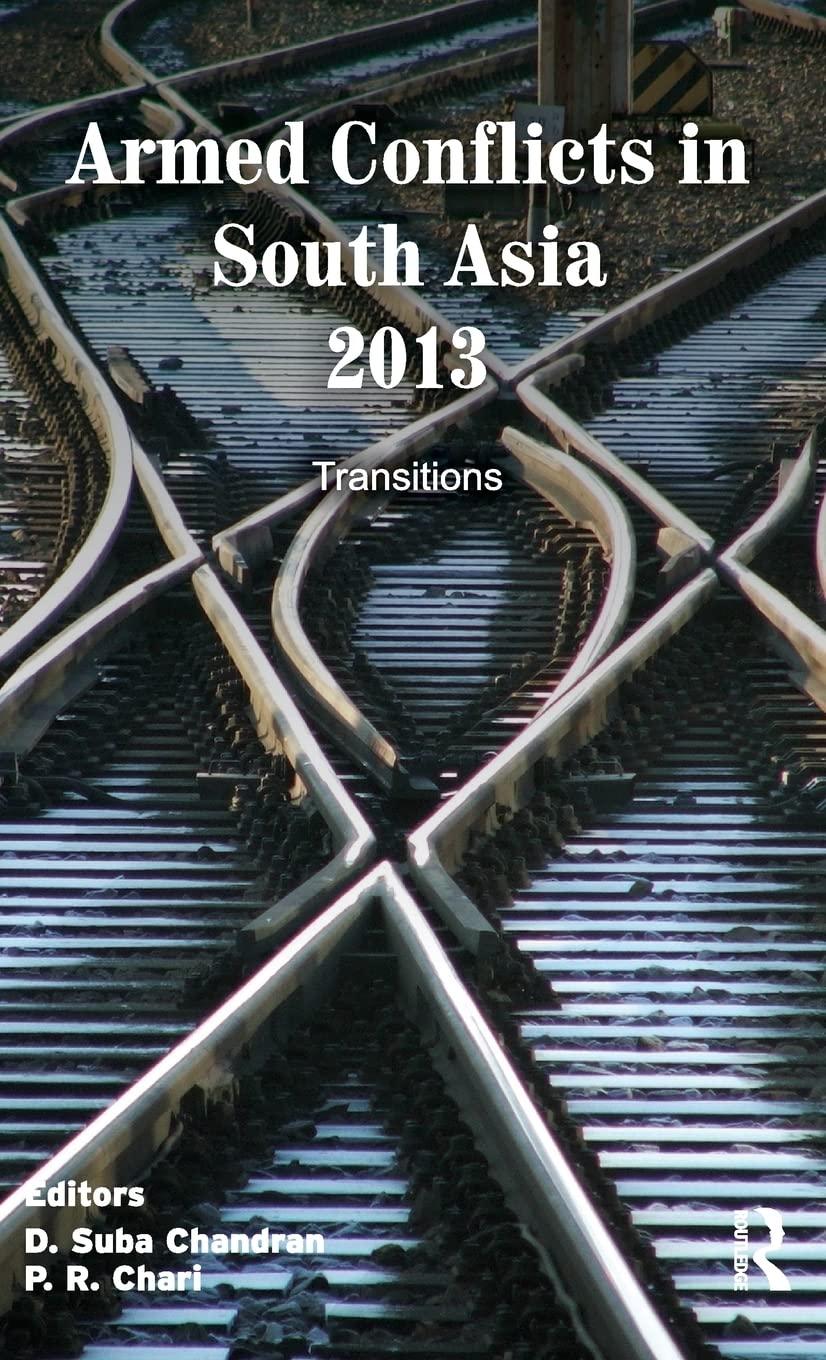
|
D Suba Chandran co-edited Professor and Dean, Conflict Resolution and Peace Research Programme Armed Conflicts in South Asia 2013: Transitions Co-edited. New Delhi: Routledge ,2014 |

|
D Suba Chandran co-edited Professor and Dean, Conflict Resolution and Peace Research Programme Armed Conflict, Peace Audit and Early Warning 2014: Stability and Instability in South Asia Co-edited. New Delhi: SAGE,2015 |
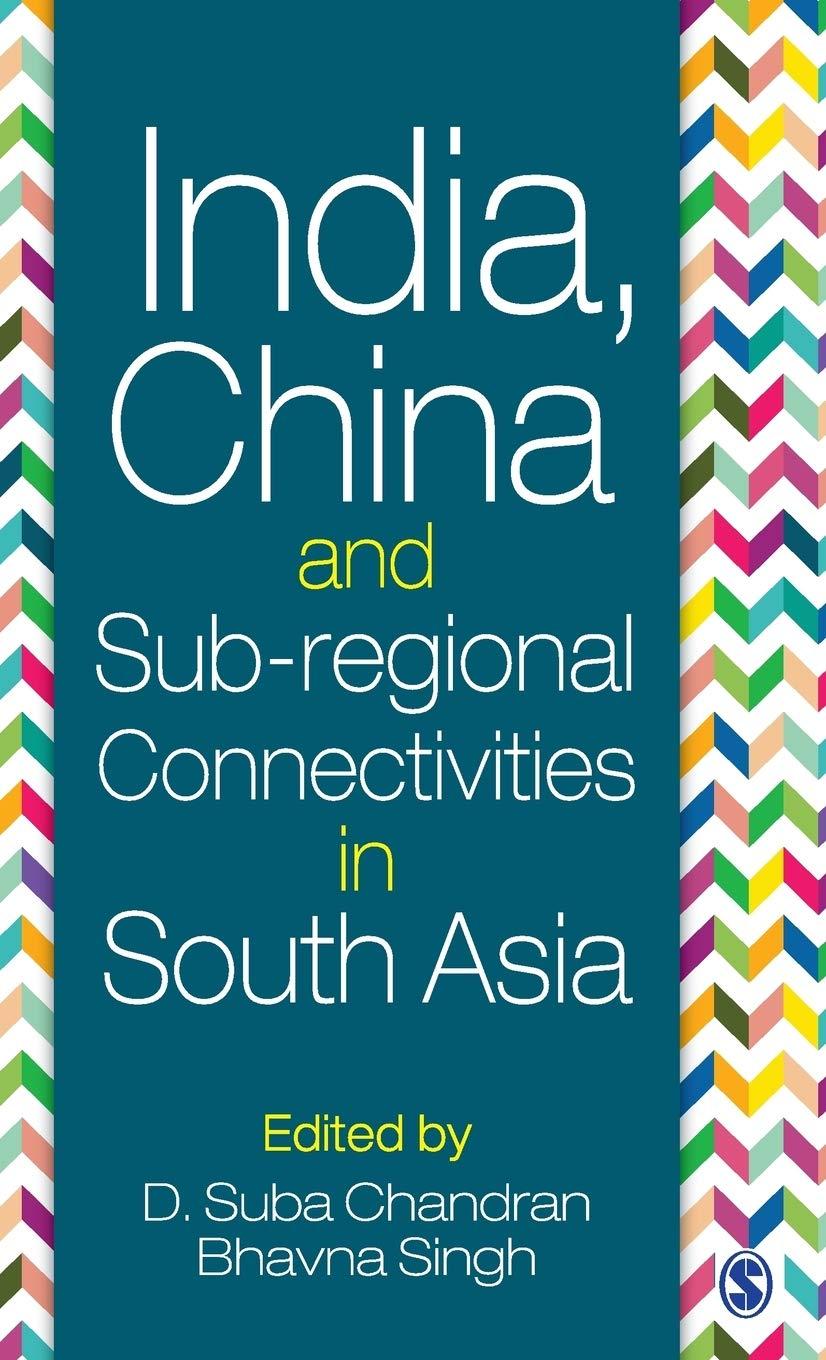
|
D Suba Chandran co-edited Professor and Dean, Conflict Resolution and Peace Research Programme India, China and Sub regional Connectivities in South Asia Co-edited. New Delhi: SAGE,2015 |
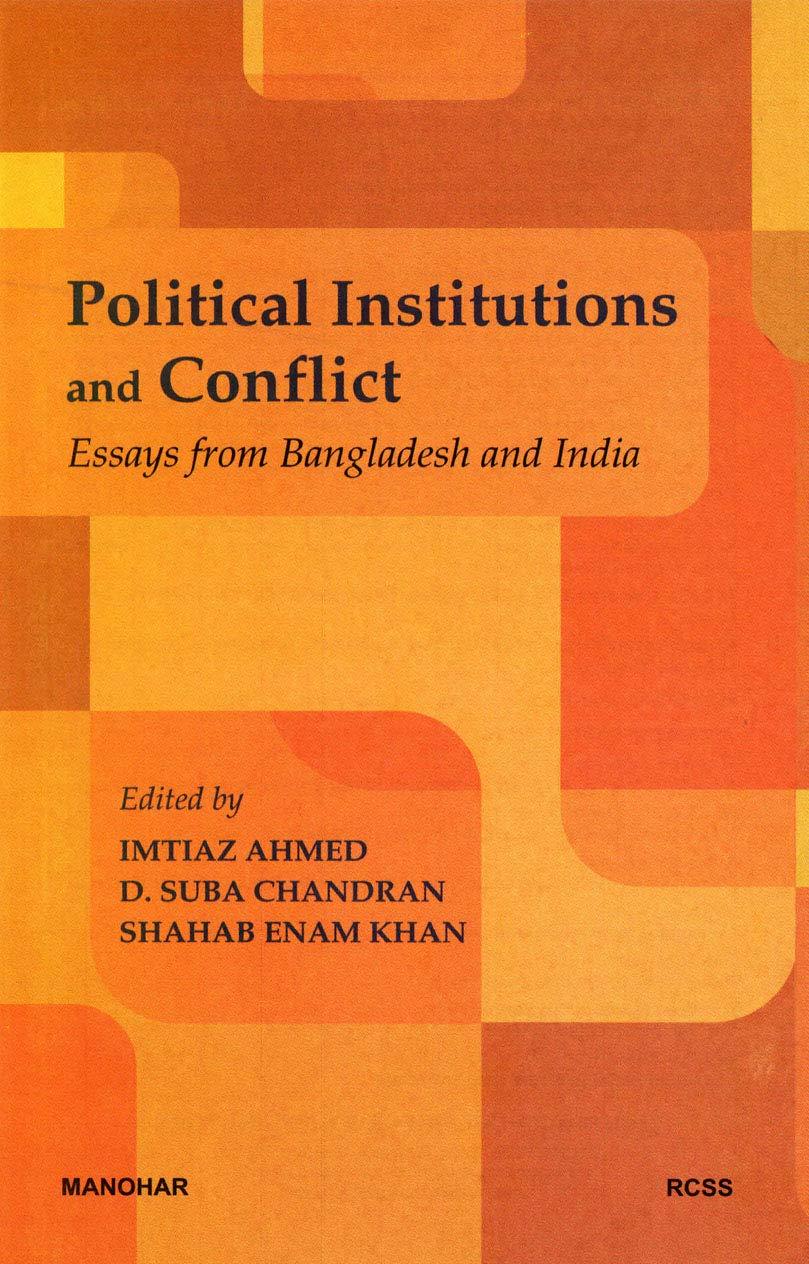
|
D Suba Chandran co-edited Professor and Dean, Conflict Resolution and Peace Research Programme Political Institutions and Conflict: Essays from Bangladesh and India Co-edited. New Delhi: Manohar Publishers,2016 |

|
Anshuman Behera Associate Professor , Conflict Resolution and Peace Research Programme Futility of PFI ban: Islamist bodies’ rebirth https://www.dailypioneer.com/2022/sunday-edition/futility-of-pfi-ban--islamist-bodies----rebirth.html?fbclid=IwAR2sKtML9JmUbpW-4SxTWkJdZvedBe9Hbuudcw… In: The pioneer |
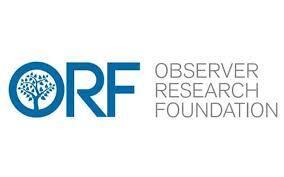
|
Anshuman Behera Associate Professor , Conflict Resolution and Peace Research Programme Will the PFI ban curb the growing radicalisation in India? https://www.orfonline.org/expert-speak/will-the-pfi-ban-curb-the-growing-radicalisation-in-india/?fbclid=IwAR0JGzCNcfCF6sSk8gqEs-SbMqs2z78eoABQzi89ZS… Observer Research Foundation An all-India crackdown on the PFI raises the question of whether merely banning radical organisations can halt the rise of radicalisation |

|
Anshuman Behera Associate Professor , Conflict Resolution and Peace Research Programme Interview: 'PFI crackdown doesn't mean all Muslims are terrorists' https://www.rediff.com/news/interview/anshuman-behera-pfi-crackdown-doesnt-mean-all-muslims-are-terrorists/20220929.htm In: Rediff 'Now that an extremist organisation like the PFI has been banned, it is time for the leaders to reach out to the minority community.' |

|
Anshuman Behera Associate Professor , Conflict Resolution and Peace Research Programme The nowhere people: Communities of Chhattisgarh caught in cross-fire between Salwa Judum and the Maoists https://www.telegraphindia.com/opinion/the-nowhere-people-communities-of-chhattisgarh-caught-in-cross-fire-between-two-militant-groups/cid/1887868 In: The Telegraph |

|
Anshuman Behera Associate Professor , Conflict Resolution and Peace Research Programme Modi’s Nepal visit shouldn’t take the beaten track The Pioneer |

|
Anshuman Behera Associate Professor , Conflict Resolution and Peace Research Programme The Big Catch Geopolitics |

|
Anshuman Behera Associate Professor , Conflict Resolution and Peace Research Programme No Easy Solutions for Ending India’s Bodo Conflict International Security Network |
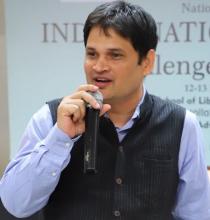
|
Anshuman Behera Associate Professor , Conflict Resolution and Peace Research Programme Sri Lanka Banneki Koshish na Kare Nepal Hastakshep, Sahara Times |

|
Anshuman Behera Associate Professor , Conflict Resolution and Peace Research Programme Conflict Over Statute Deccan Herald |

|
Anshuman Behera Associate Professor , Conflict Resolution and Peace Research Programme A Reality Check Deccan Herald |

|
Anshuman Behera Associate Professor , Conflict Resolution and Peace Research Programme Constitutional Bias Asian Age |
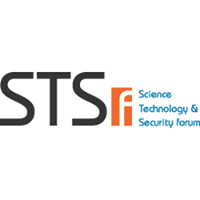
|
Anshuman Behera Associate Professor , Conflict Resolution and Peace Research Programme India's Growing Strategic Concerns in Nepal Science, Technology and Security Forum |

|
Anshuman Behera Associate Professor , Conflict Resolution and Peace Research Programme Manufacturing Maoists Deccan Herald |

|
Anshuman Behera Associate Professor , Conflict Resolution and Peace Research Programme Beyond superficial insights DNA |

|
Anshuman Behera Associate Professor , Conflict Resolution and Peace Research Programme Imperiled Citizenship: Understanding Assam's opposition to CAA Etv Bharat |

|
Anshuman Behera Associate Professor , Conflict Resolution and Peace Research Programme Reasoning Women's Protest against CAA Etv Bharat |

|
Anshuman Behera Associate Professor , Conflict Resolution and Peace Research Programme Dialogue a new strategy to deal with Maoists The Pioneer |

|
Anshuman Behera Associate Professor , Conflict Resolution and Peace Research Programme Roots of the Poison The Telegraph |

|
Anshuman Behera Associate Professor , Conflict Resolution and Peace Research Programme India's Influence in Nepal Shrinks Deccan Herald |

|
Anshuman Behera Associate Professor , Conflict Resolution and Peace Research Programme Perturbed Peace in Paradise Eenadu (Telegu) |

|
Anshuman Behera Associate Professor , Conflict Resolution and Peace Research Programme The Fires that burn within The Telegraph |
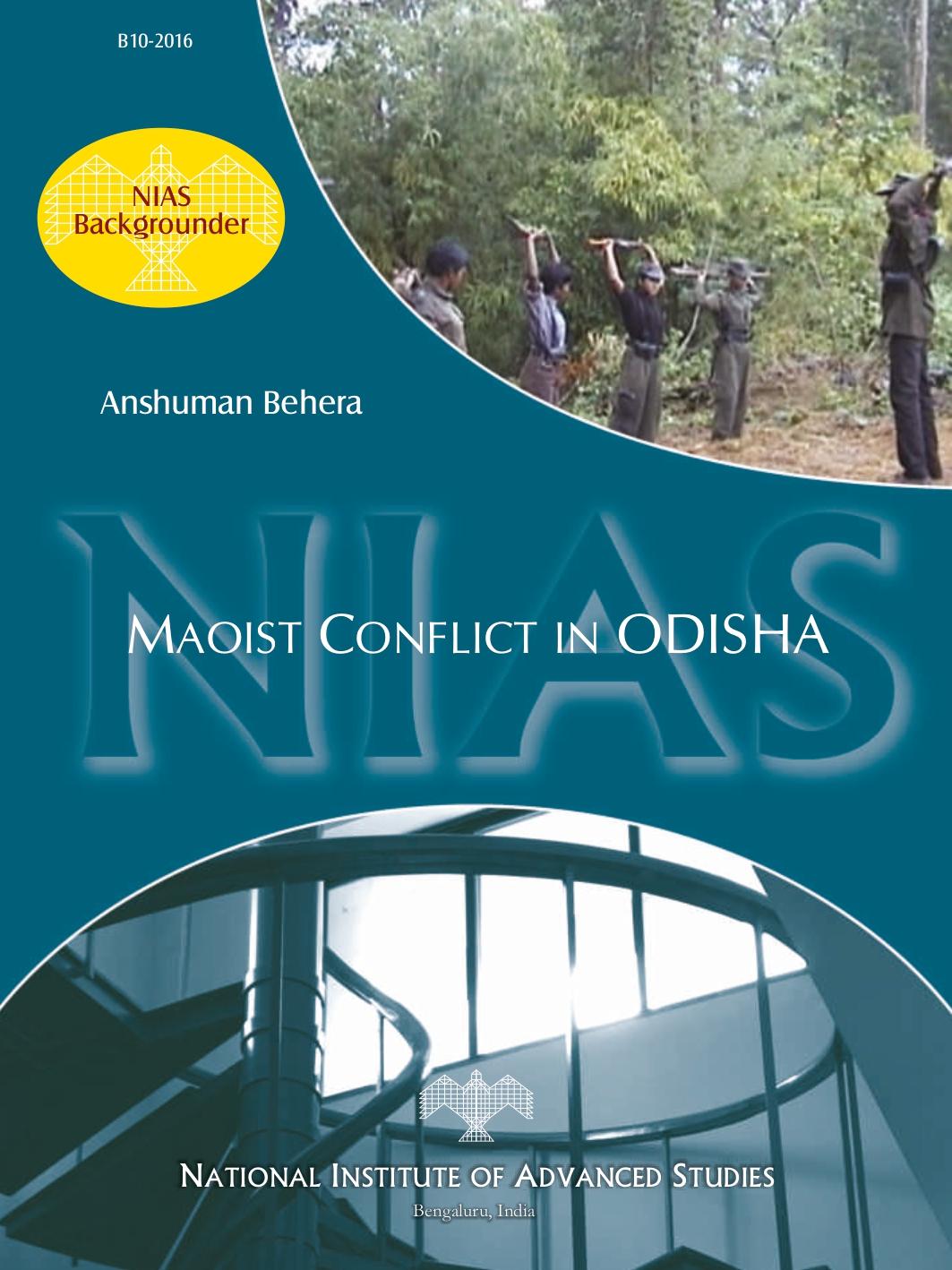
|
Anshuman Behera Associate Professor , Conflict Resolution and Peace Research Programme Maoist Conflict in Odisha NIAS Conflict Backgrounder. B10-2016, 2016 |
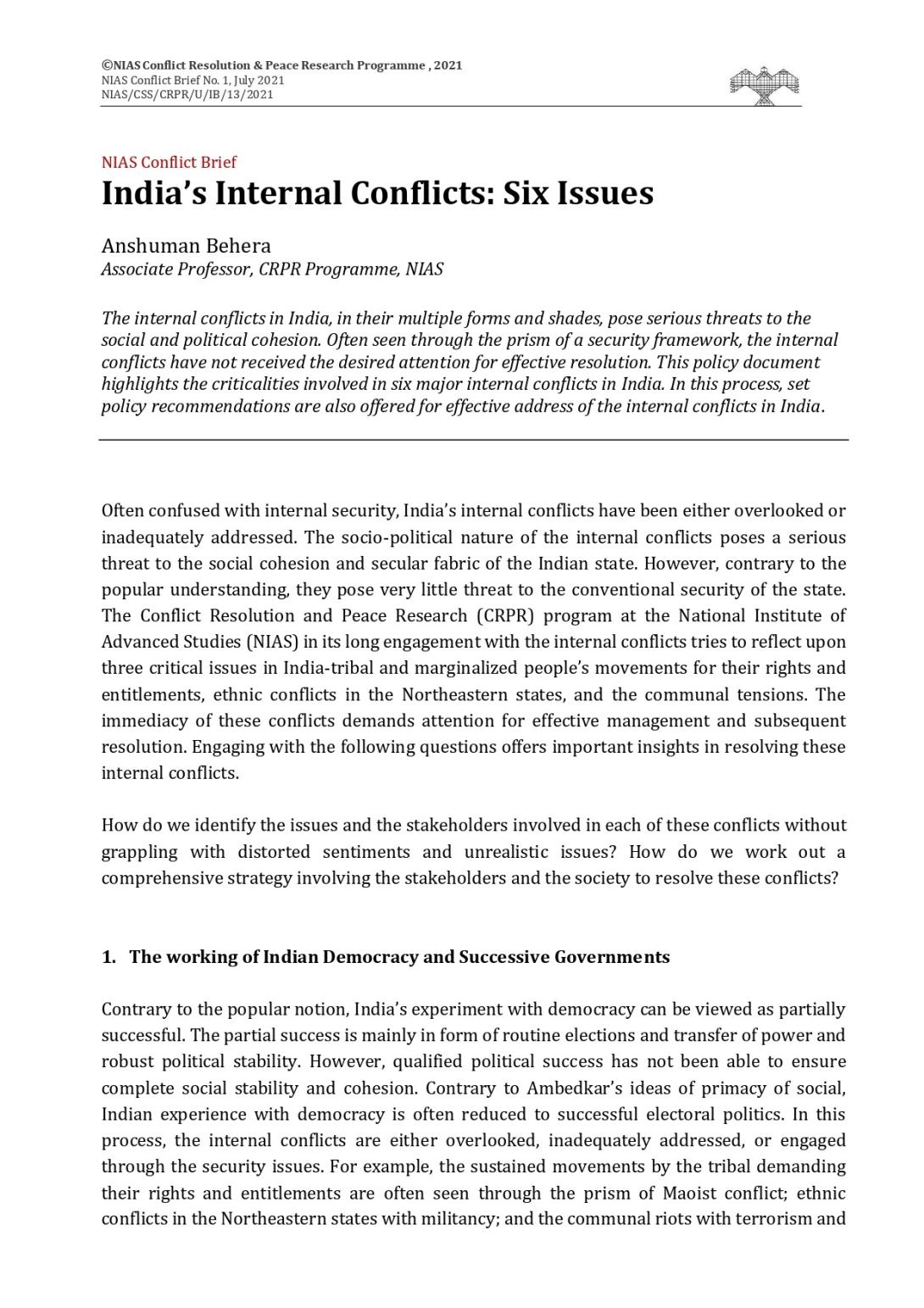
|
Anshuman Behera Associate Professor , Conflict Resolution and Peace Research Programme India’s Internal Conflicts: Six Issues NIAS Conflict Brief. NIAS Conflict Brief No. 1, July 2021. NIAS/CSS/CRPR/U/IB/13/2021 |
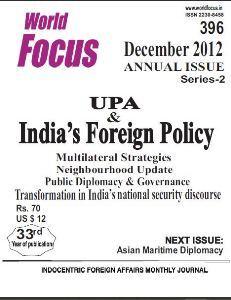
|
Anshuman Behera Associate Professor , Conflict Resolution and Peace Research Programme India-Nepal relations in 2012: An Analysis World Focus. 33(12): 99-103 |
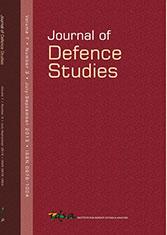
|
Anshuman Behera Associate Professor , Conflict Resolution and Peace Research Programme Deradicalisation in Bangladesh; Challenges Ahead https://idsa.in/jds/5_2_2011_DeradicalisationinBangladesh_abehera Journal of Defence Studies. 5 (2):138-146 |
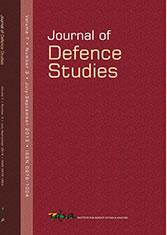
|
Anshuman Behera Associate Professor , Conflict Resolution and Peace Research Programme The Students Islamic Movement of India: The Story so far https://idsa.in/jds/7_1_2013_StudentsIslamicMovementofIndia_AnshumanBehera Journal of Defence Studies.7 (1): 213-228 |
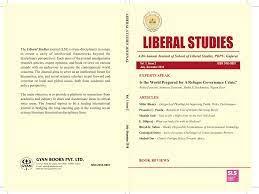
|
Anshuman Behera Associate Professor , Conflict Resolution and Peace Research Programme Emerging Trends of Terrorism: A Critical Analysis https://sls.pdpu.ac.in/ResearchJournal.html Liberal Studies Journal, 3 (2): 49-62 |
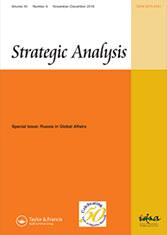
|
Anshuman Behera Associate Professor , Conflict Resolution and Peace Research Programme Insurgency, Drugs and Small Arms in Myanmar https://www.tandfonline.com/doi/abs/10.1080/09700161.2016.1249176 Strategic Analysis.41(1):34-48 |
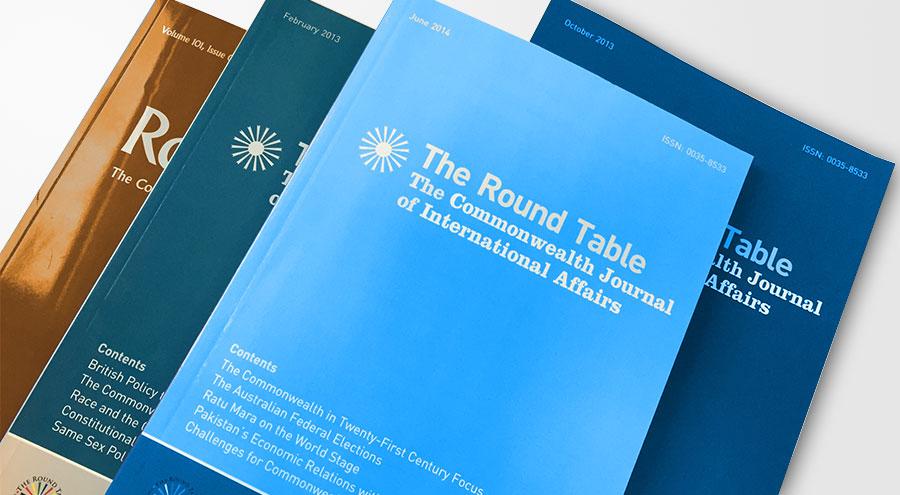
|
Anshuman Behera Associate Professor , Conflict Resolution and Peace Research Programme Development as a Source of Conflict: The Sahukars, Displaced Persons and the Maoists in Koraput https://www.tandfonline.com/doi/full/10.1080/00358533.2017.1368918 The Round Table: The Commonwealth Journal of International Affairs.106 (5):543-556 |
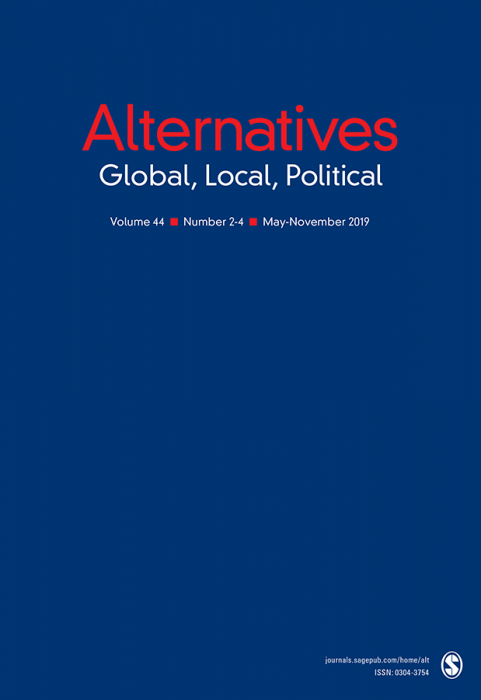
|
Anshuman Behera Associate Professor , Conflict Resolution and Peace Research Programme The Majoritarian Way to Democracy: The Bodoland Conflict in Assam https://journals.sagepub.com/doi/abs/10.1177/0304375418757094 Alternatives: Global, Local, Political. 42(3): 135-145 |
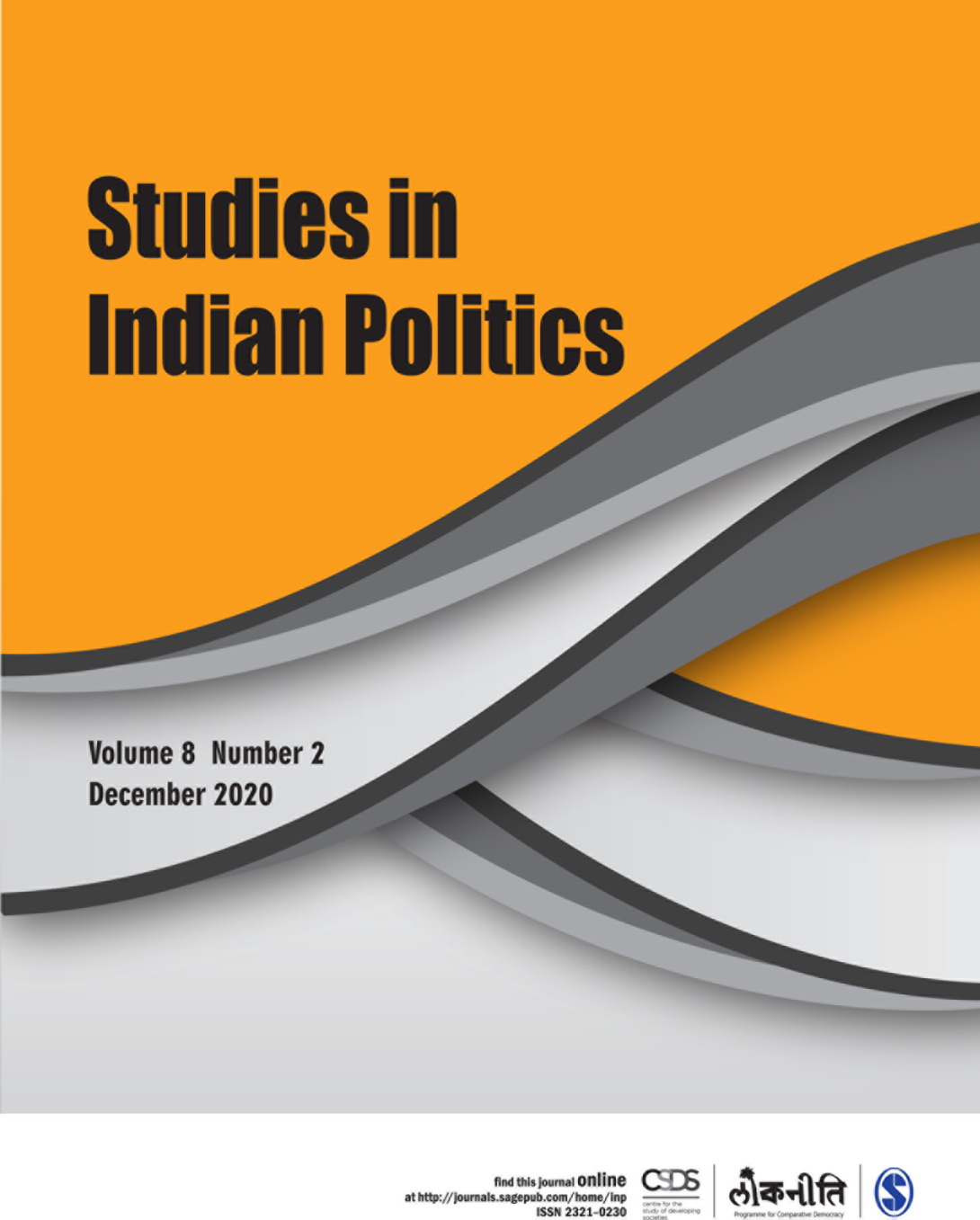
|
Anshuman Behera Associate Professor , Conflict Resolution and Peace Research Programme Politics of Good Governance and Development in Maoist Affected Scheduled Areas in India: A Critical Engagement https://journals.sagepub.com/doi/full/10.1177/2321023019838649 Studies in Indian Politics, 7(1): 44-55 |
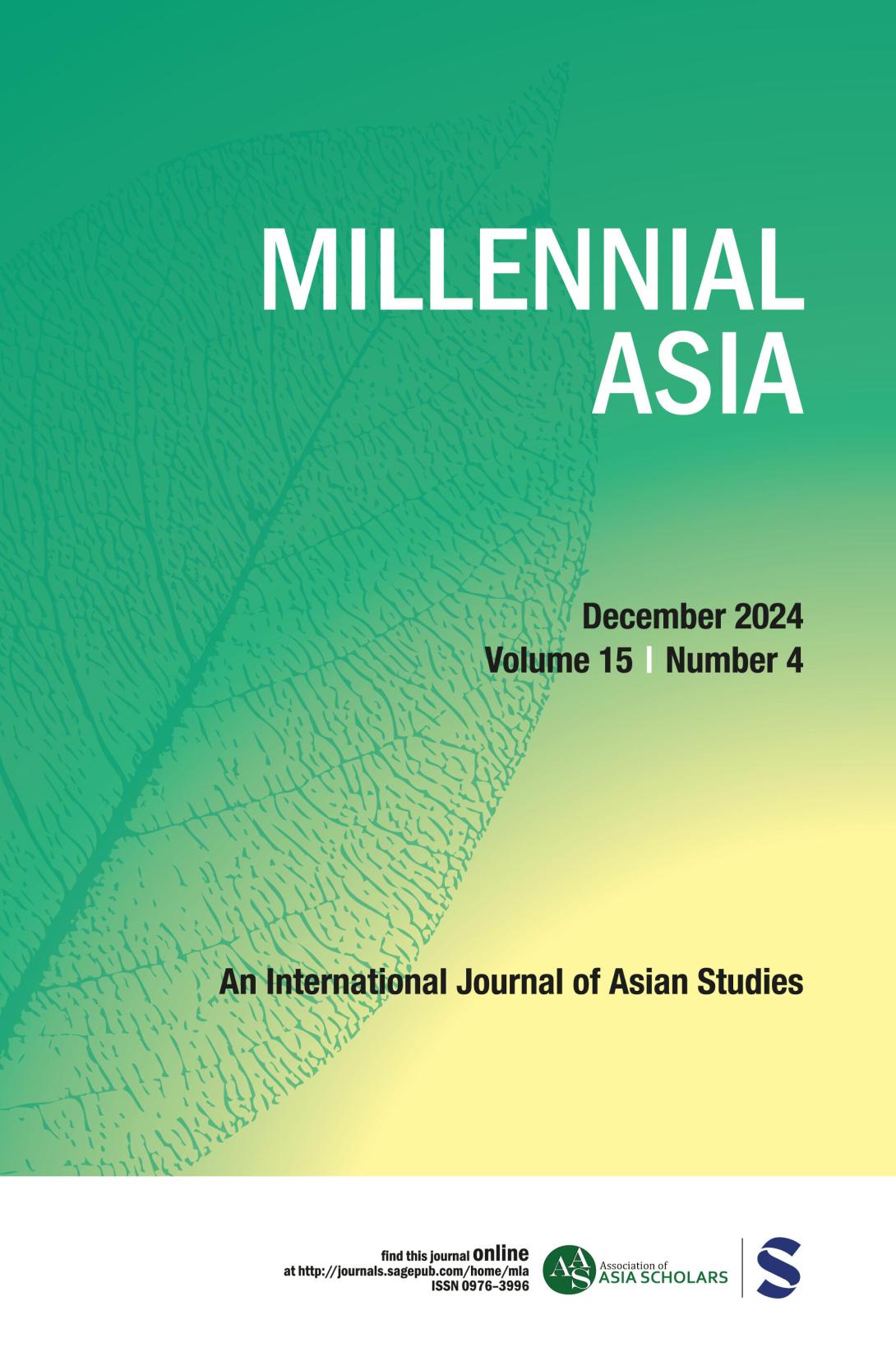
|
Anshuman Behera Associate Professor , Conflict Resolution and Peace Research Programme People’s Movement under a Revolutionary Brand: Understanding the Maoist Movement in Odisha https://journals.sagepub.com/doi/pdf/10.1177/0976399620925442 Millennial Asia. 11(2): 211-225 |
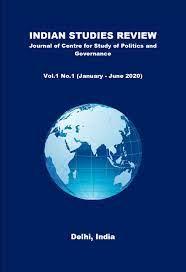
|
Anshuman Behera Associate Professor , Conflict Resolution and Peace Research Programme India’s Security Response to the Maoist Insurgency https://www.cspgindia.com/journal-1/vol.-ii-no.1-(jan-june-2021) Indian Studies Review. 2(1):1-16 |
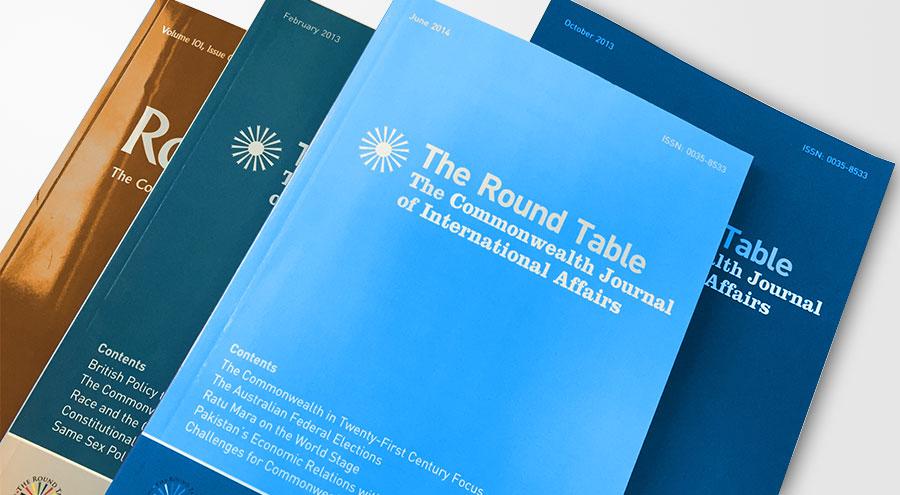
|
Anshuman Behera, M Mayilvaganan co-authored Associate Professor , Conflict Resolution and Peace Research Programme China-Nepal-India Economic Corridor: Wishful Thinking or Regional Aspiration beyond Rhetoric? https://www.tandfonline.com/doi/abs/10.1080/00358533.2021.1904586?journalCode=ctrt20 The Round Table: The Commonwealth Journal of International Affairs. 110(2): 250-263 |
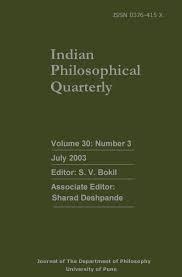
|
Anshuman Behera Associate Professor , Conflict Resolution and Peace Research Programme Swaraj and Democracy: Reflections on Indian Experience Indian Philosophical Quarterly. 47(1-2): 151-164 |

|
Anshuman Behera Associate Professor , Conflict Resolution and Peace Research Programme India’s Internal Security: Threat Perception and Way Forward https://ojs.indrastra.com/index.php/clawsjournal/article/view/130/136 CLAWS Journal. 15(2): 28-45 |
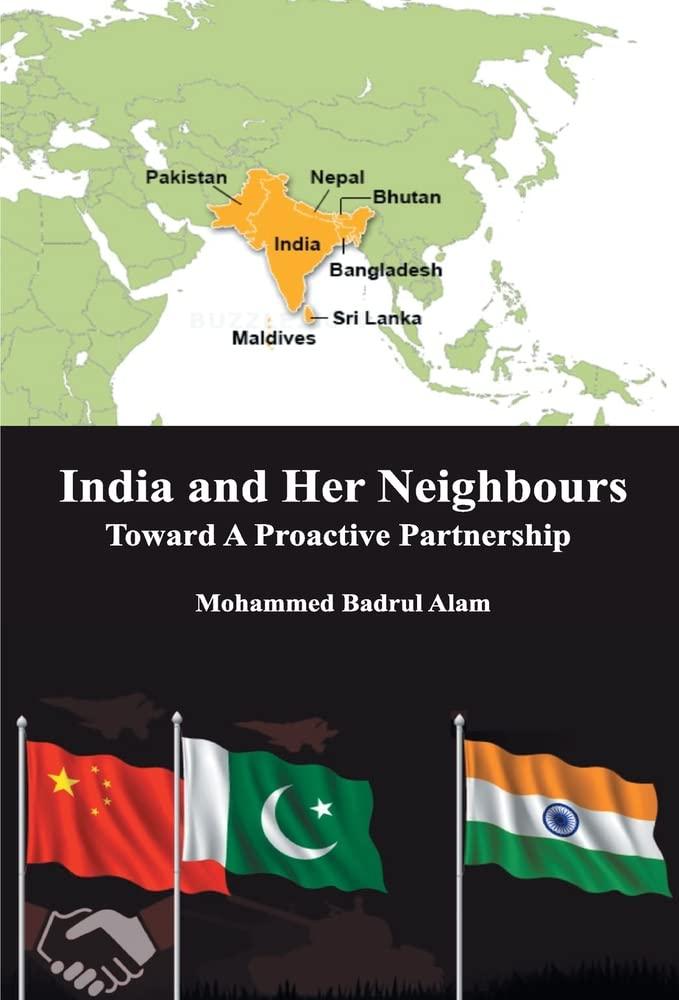
|
Anshuman Behera Associate Professor , Conflict Resolution and Peace Research Programme India-Nepal Relations: Pursuit of Proactive Partnership In: Mohammed Badrul Alam (Ed). India and Her Neighbours: Towards a Proactive Partnership, Gyan Books |
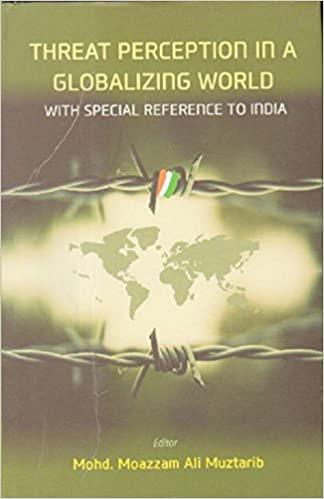
|
Anshuman Behera Associate Professor , Conflict Resolution and Peace Research Programme A New Nepal and Changing Threat Perception for India In: Moazzam Ali’s Changing Threat Perception in a globalizing World: With Special Reference to India, Gyan Publication. pp.288-300. |
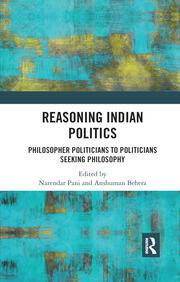
|
Anshuman Behera, Narendar Pani co-authored Associate Professor , Conflict Resolution and Peace Research Programme On the ‘why’ of Indian politics https://www.taylorfrancis.com/chapters/edit/10.4324/9780203702284-1/indian-politics-narendar-pani-anshuman-behera In: Narendar Pani and Anshuman Behera (Eds). Reasoning Indian Politics: Philosopher Politicians to Politicians Seeking Philosophy, Routledge. 2018, pp. 1-22 |
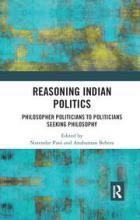
|
Anshuman Behera Associate Professor , Conflict Resolution and Peace Research Programme From Mao to Maoism: The Indian Path https://www.taylorfrancis.com/chapters/edit/10.4324/9780203702284-8/mao-maoism-anshuman-behera In: Narendar Pani and Anshuman Behera (Eds). Reasoning Indian Politics: Philosopher Politicians to Politicians Seeking Philosophy, Routledge. pp. 182-204 |
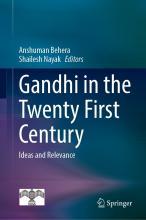
|
Anshuman Behera, Shailesh Nayak co-authored Associate Professor , Conflict Resolution and Peace Research Programme Gandhi in the Twenty-First Century: Ideas and Relevance https://link.springer.com/chapter/10.1007/978-981-16-8476-0_1 In: Anshuman Behera & Shialesh Nayak (Eds). Gandhi in the Twenty First Century: Ideas and Relevance. Singapore: Springer Nature. pp. 3-16 |
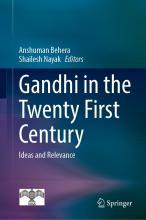
|
Anshuman Behera Associate Professor , Conflict Resolution and Peace Research Programme Peaceful Resolution of Violent Conflicts in India: The Gandhian Way https://link.springer.com/chapter/10.1007/978-981-16-8476-0_12 In Anshuman Behera & Shialesh Nayak (Eds). Gandhi in the Twenty First Century: Ideas and Relevance. Springer Nature. pp. 175-188 |
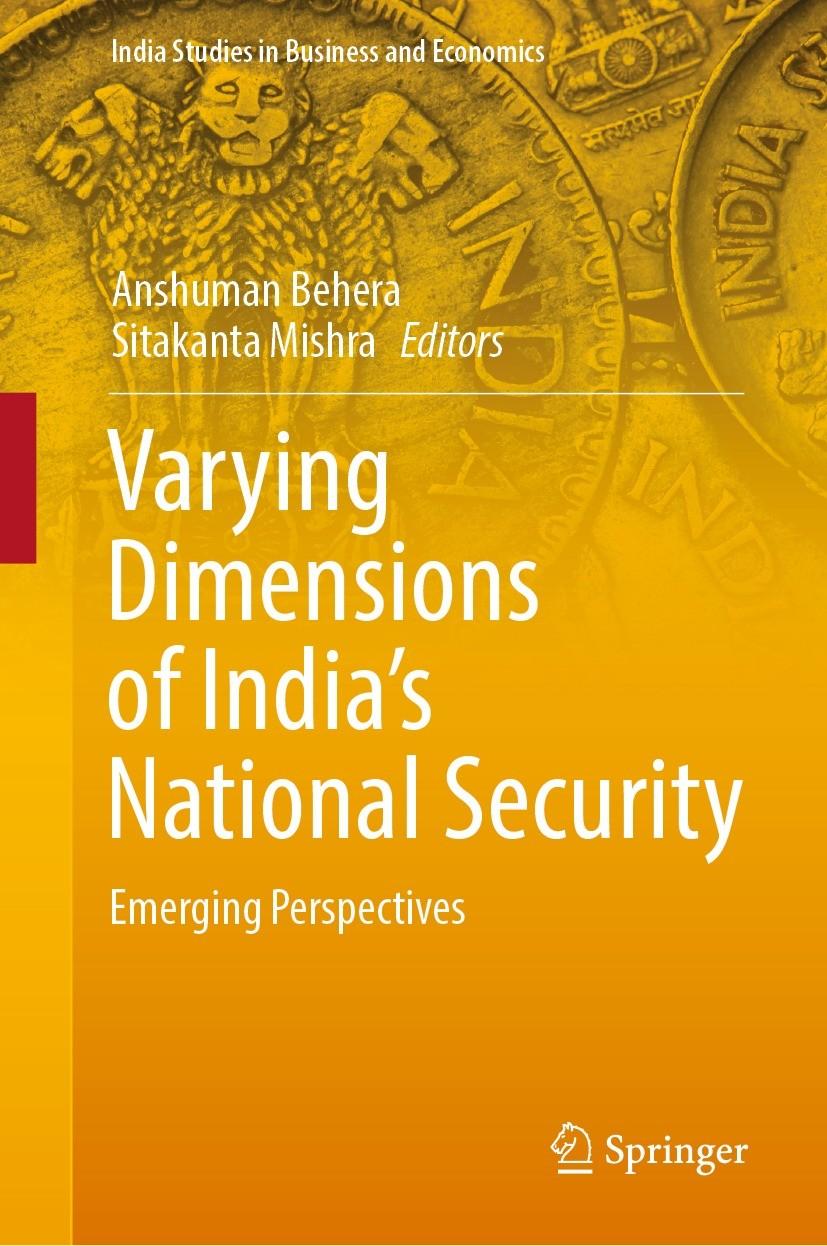
|
Anshuman Behera, Areeba Ahsanat Moazzam co-authored Associate Professor , Conflict Resolution and Peace Research Programme India’s National Security Discourse: A Conceptual Introduction https://link.springer.com/chapter/10.1007/978-981-16-7593-5_1 In: Anshuman Behera and Sitakant Mishra (Eds). Varying Dimensions of India’s National Security: Emerging Perspectives. Springer Nature. pp. 3-16 |

|
Anshuman Behera, Surinder Kumar Sharma co-edited Militant Groups in South Asia https://idsa.in/book/MilitantGroupsinSouthAsia Pentagon Press, 2014 |
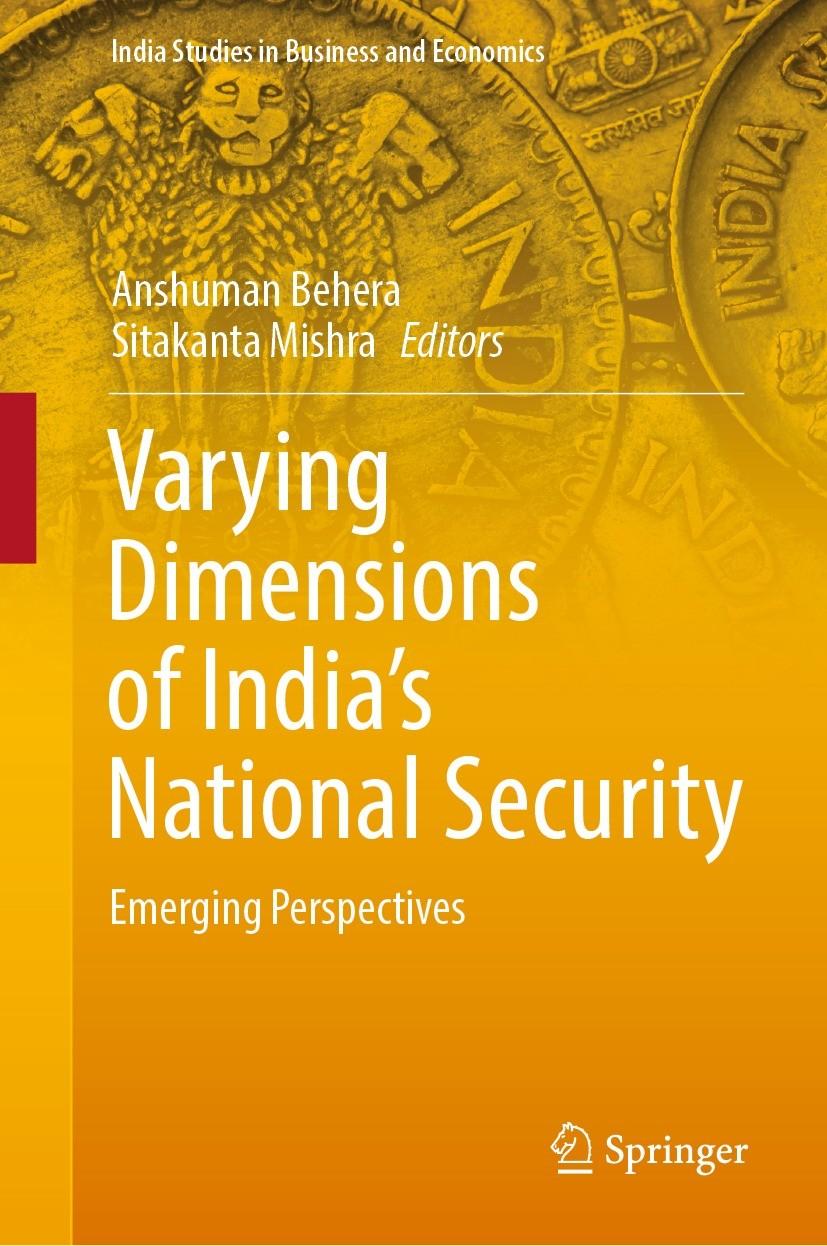
|
Anshuman Behera, Sitakanta Mishra co-edited Varying Dimensions of India’s National Security: Emerging Perspectives https://link.springer.com/book/10.1007/978-981-16-7593-5 Springer Nature. 2022 |
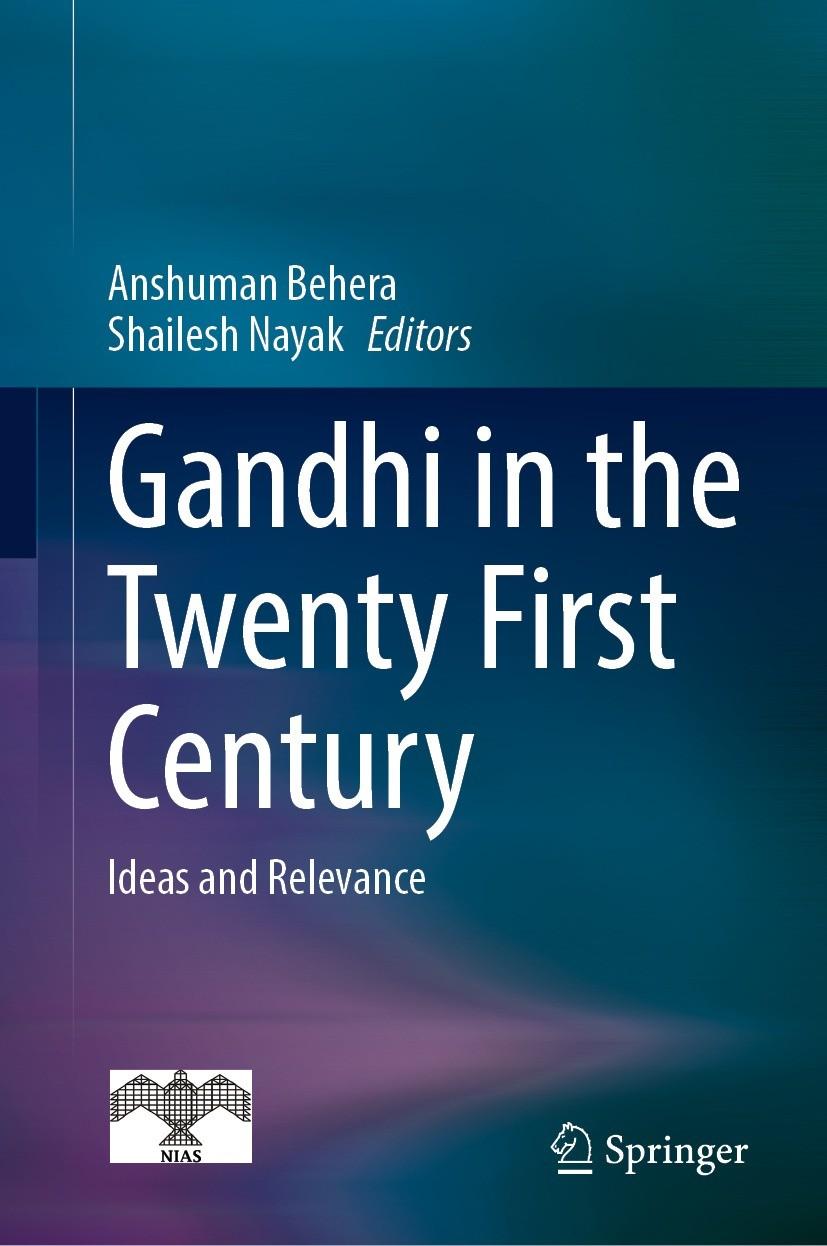
|
Anshuman Behera, Shailesh Nayak Associate Professor , Conflict Resolution and Peace Research Programme Gandhi in the Twenty First Century: Ideas and Relevance https://link.springer.com/book/10.1007/978-981-16-8476-0 Springer Nature. 2022 |

|
Anshuman Behera, Niranjan Sahoo co-authored Associate Professor, Conflict Resolution and Peace Research Programme 2019 Elections: Can the BJP pull off a Tripura in Odisha polls? Dailyo, 15 April 2019. |

|
Anshuman Behera Associate Professor, Conflict Resolution and Peace Research Programme Consequences of Delinquency. DNA, 29 May 2019. |
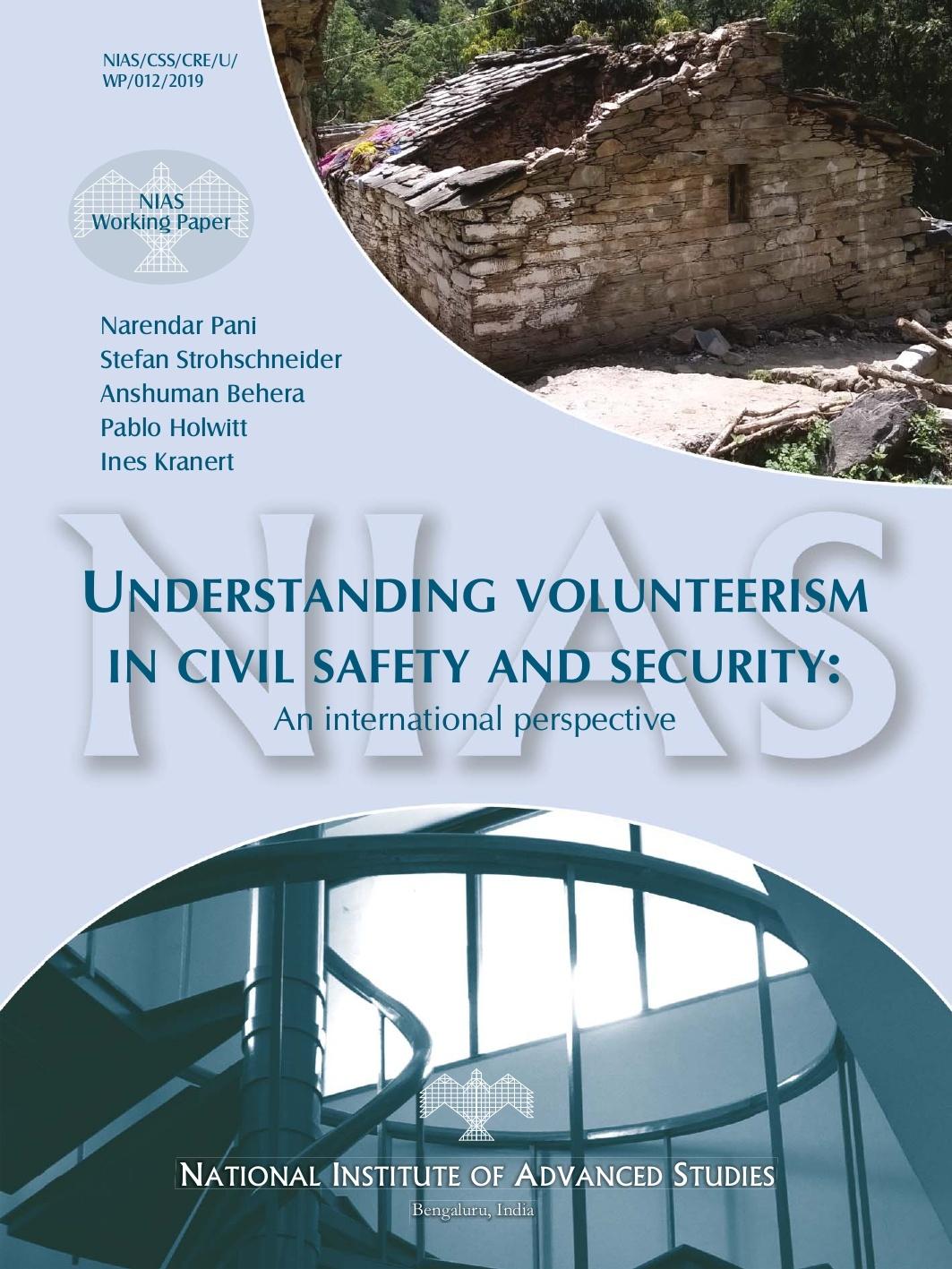
|
Anshuman Behera co-authored Associate Professor, Conflict Resolution and Peace Research Programme Understanding Volunteerism in Civil Safety and Security: An International Perspective (NIAS Working Paper No. NIAS/CSS/CRE/U/WP/012/2019). |

|
Anshuman Behera Associate Professor, Conflict Resolution and Peace Research Programme Causes of fire. The Telegraph |

|
Anshuman Behera Associate Professor, Conflict Resolution and Peace Research Programme Dialogue with dissent: Maoist movement. The Telegraph |

|
Anshuman Behera Associate Professor, Conflict Resolution and Peace Research Programme Vulnerabilities of migrant workers ETV Bharat |

|
Anshuman Behera Associate Professor, Conflict Resolution and Peace Research Programme Nepal's territorial assertion is mere political posturing The Hindu BusinessLine |

|
Anshuman Behera Associate Professor, Conflict Resolution and Peace Research Programme Maoist mayhem under new leadership. The Pioneer |
| |
D Suba Chandran Implications on Conflict Patterns and Regional Cooperation Process in South Asia. In: Implications of COVID-19 for South Asia: Civil Society Perspectives, Colombo: RCSS. |
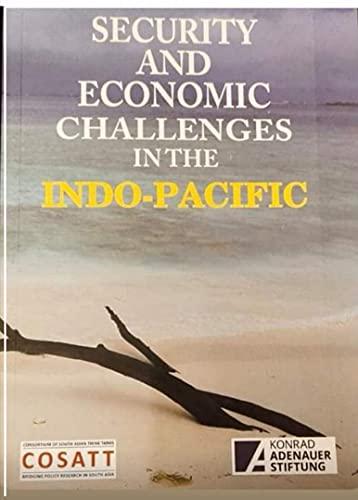
|
D Suba Chandran India and the Indo-Pacific: Ideas, strategies and challenges In: Security and Economic Challenges in the Indo-Pacific. COSATT and Political Dialogue Asia Programme, Konrad Adenauer Stiftung. Kathmandu. pp. 47-61. |
| |
D Suba Chandran Radicalisation in South Asia: Left, Right and Secular In: United by Violence, Divided by Cause?: A Comparison of Drivers of Radicalisation and Violence in Asia and Europe edited by La Toya Waha. Nomos Verlagsgesellschaft Mbh & Co. pp. 141-15. |
| |
D Suba Chandran Human security in south Asia: is the region ready? can the state deliver? essay from India In: Human Security in South Asia: Concept, Environment and Development edited by Adluri Subramanyam Raju. New Delhi: Routledge, pp. 60-68. |
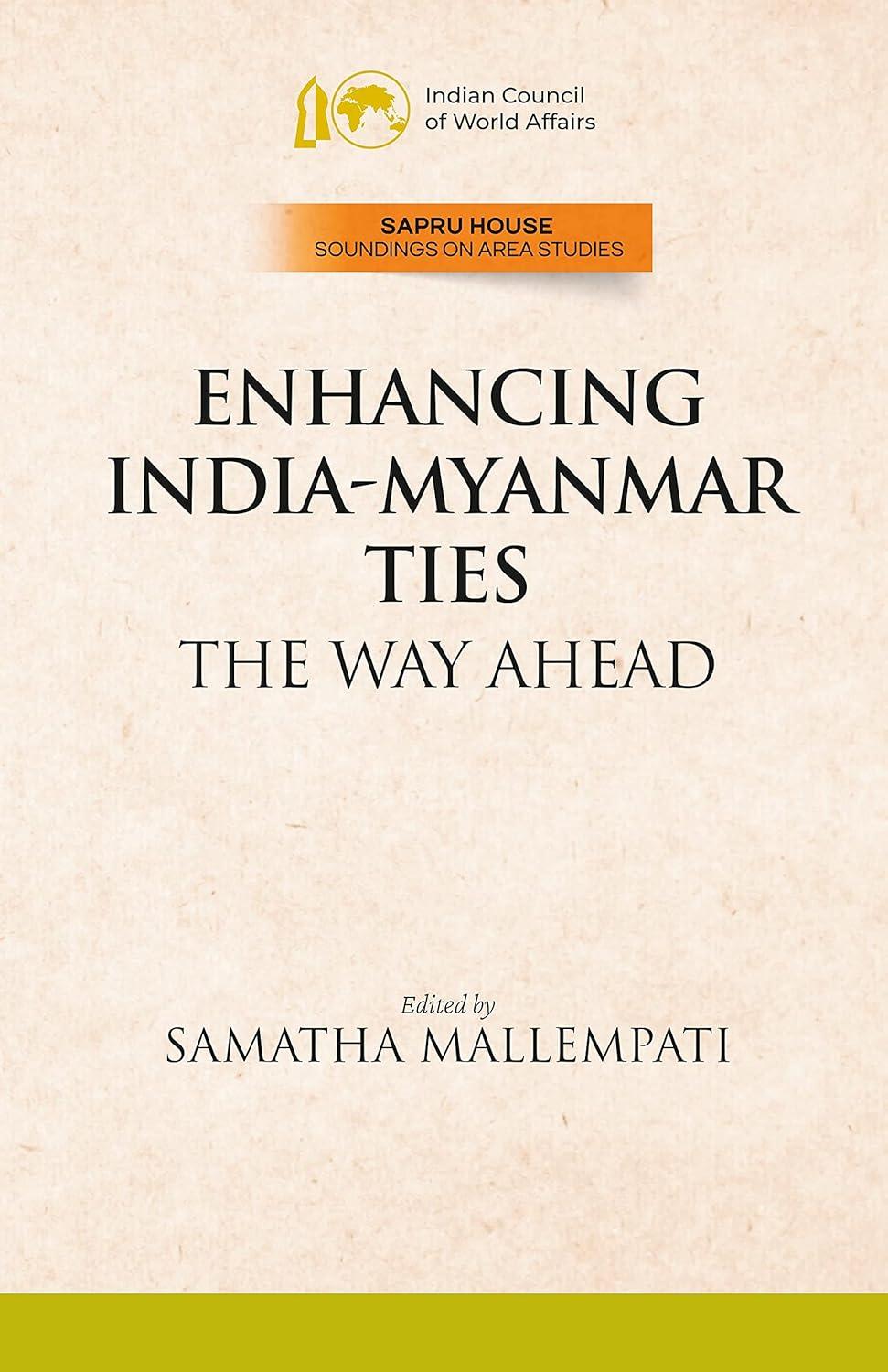
|
Anshuman Behera, Aparupa Bhattacherjee co-authored Associate Professor, Conflict Resolution and Peace Research Programme Insurgencies and Ungoverned Territories on the India-Myanmar Border: Implications of Bilateral Relations In: Samatha Mallempati (Ed). Enhancing India Myanmar Ties: The Way Ahead. New Delhi: ICWA & KW Publishers, pp. 22-31. |
| |
Anshuman Behera, Baldev Raj (253), P S Goel (546) Associate Professor , Conflict Resolution and Peace Research Programme Sustaining Excellence and Relevance in an Organization: A Joint Study between NIAS and NITI Aayog NIAS- R63-2018 |
| |
Anshuman Behera Associate Professor , Conflict Resolution and Peace Research Programme Natural Resource, Conflict and People’s Movement: A Strategy for Resolution http://ec2-3-108-111-222.ap-south-1.compute.amazonaws.com/niastestweb/sites/default/files/2022-03/2020-PB-13-Anshuman-Behera.pdf NIAS Policy Brief. NIAS/CSS/CRPR/U/PB/13/2020 |
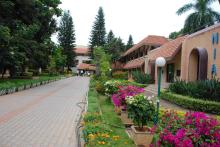
|
Workshop The Ukraine War and Global Order Conflict Resolution and Peace Research Programme Conference Hall, First Floor, University of Madras 05th Aug 2023, 1330-1730 hrs |

|
NIAS-IPRI Lecture Women, Peace and Security: Where Now, and What Next Dr Mallika Joseph A Conflict Resolution and Peace Research Programme Conference Hall-I, Kristu Jayanti College 23 August, Tuesday, 1500 hrs |
| |
IPRI-KAS-TISS Workshop Forced Displacement: A review of UNHCR 2022 report Conflict Resolution and Peace Research Programme NIAS Conference Room 14 July 2022 |
| |
IPRI-KAS Lecture The Global Refugee Regime Dr KM Parivelan, Associate Professor and Chairperson, Center of Statelessness and Refugee Studies, TISS Mumbai Conflict Resolution and Peace Research Programme NIAS Conference Room 14 July 2022 |
| NIAS Lectures on Contemporary Pakistan How the Establishment controls the institutions, people and Pakistan's destiny Mr Rana Banerji Pakistan Reader (PR)Conflict Resolution and Peace Research Programme, National Institute of Advanced Studies, Bangalore Virtual January 29, 2021 |
Conflict Weekly
CW is published by the Programme every Wednesday. It is an academic initiative by the NIAS International Peace Research Initiative (IPRI) within the CRPR Programme, and the KAS-India Office to track, interpret and analyse conflicts and peace processes across the world. Conflict Weekly brings to the research community every Wednesday, as a weekly alert of events, updates, and analyses on potential and ongoing peace processes and conflicts across different regions.
IPRI Peace Lectures
Initiated at the National Institute of Advanced Studies (NIAS) in 2018, the International Peace Research Initiative (IPRI) pursues peace research as an independent discipline outside the conflict and security studies. As part of its activities, the IPRI organises a series of Peace Lectures, inviting scholars and subject experts from across the world to interact with young scholars from partner institutions.


